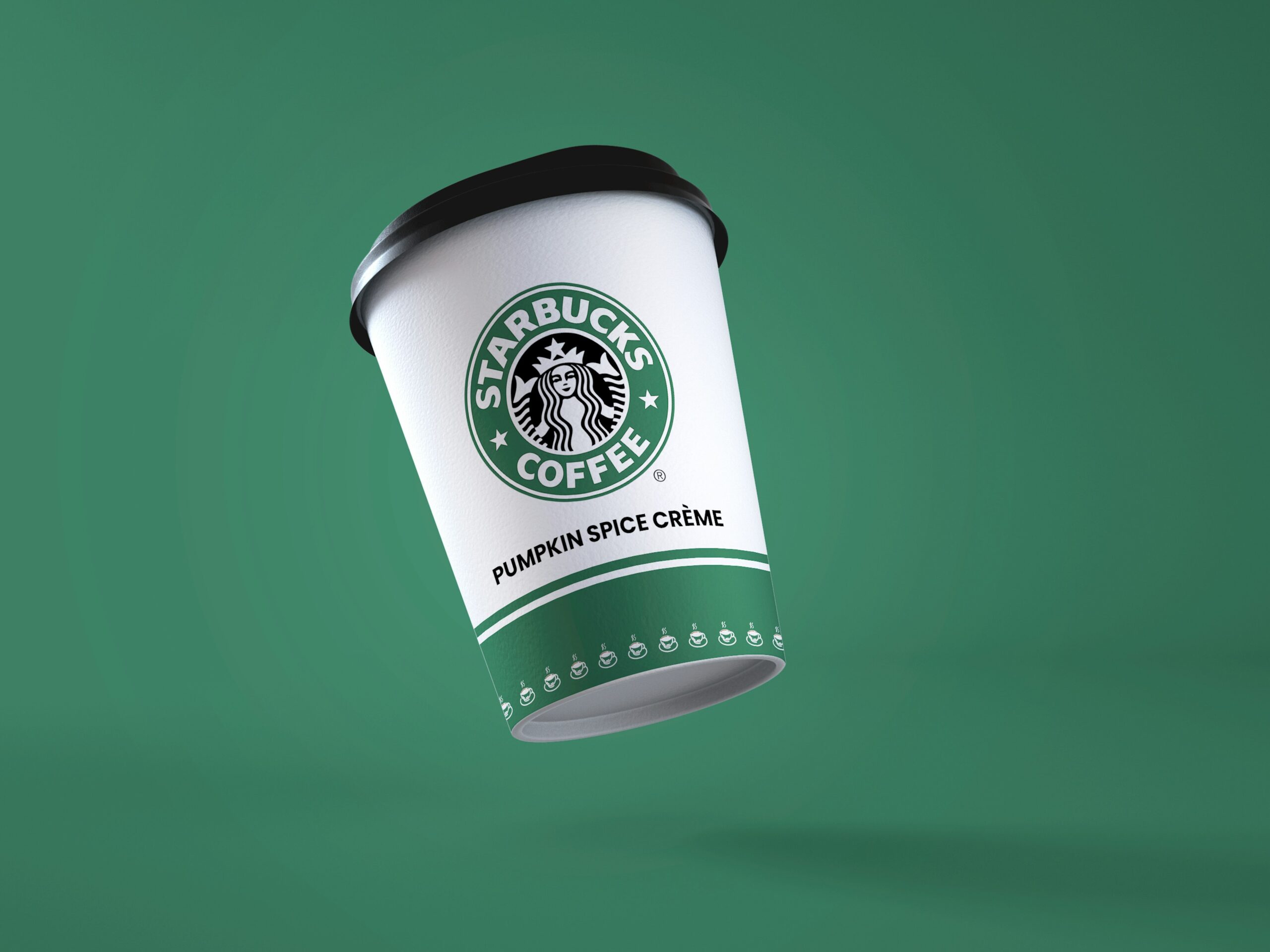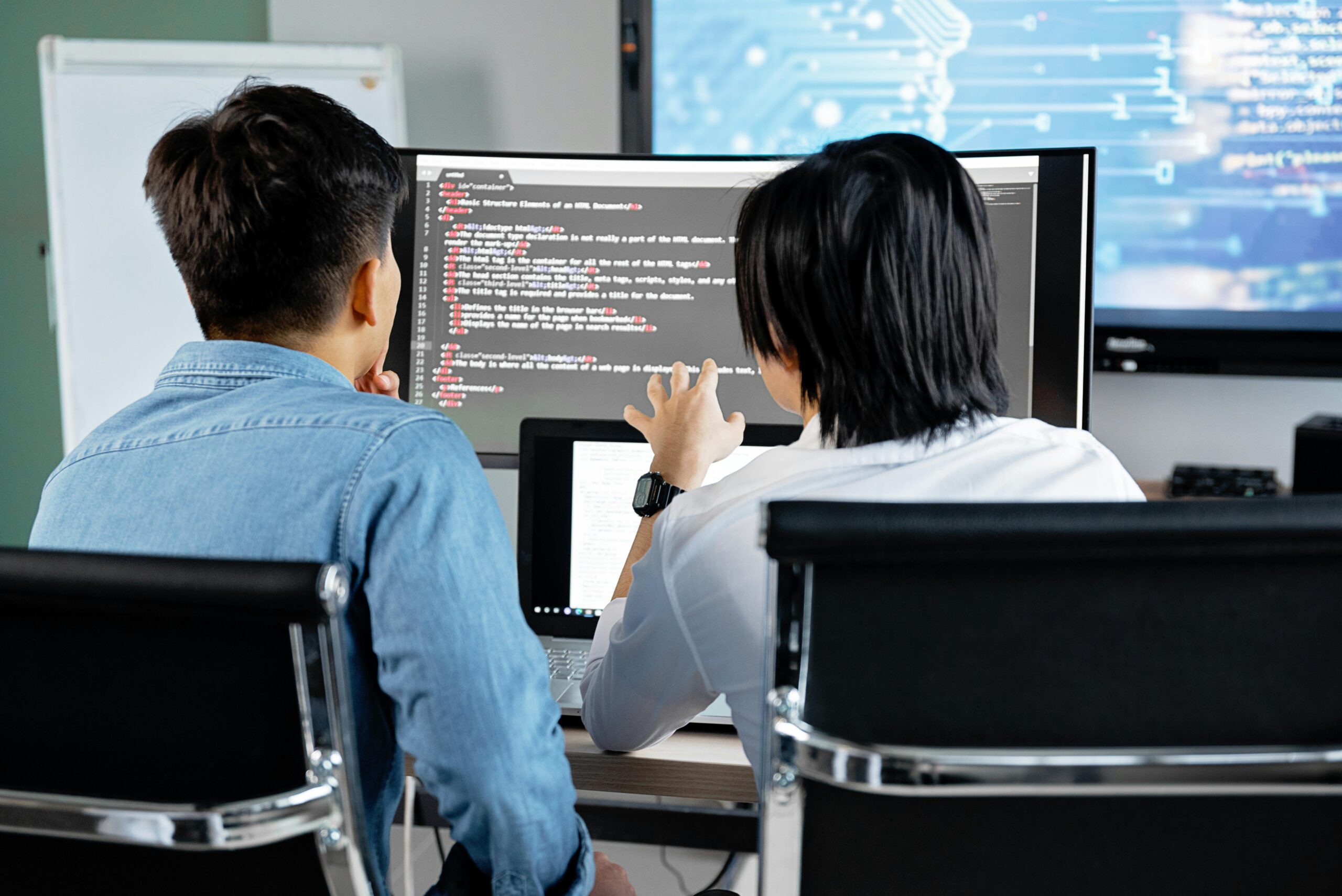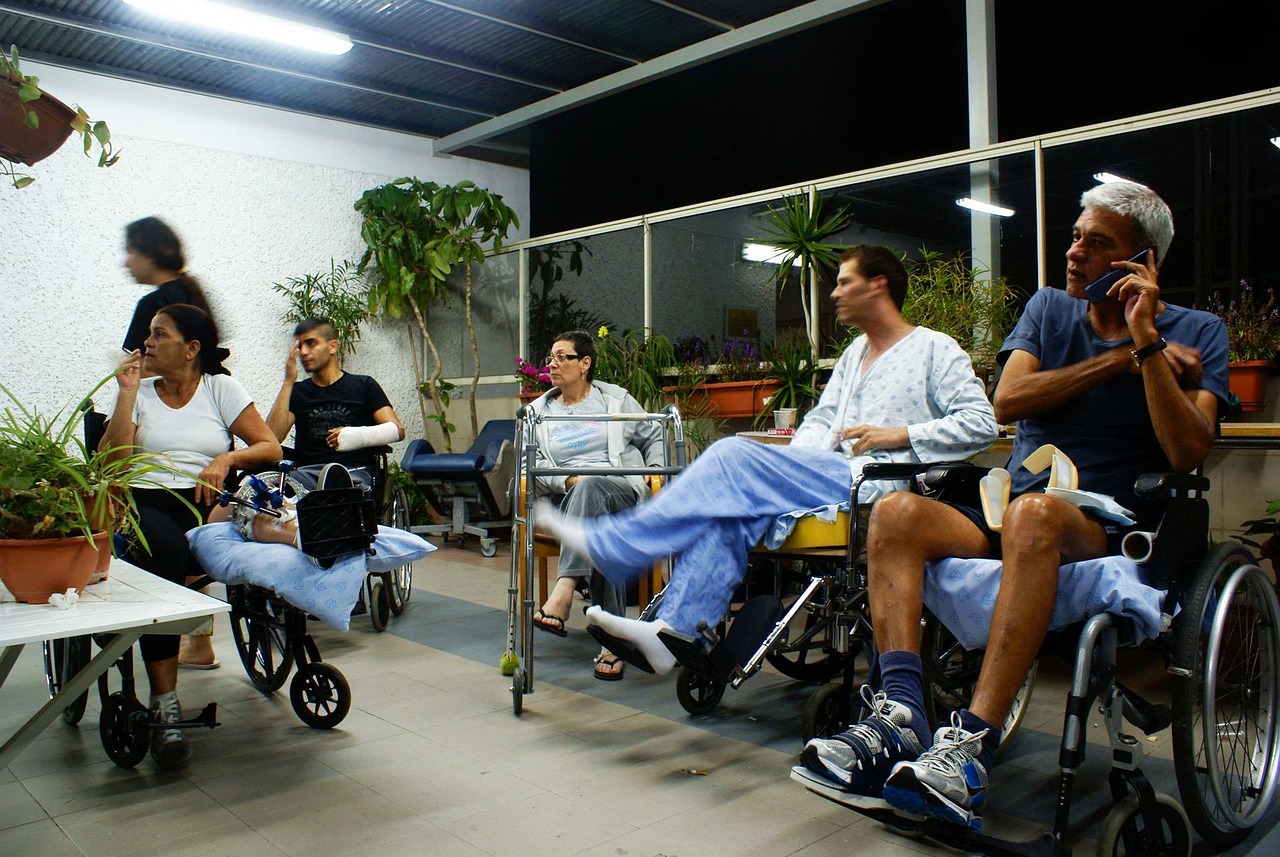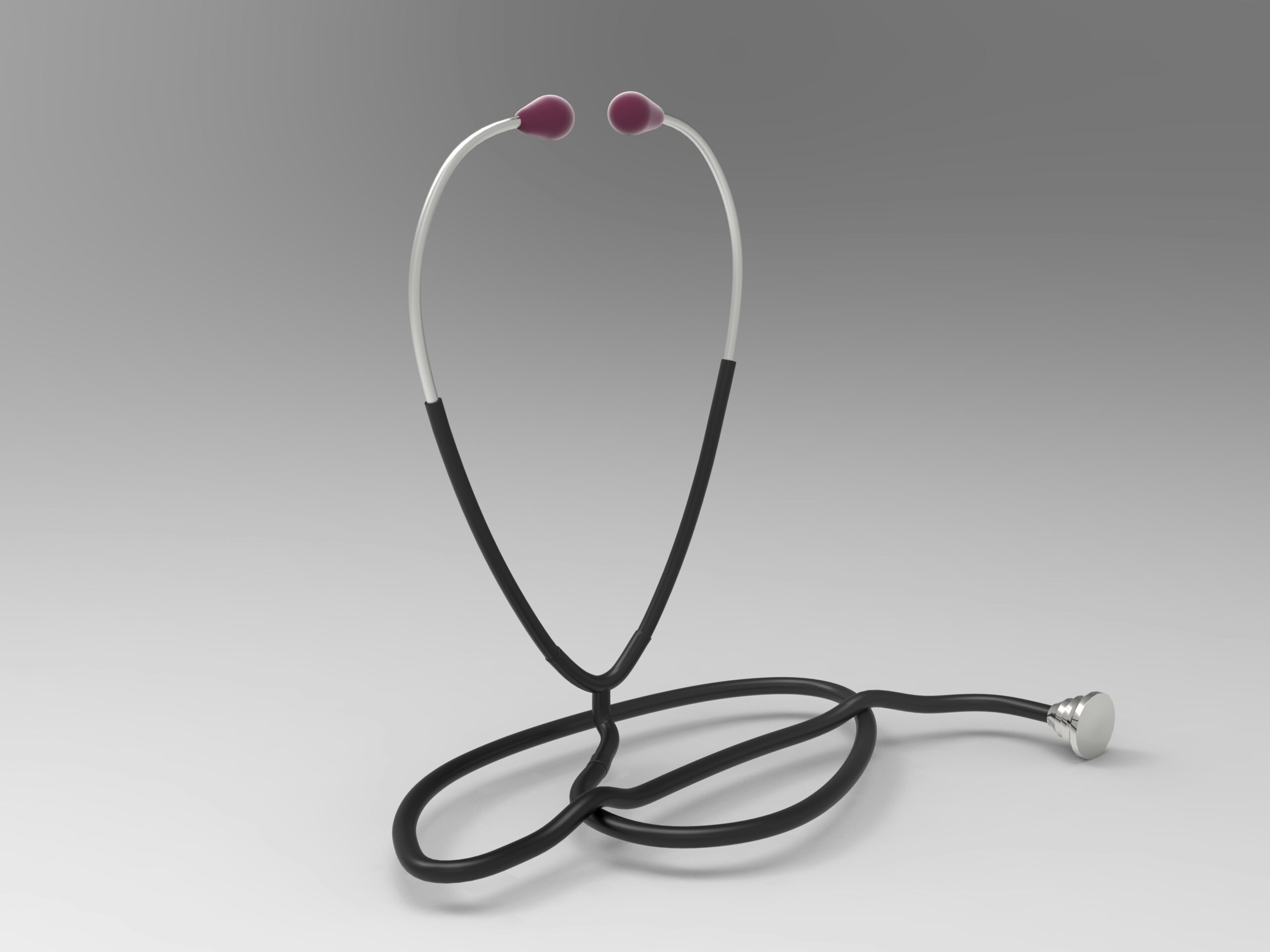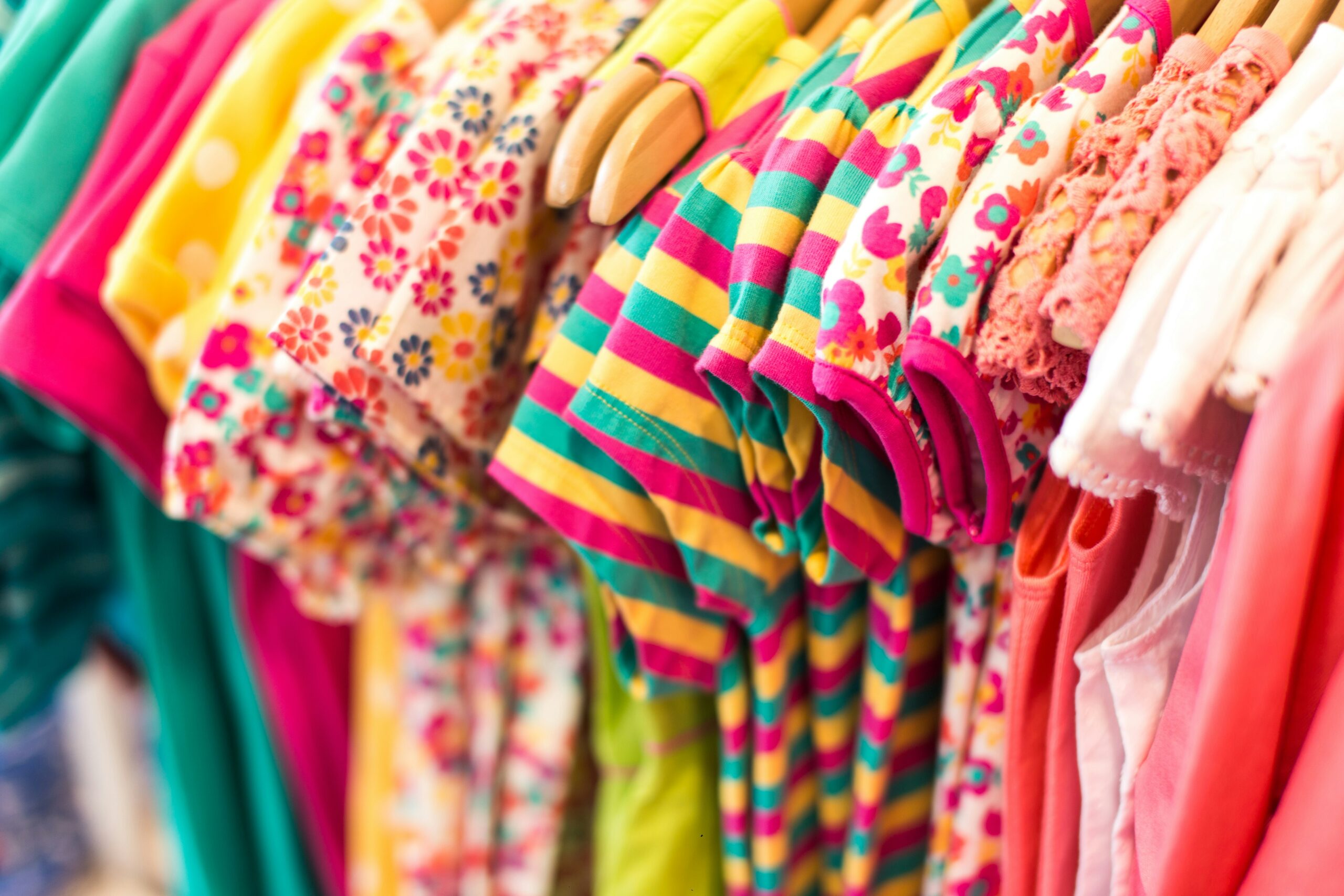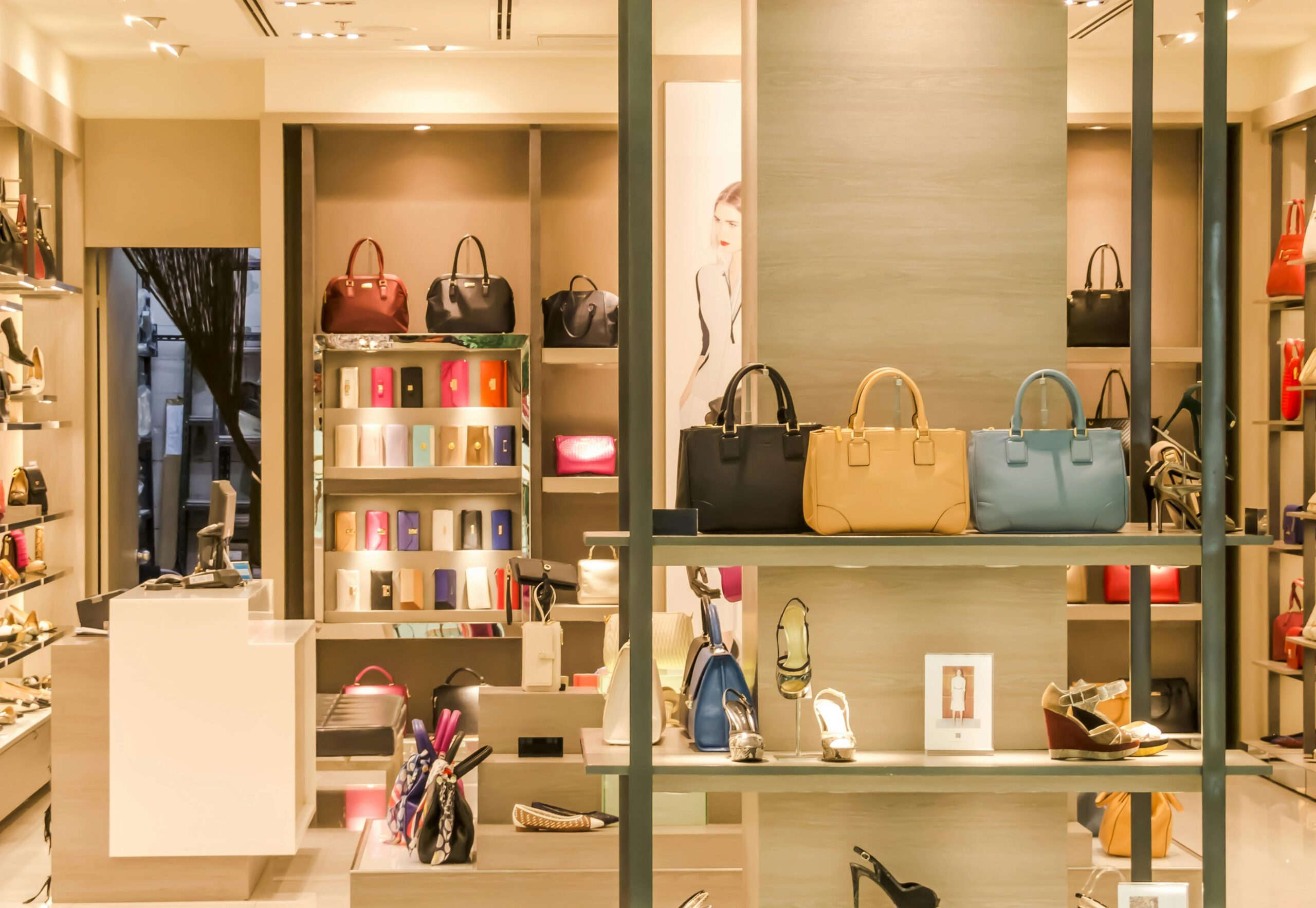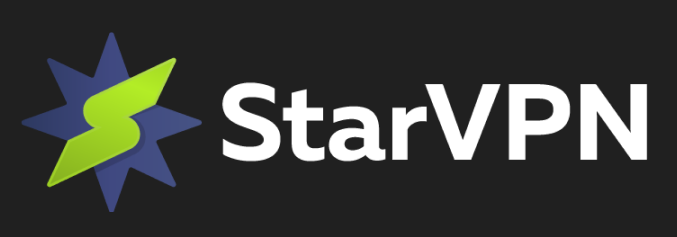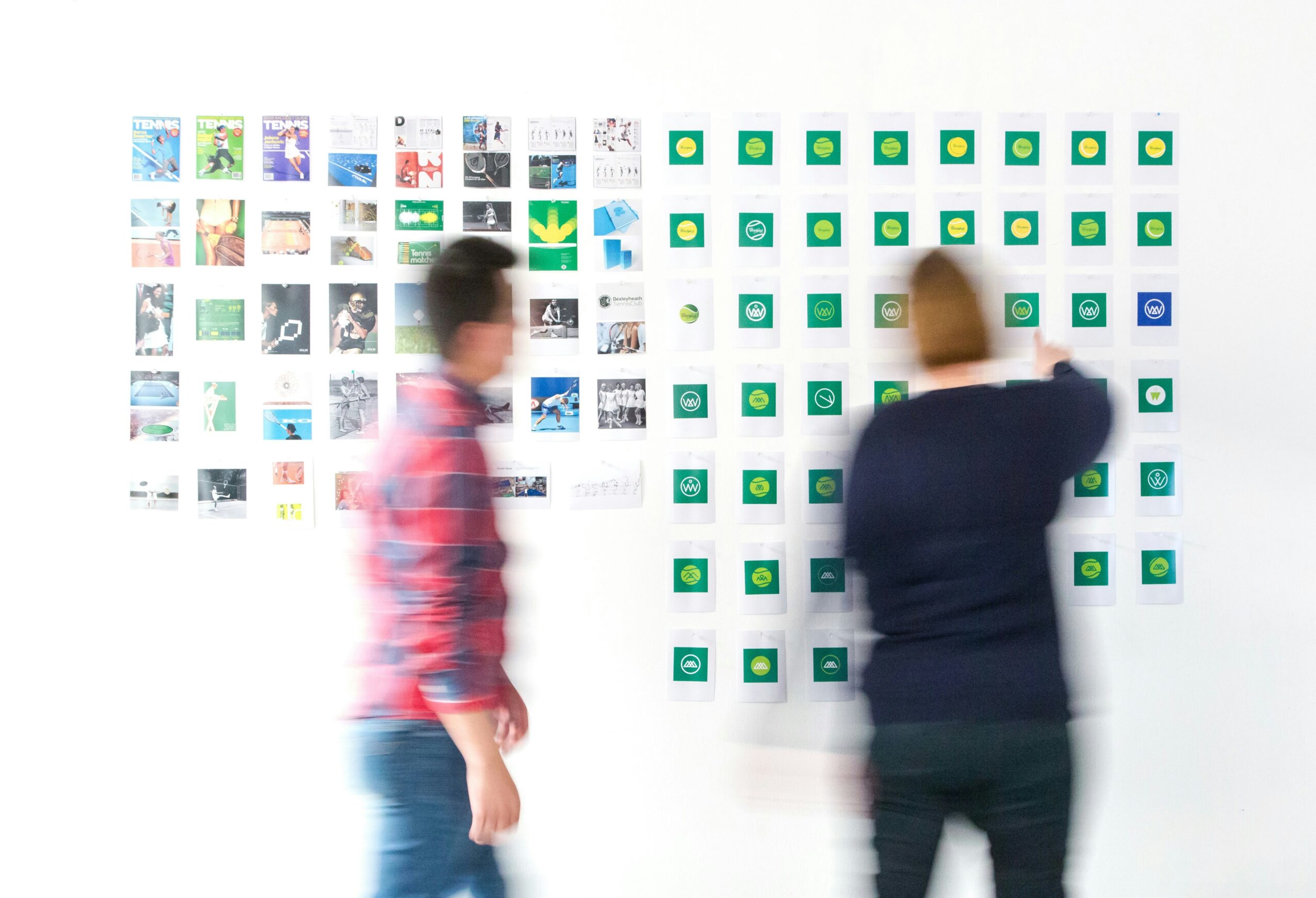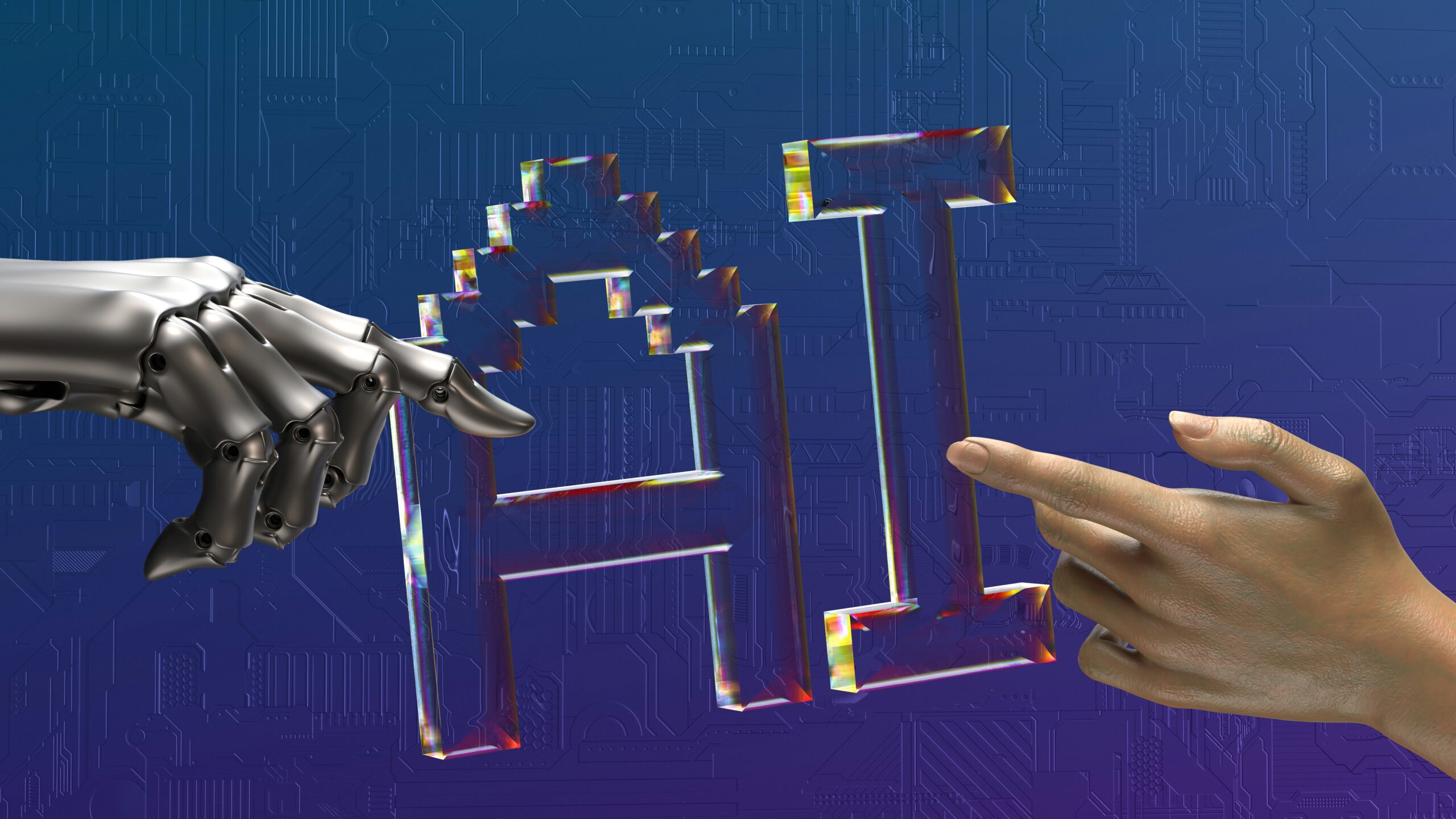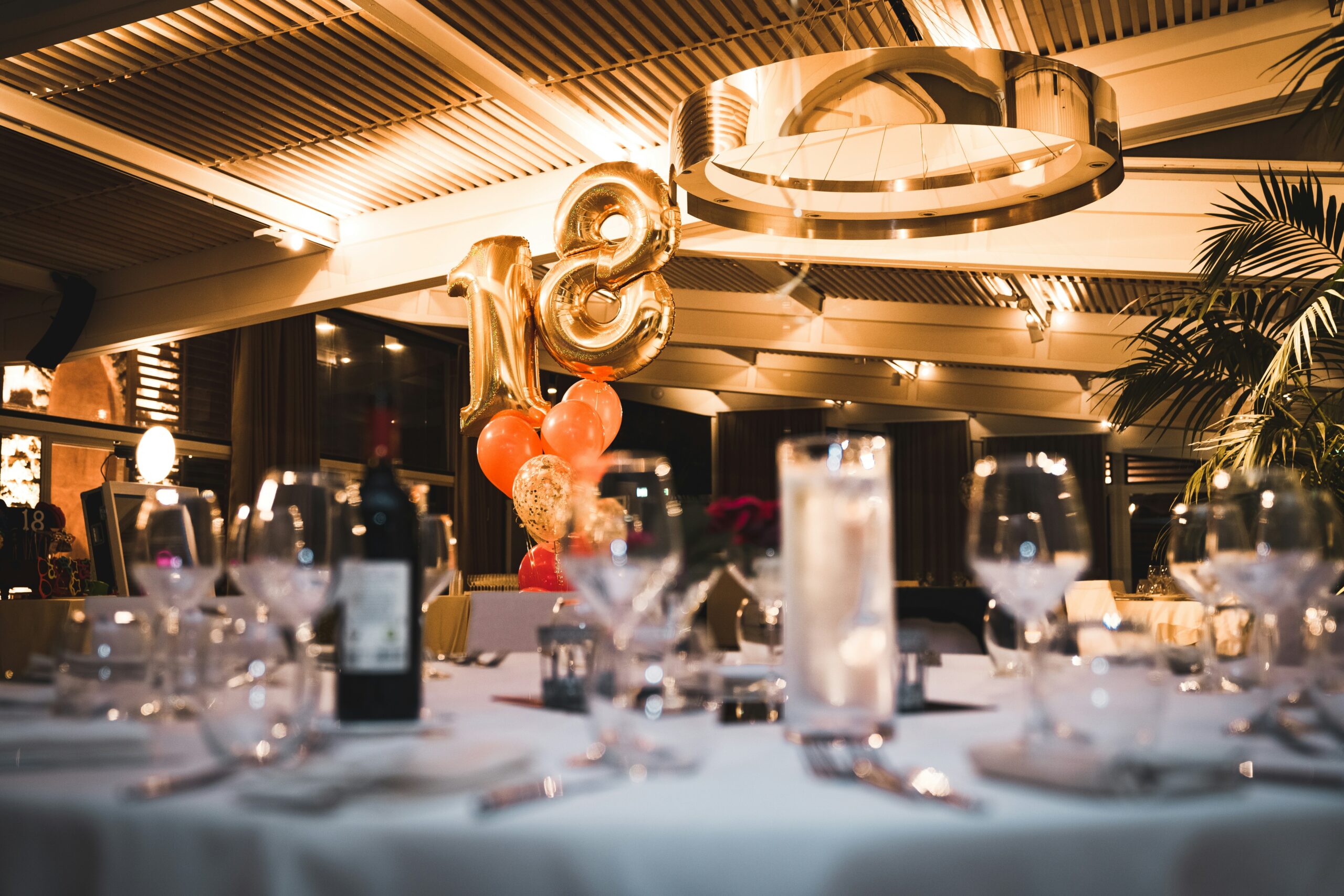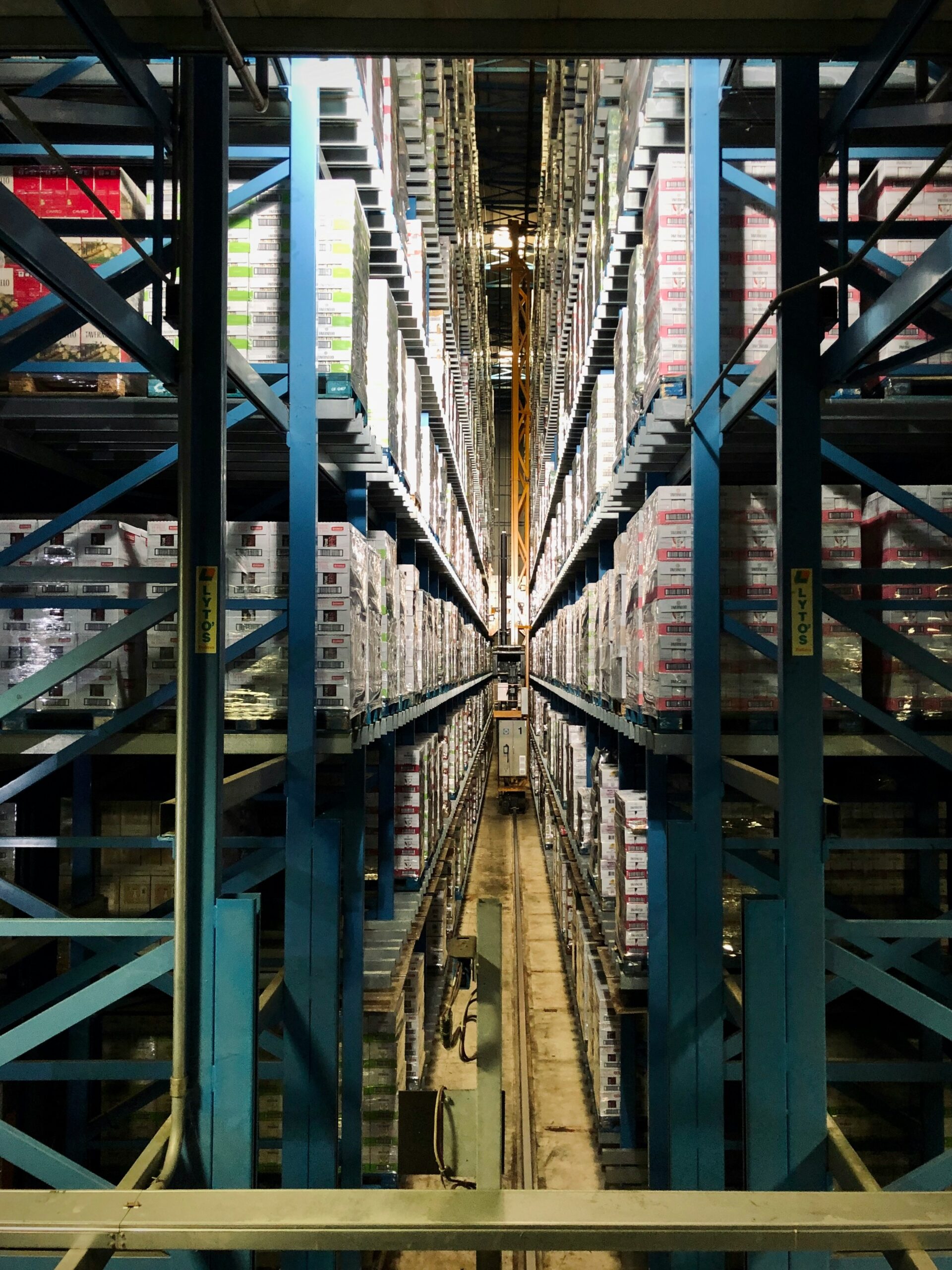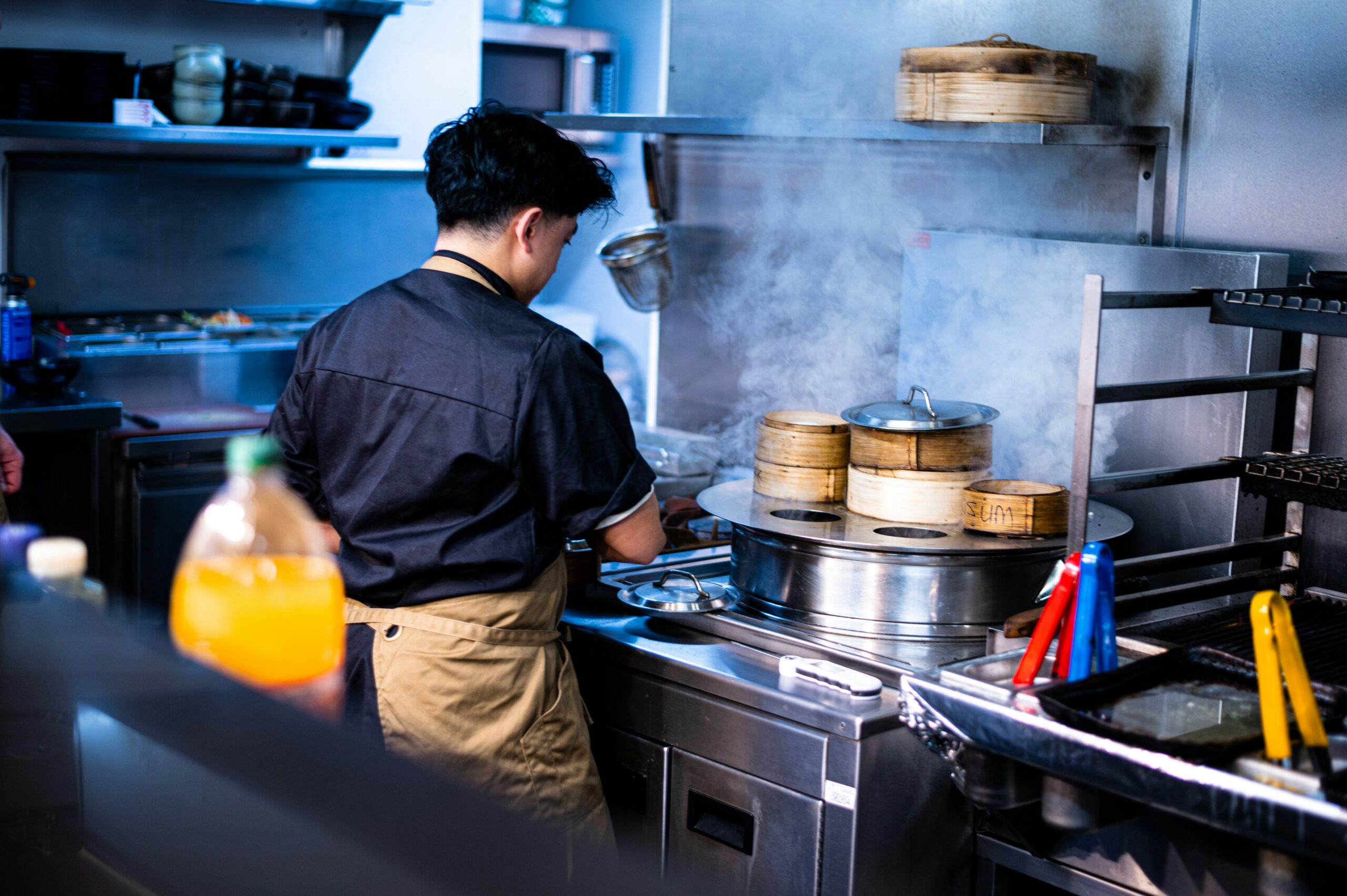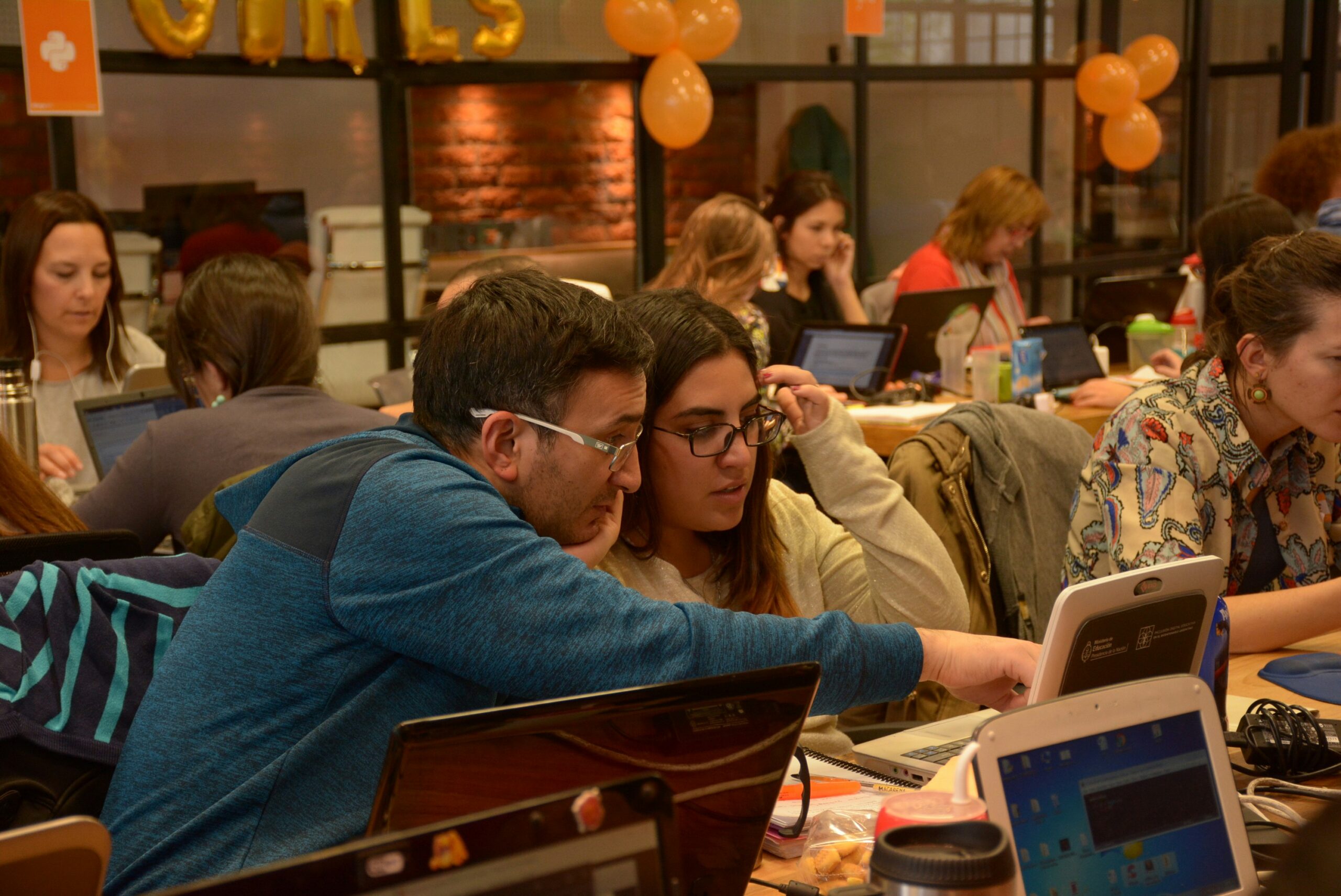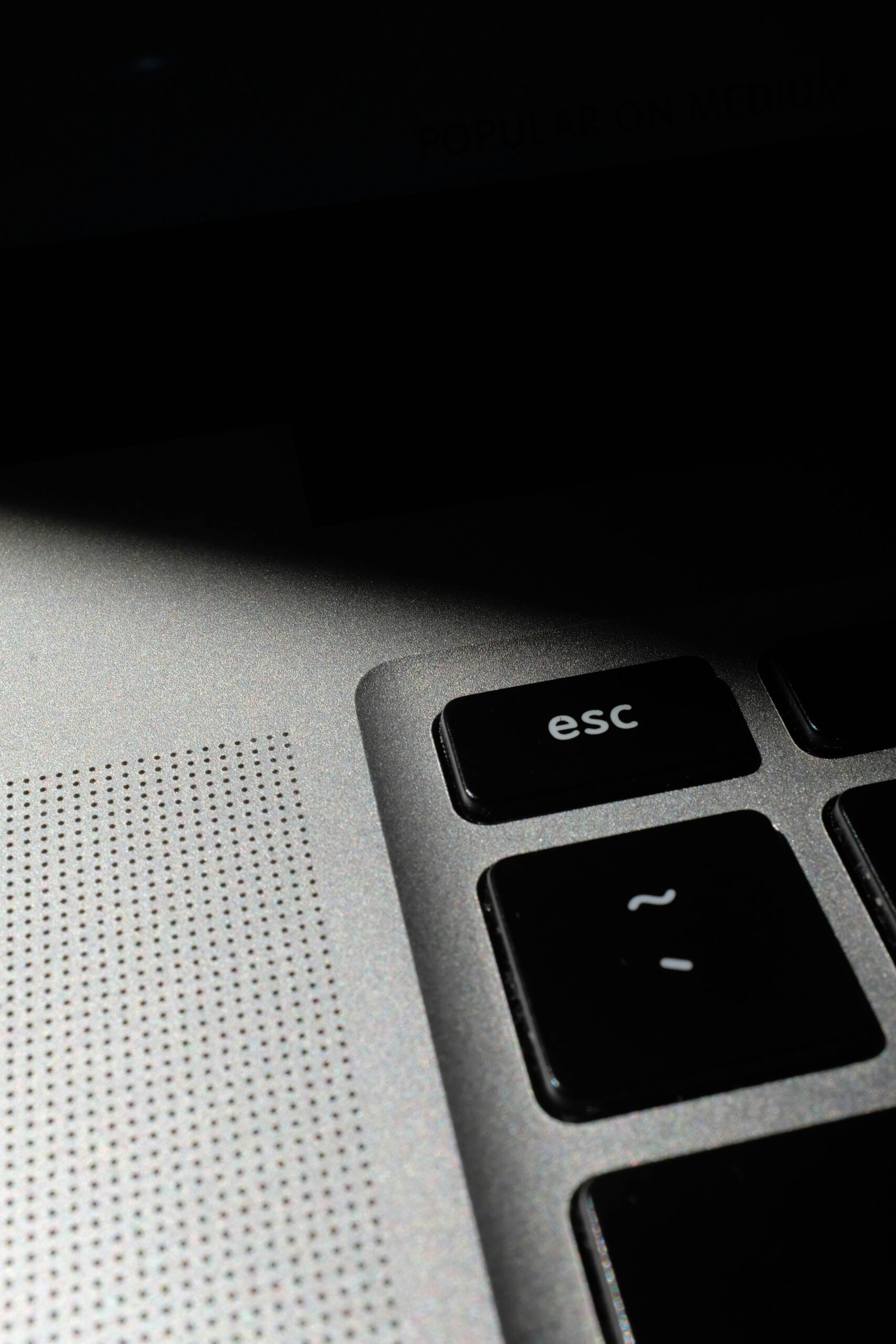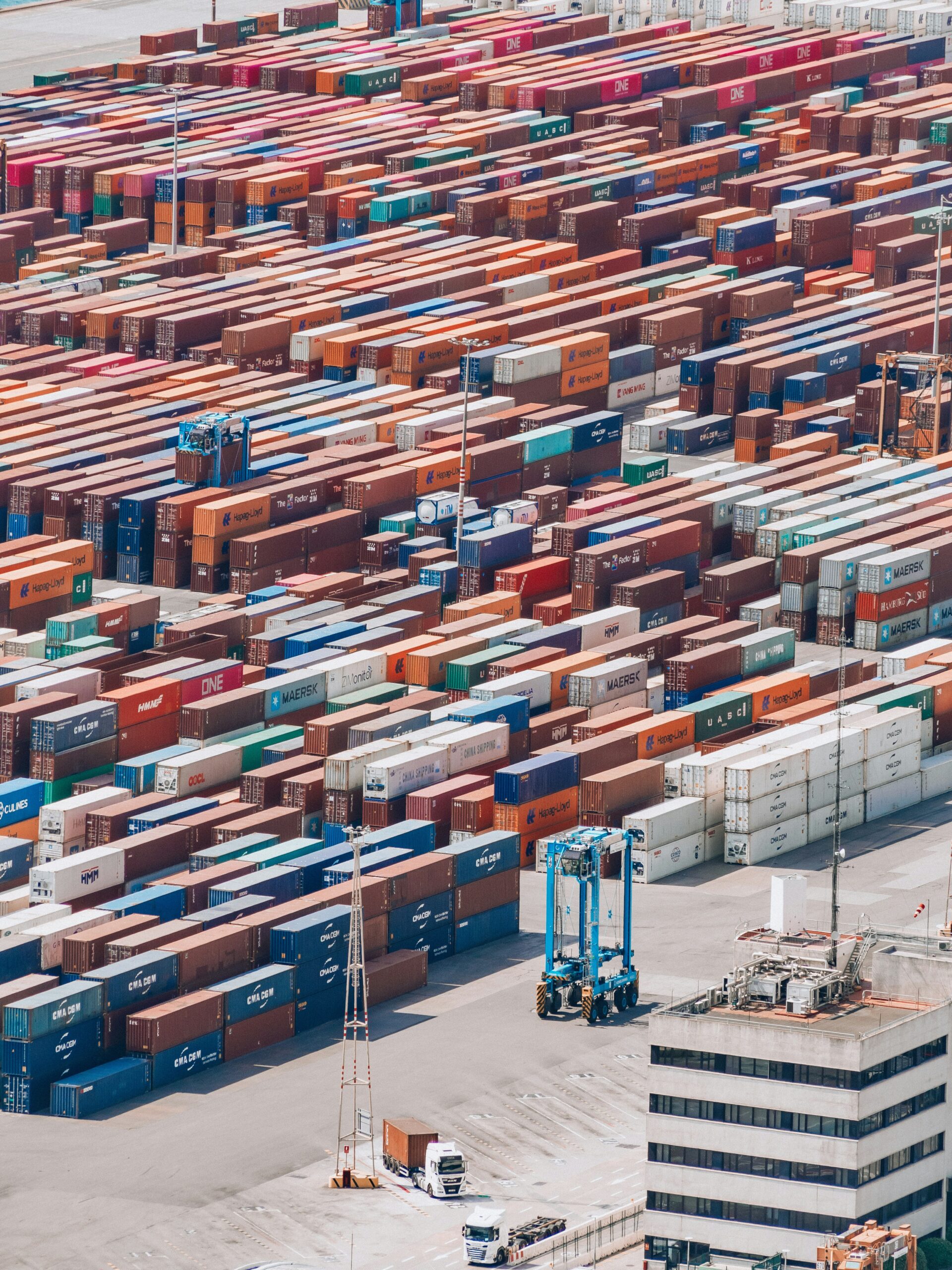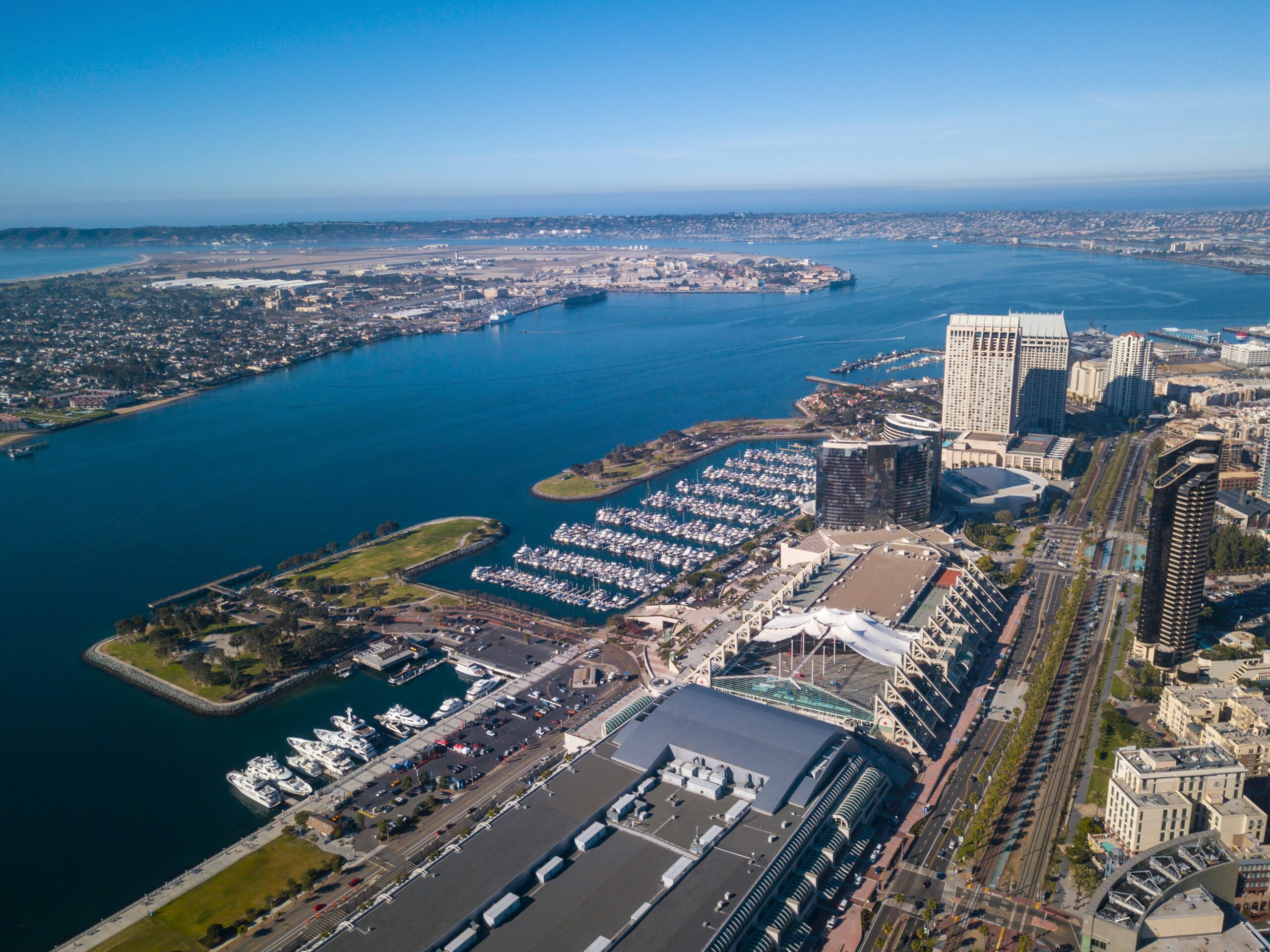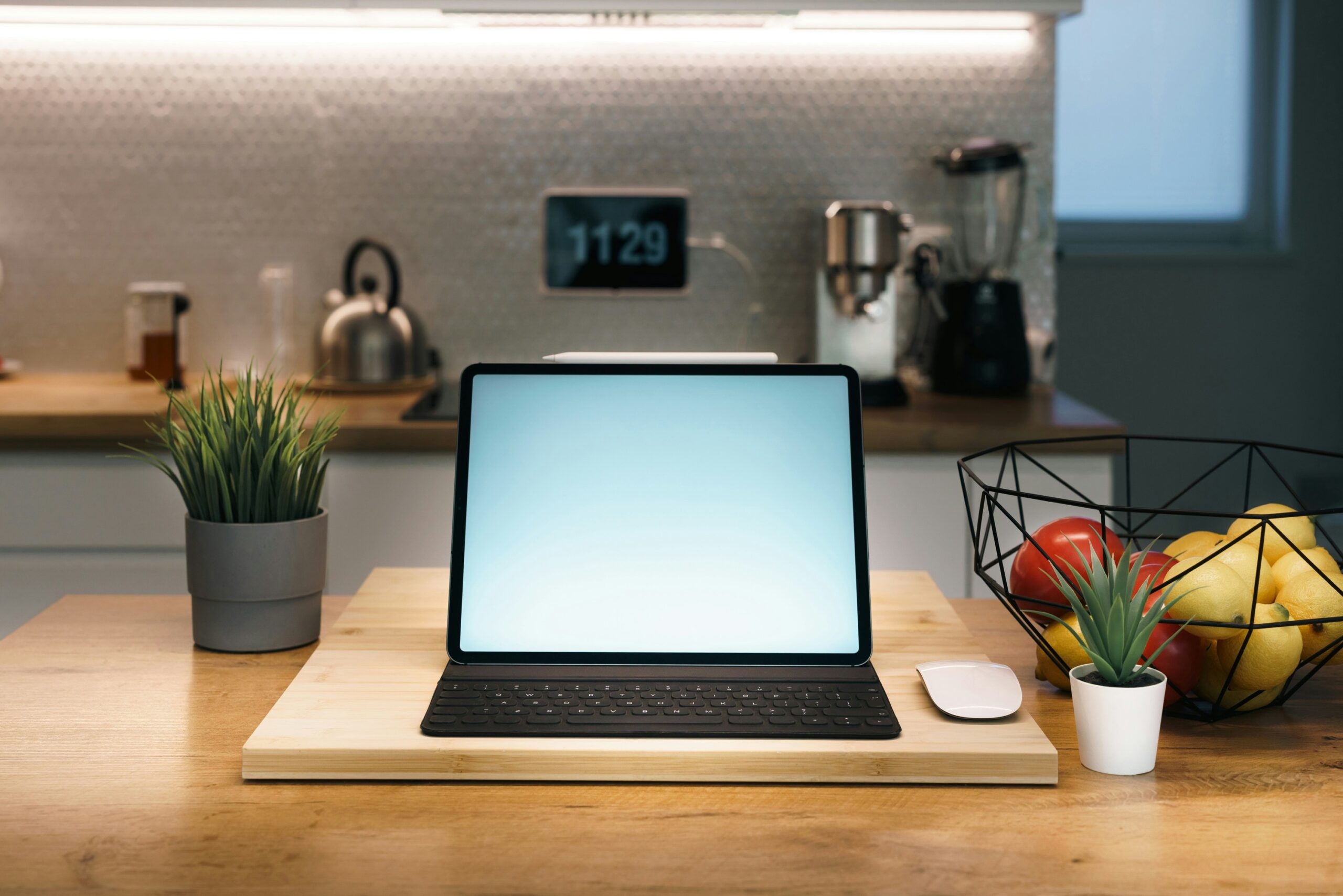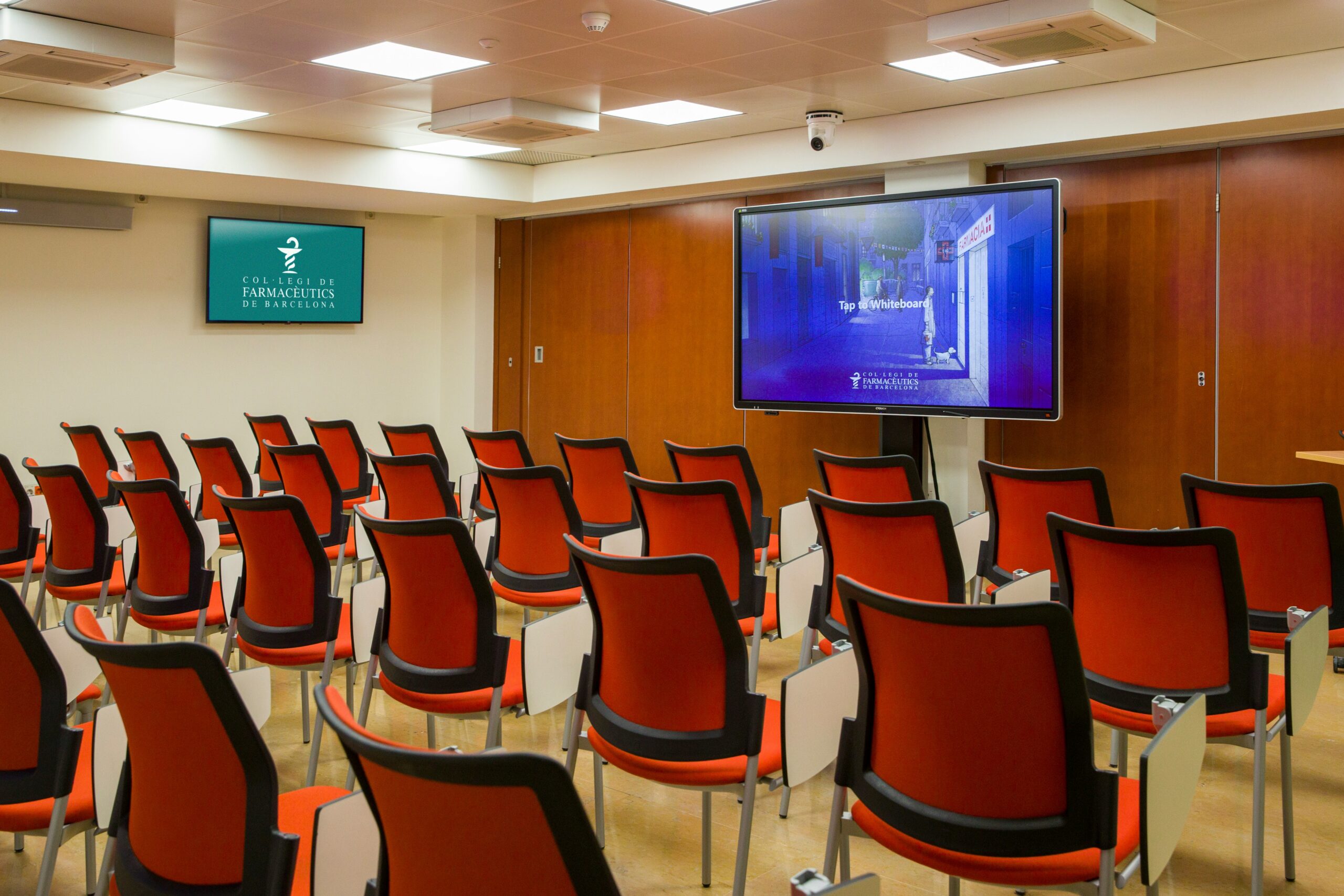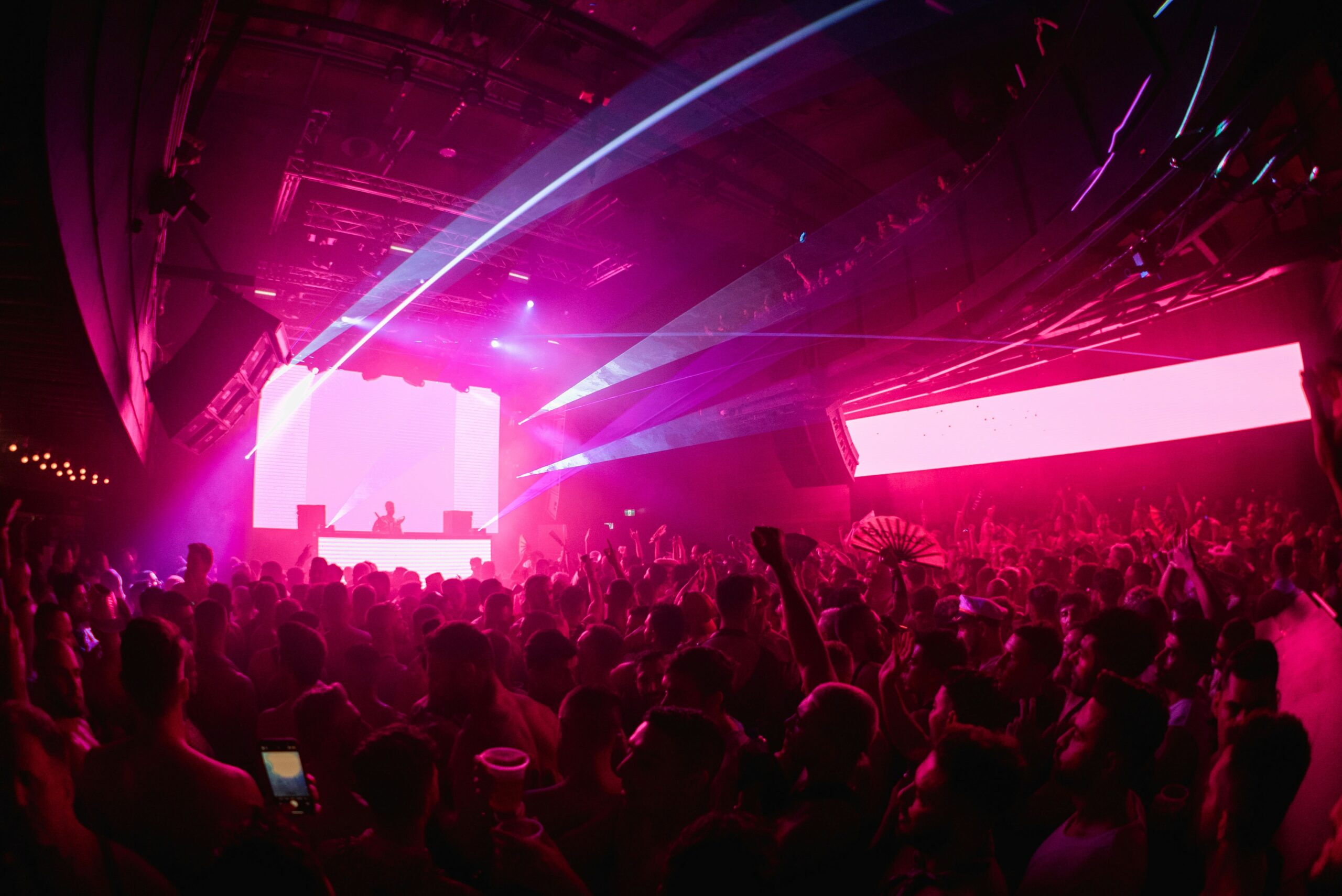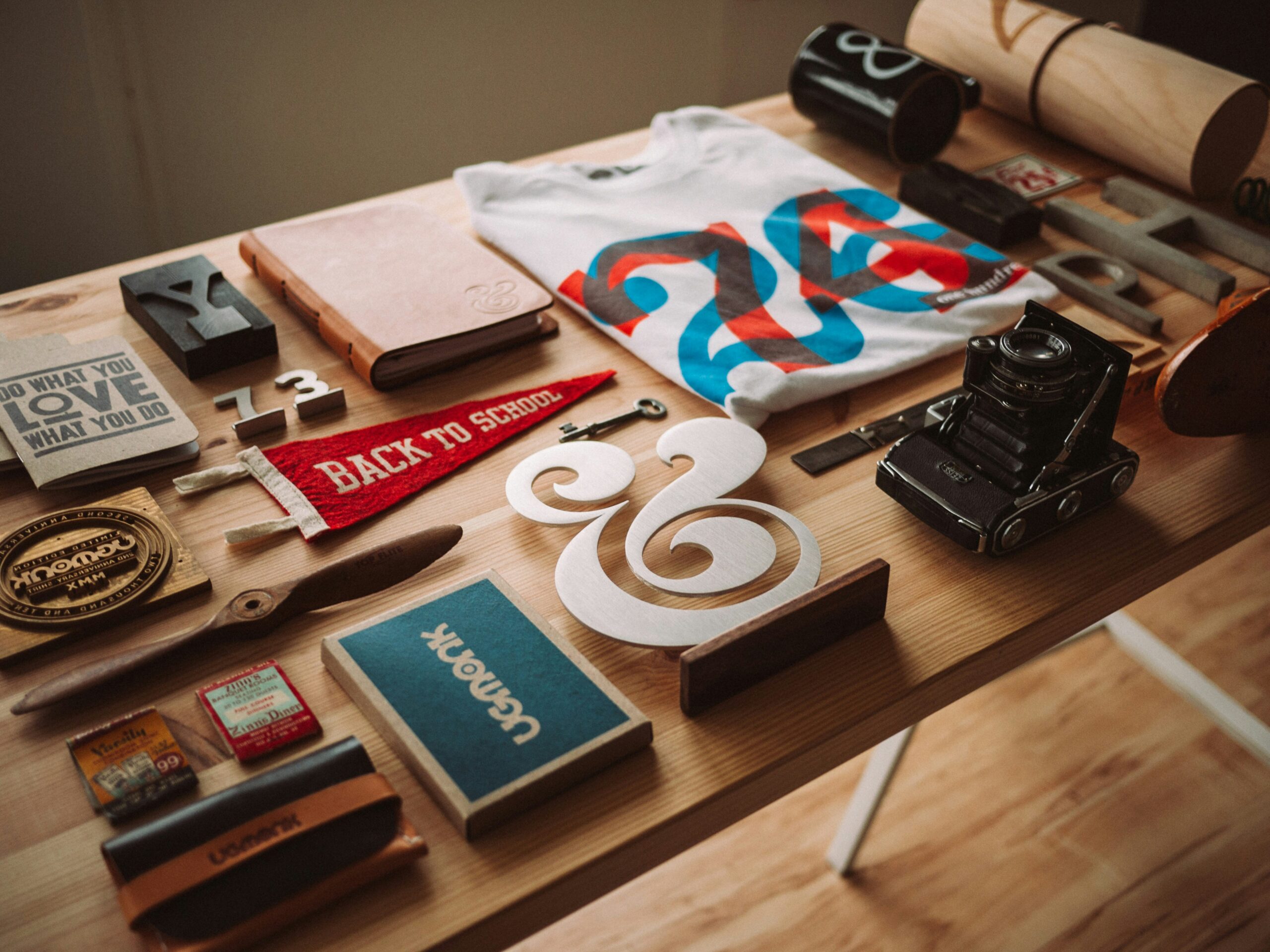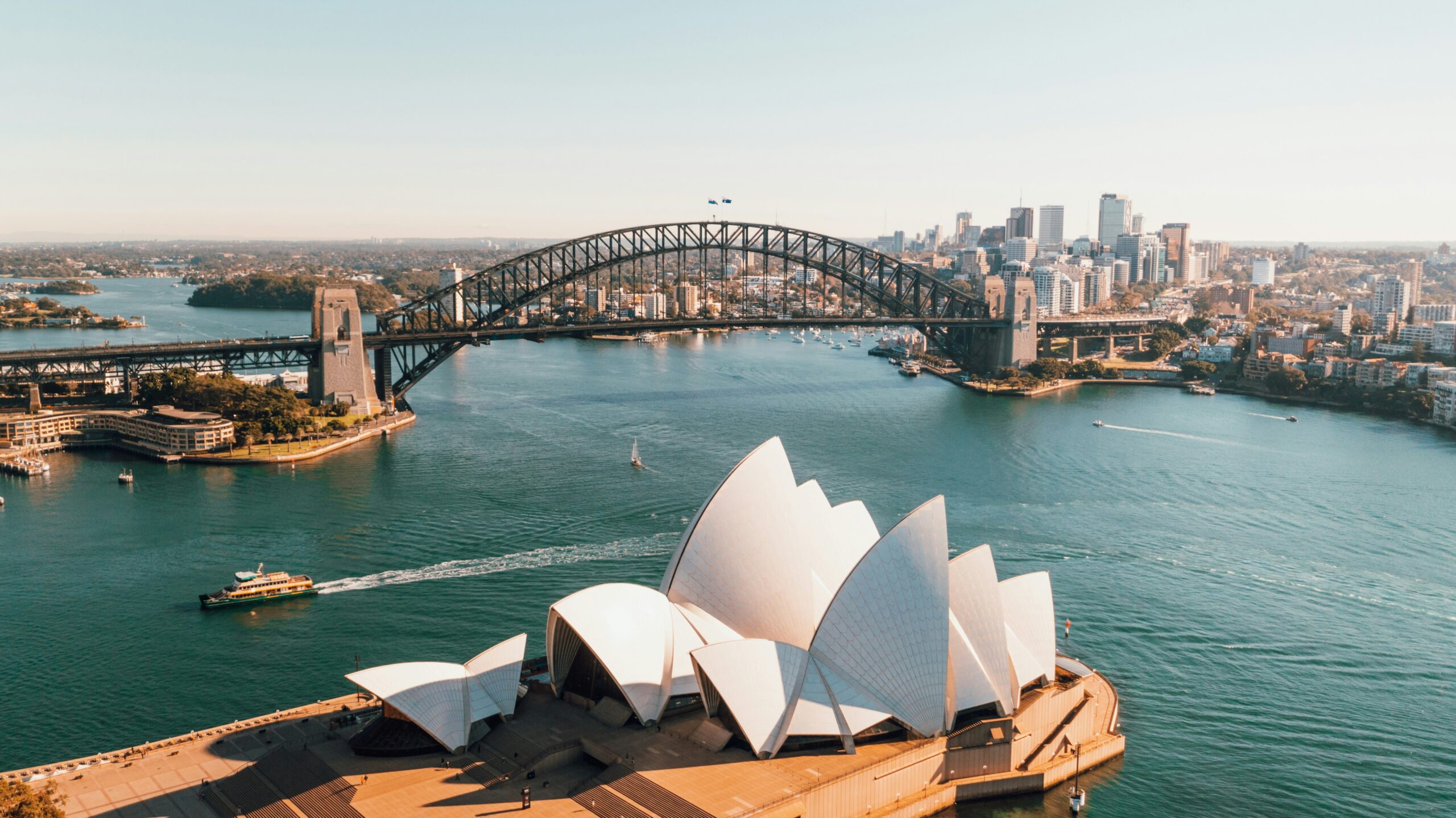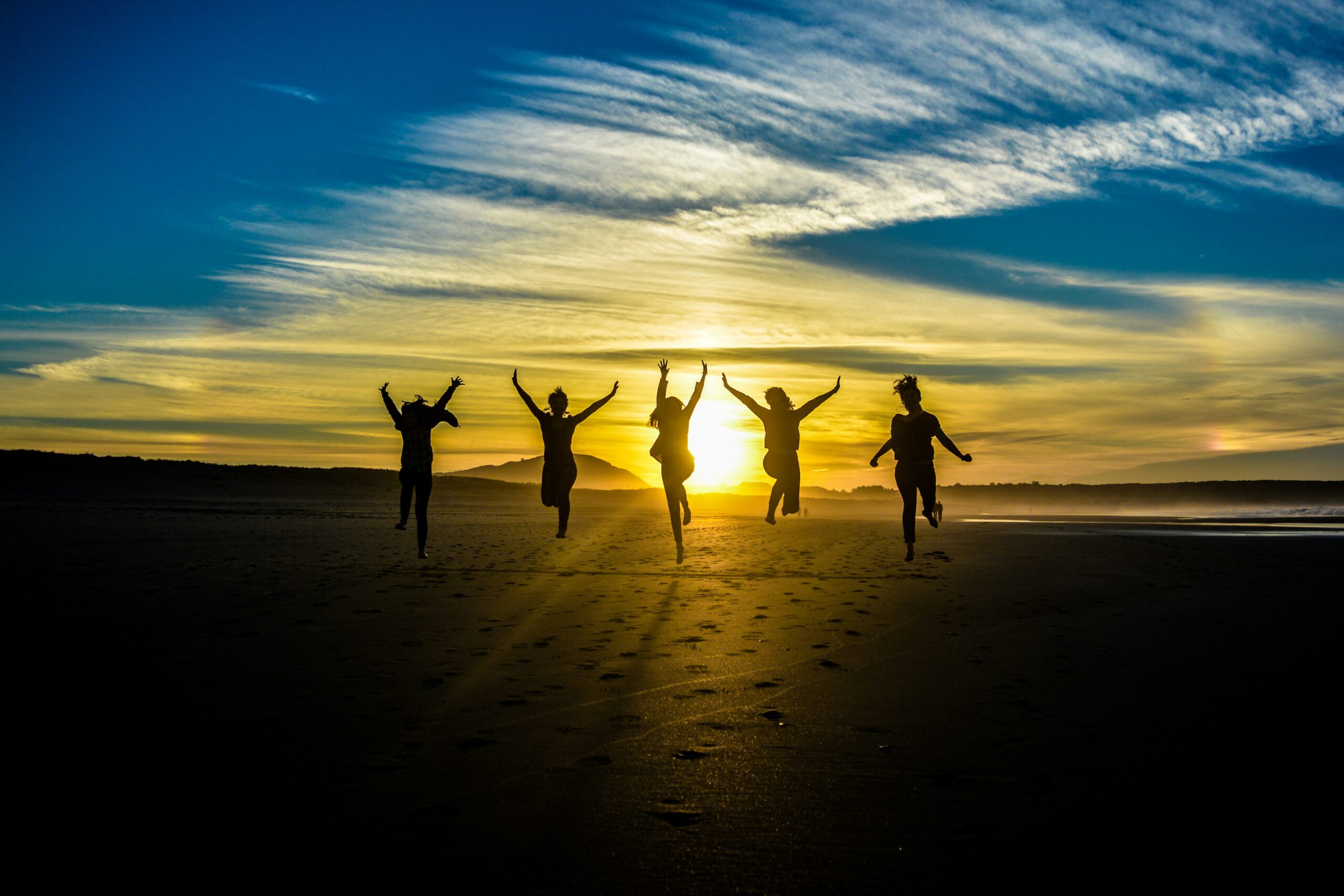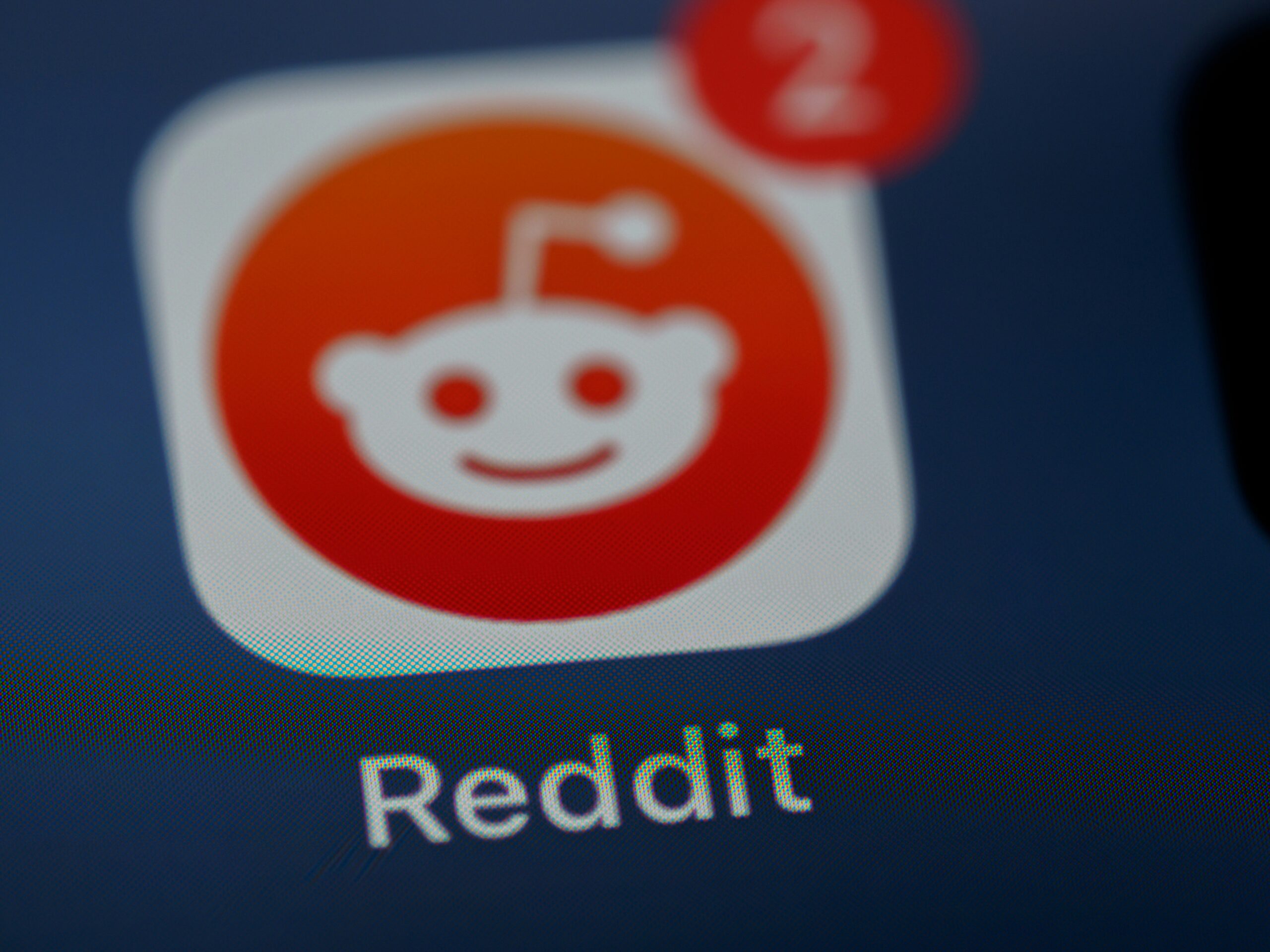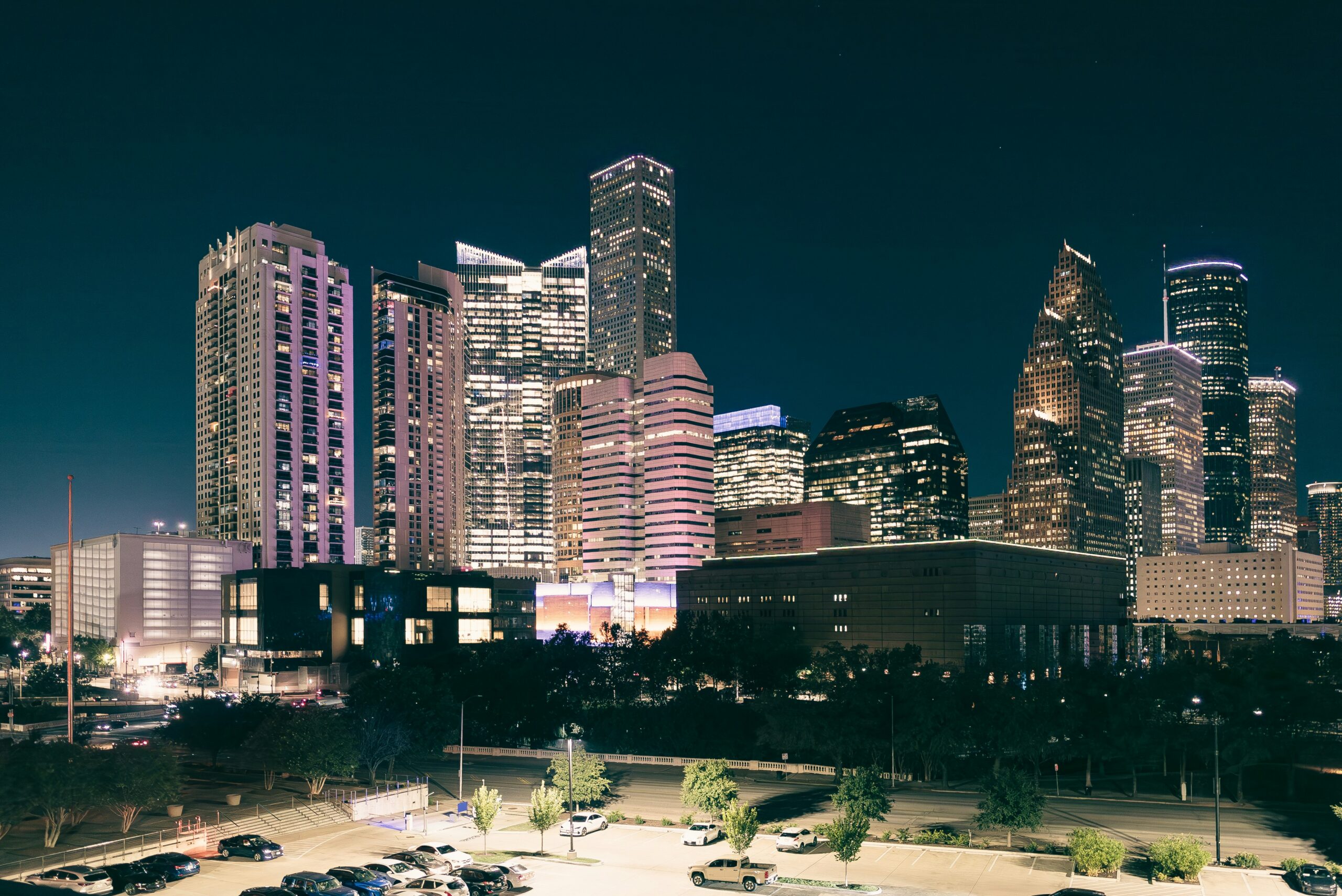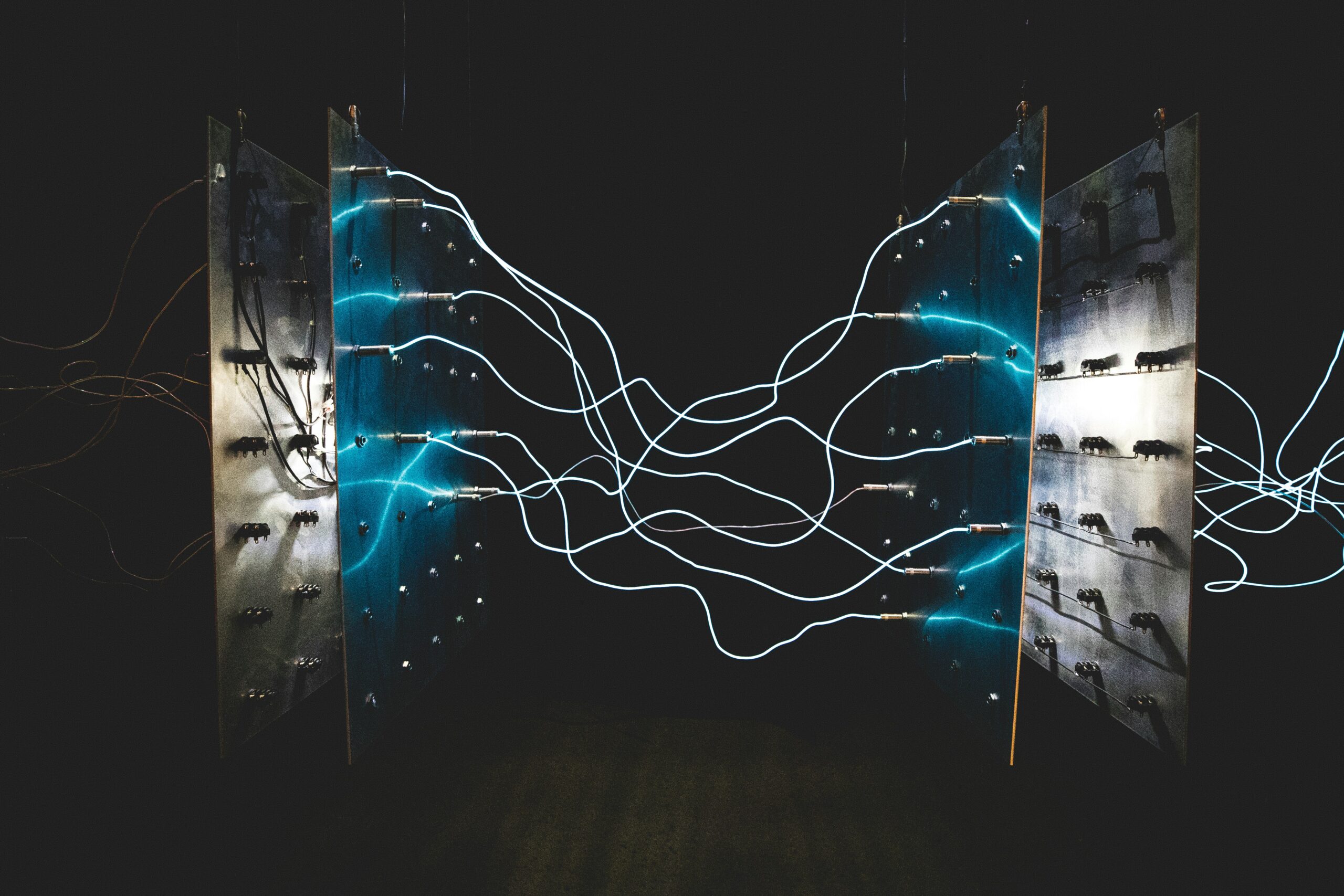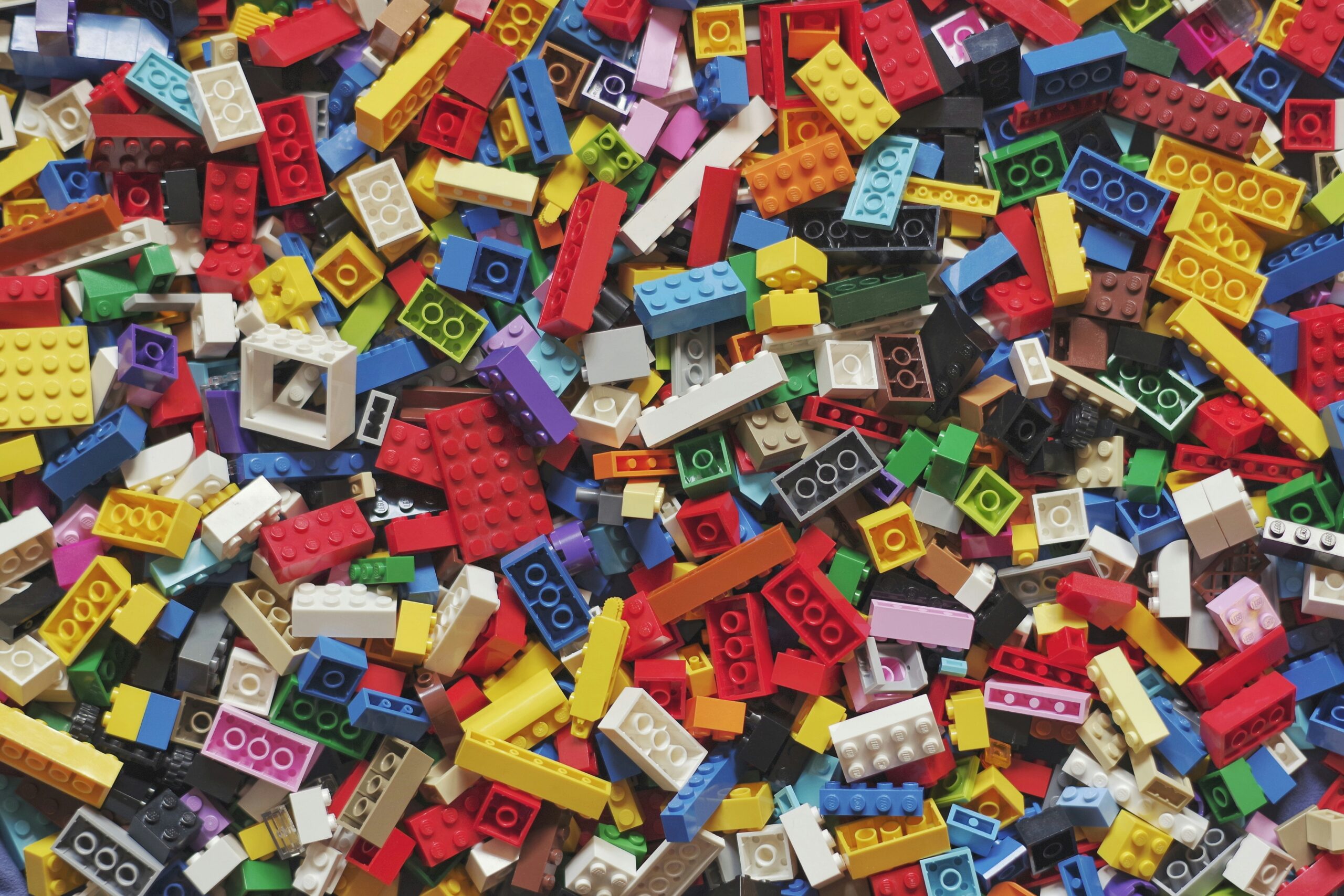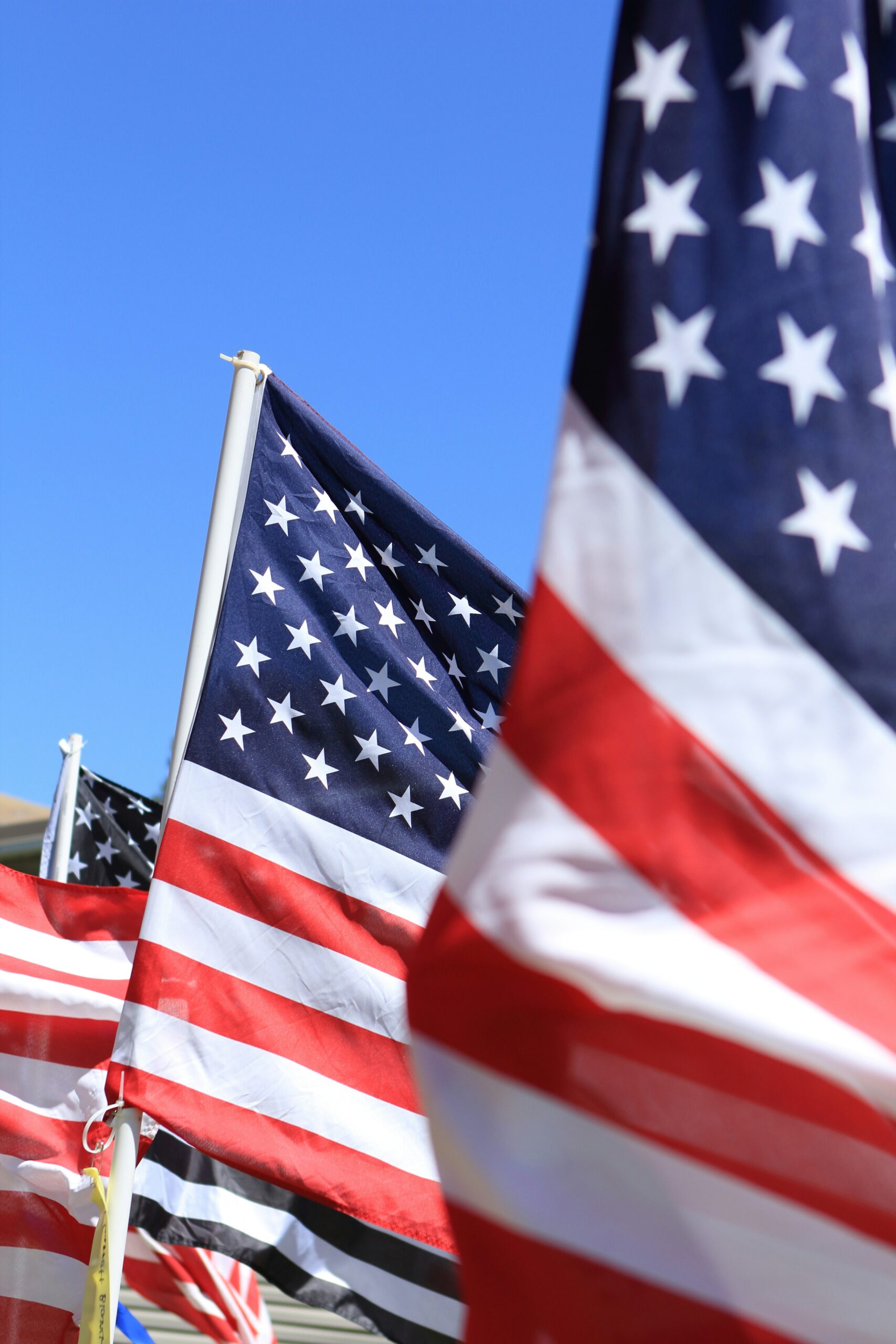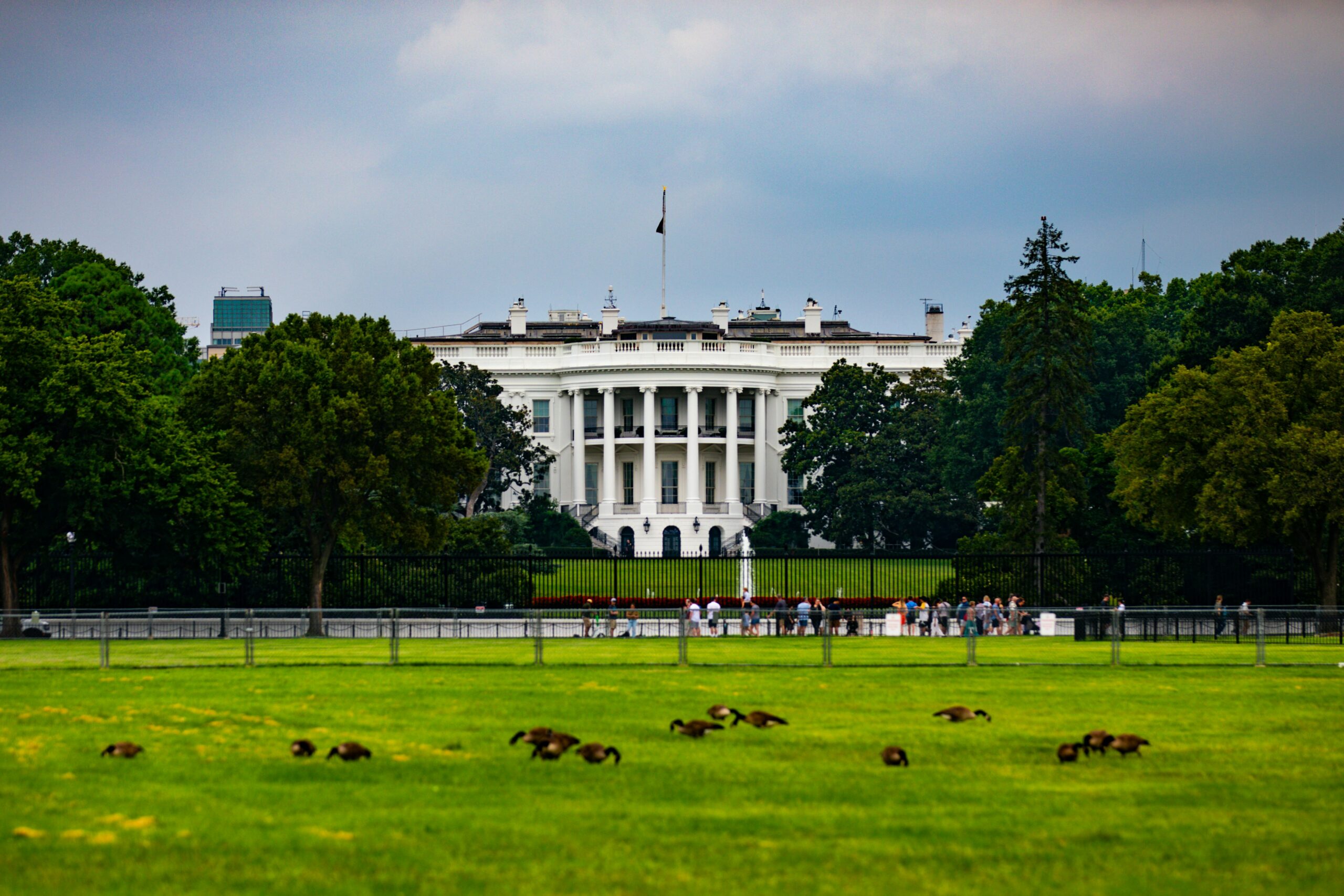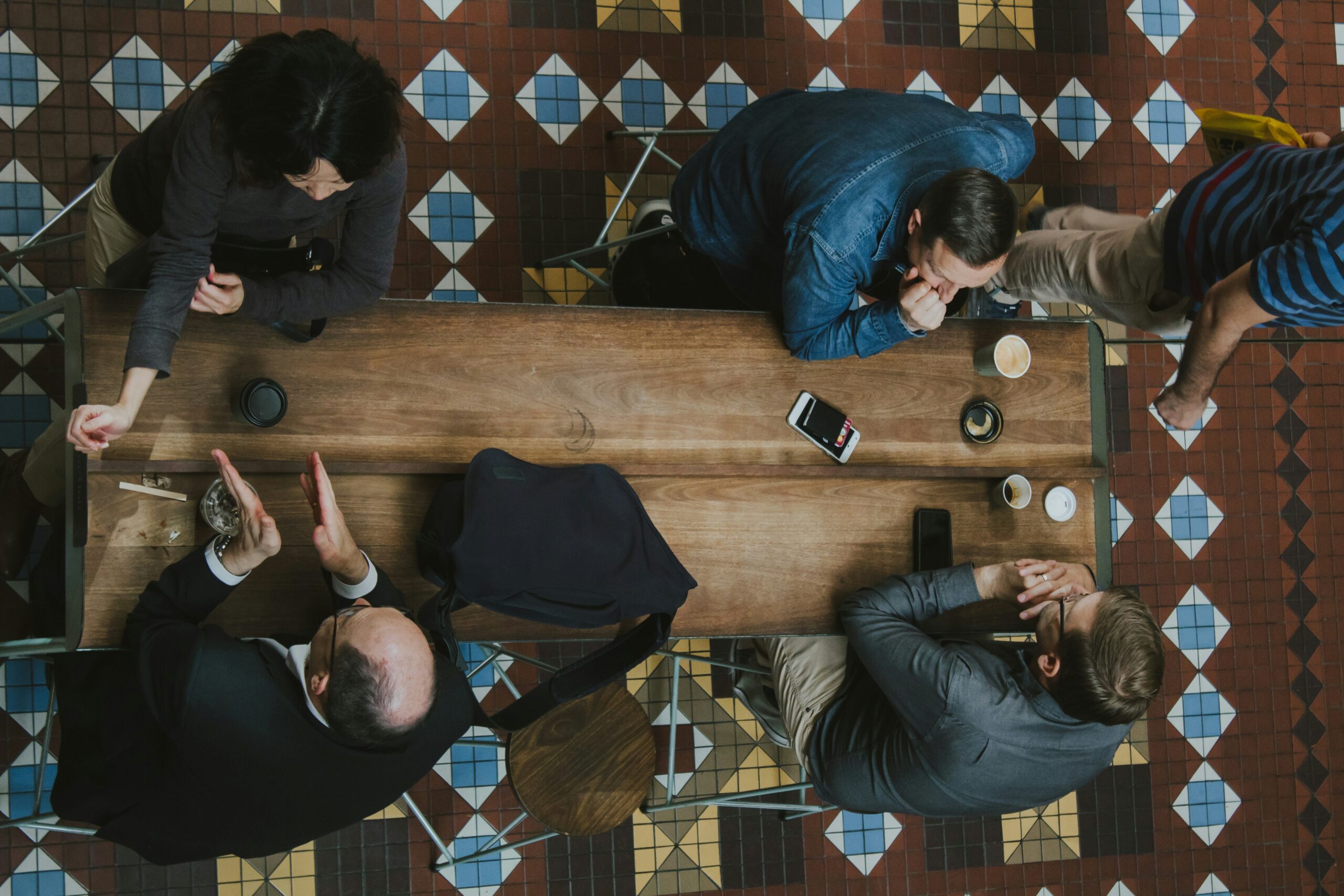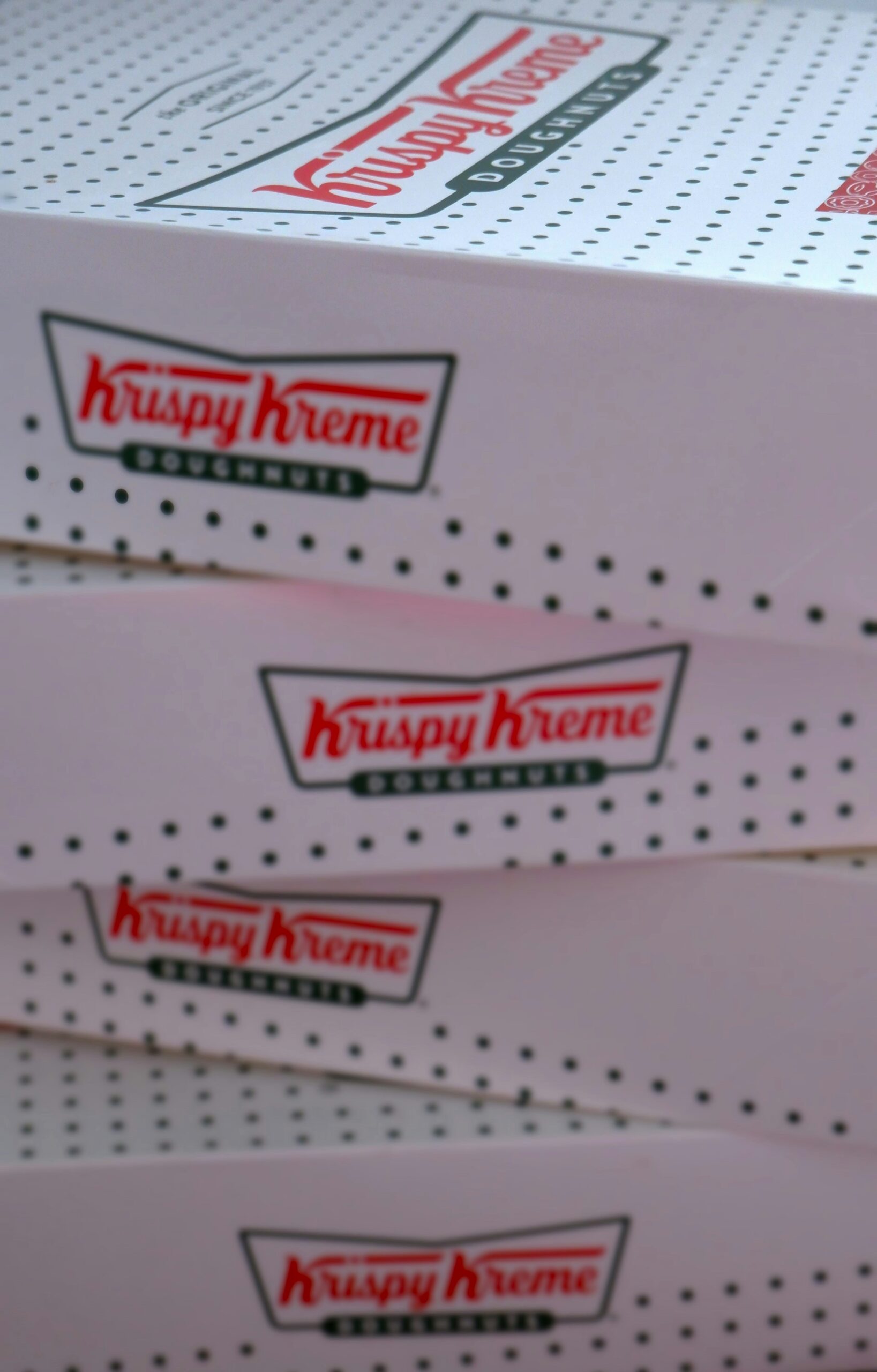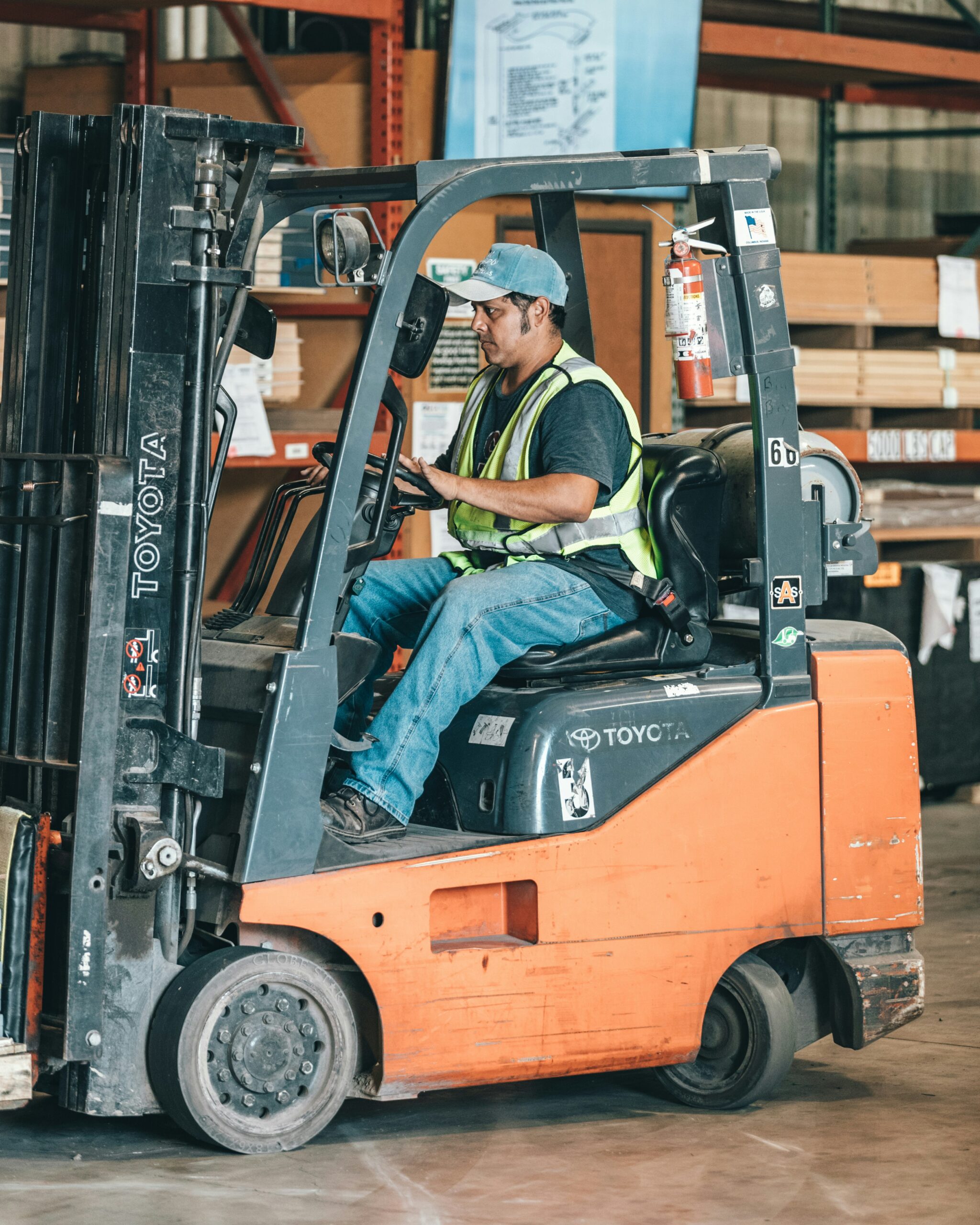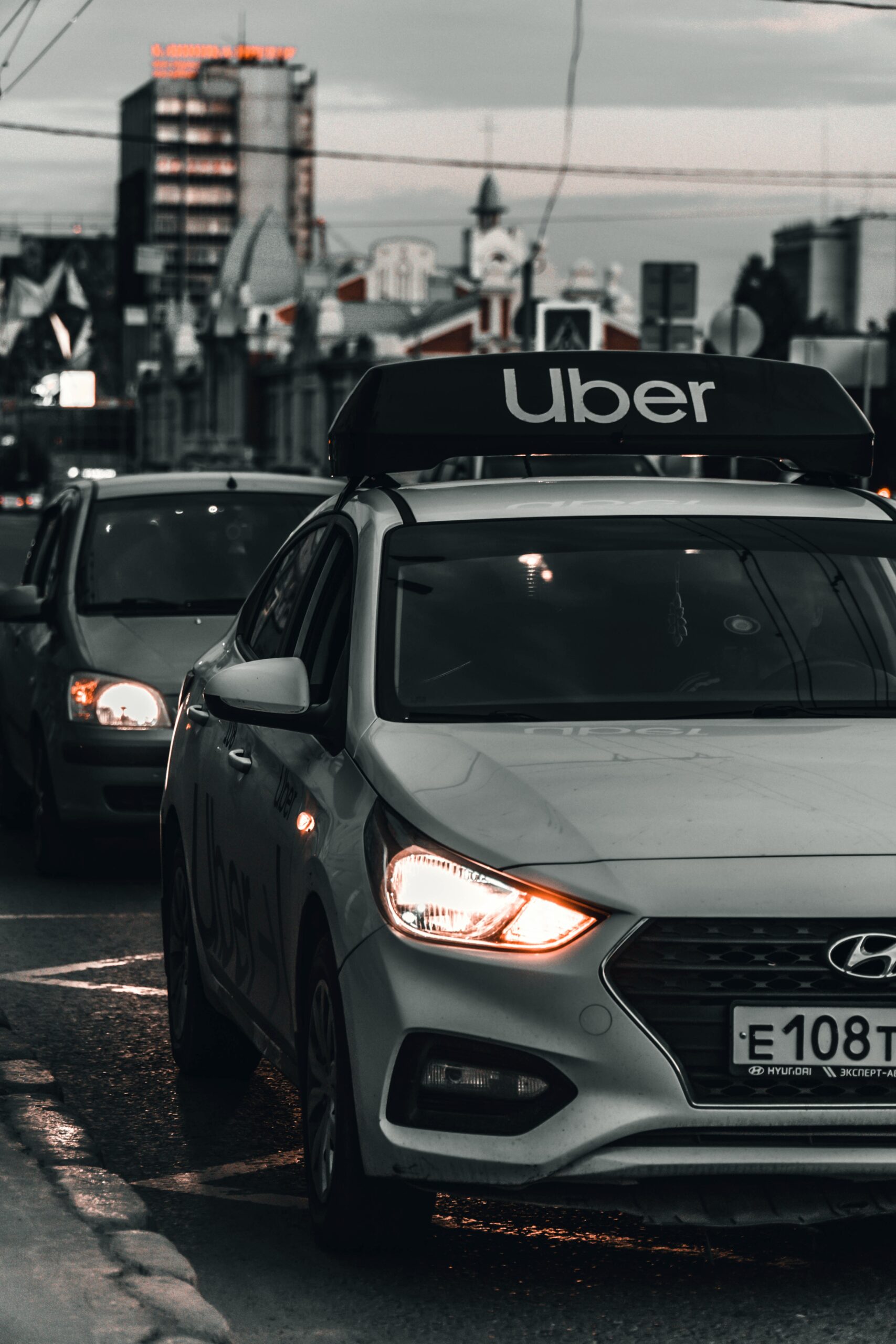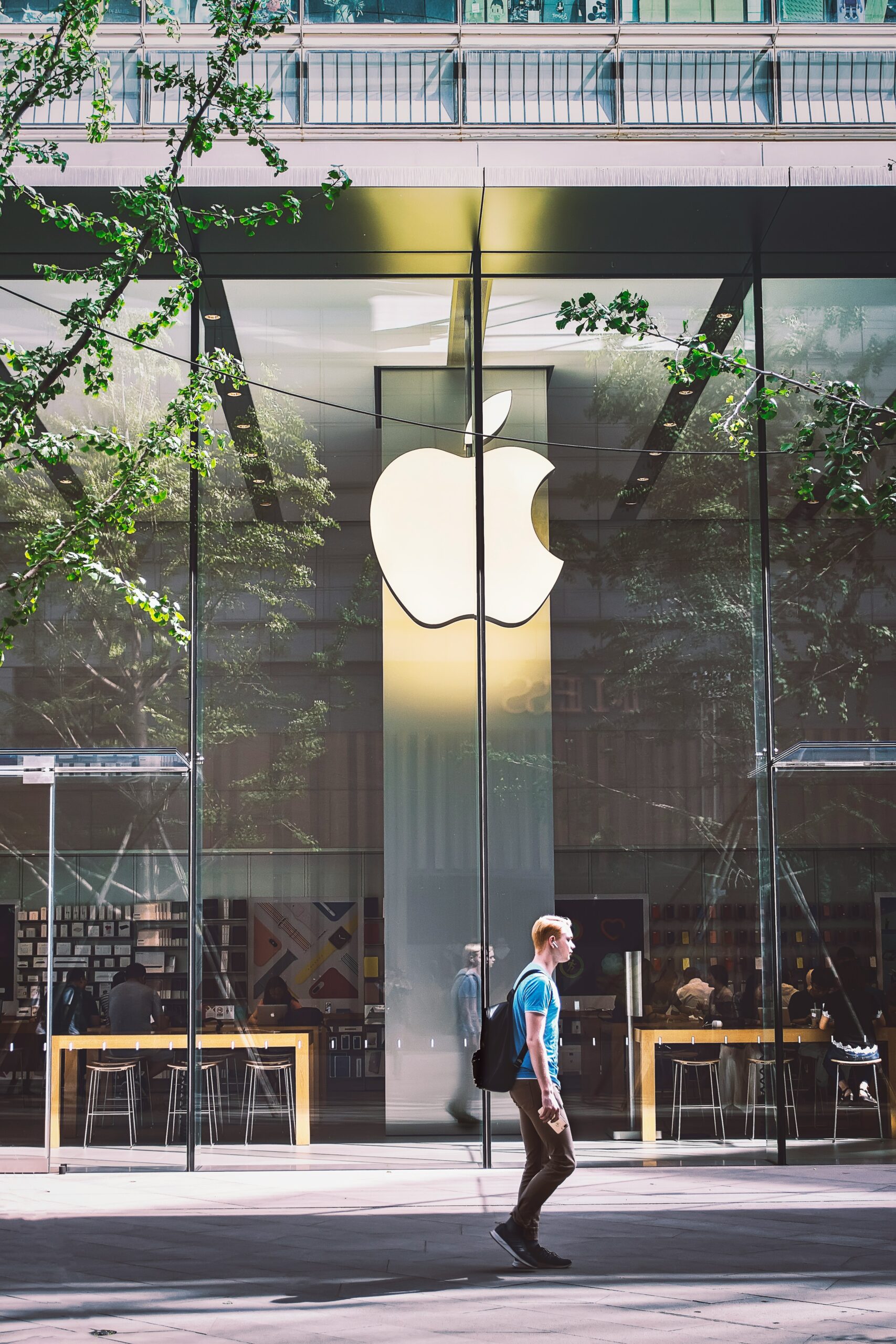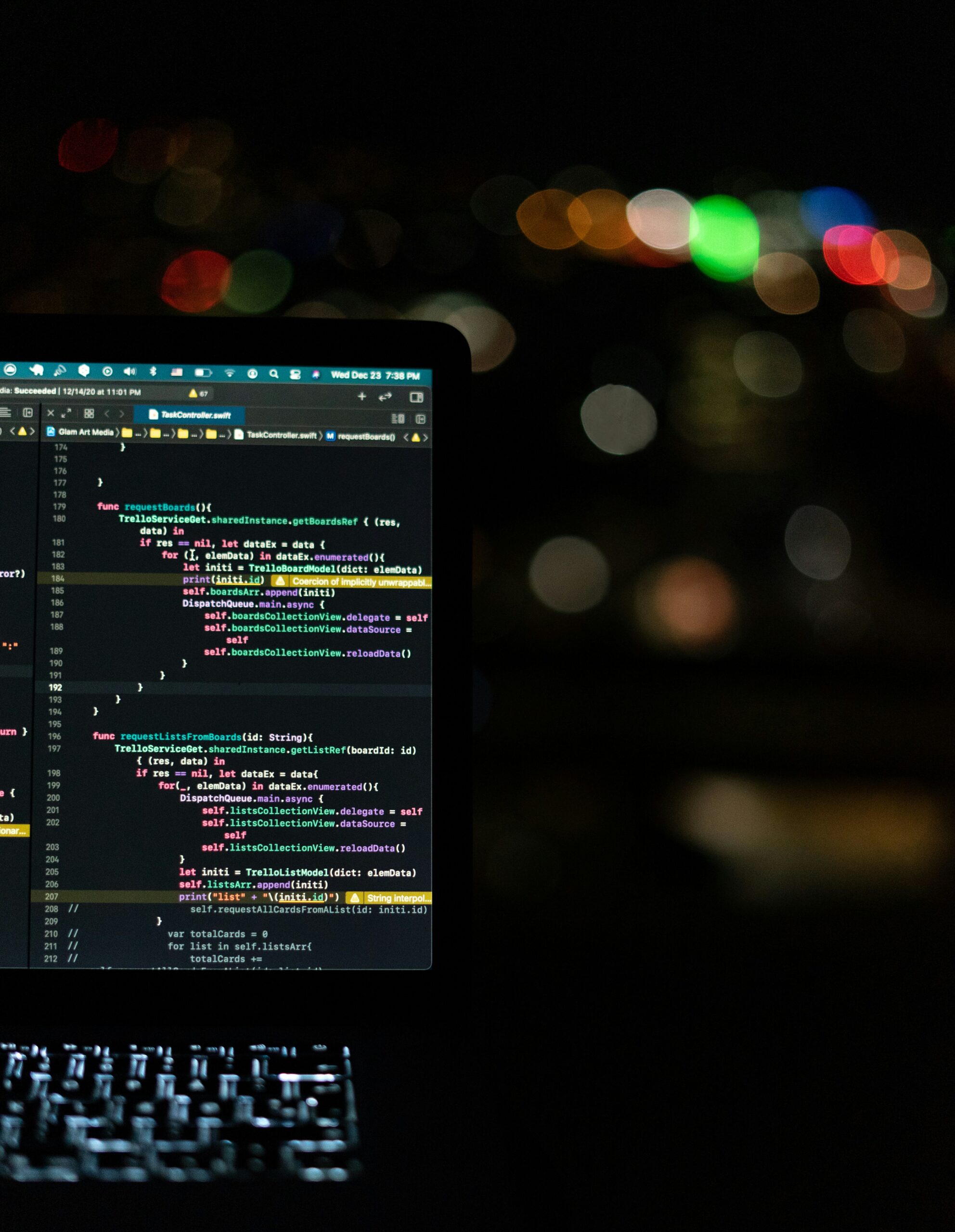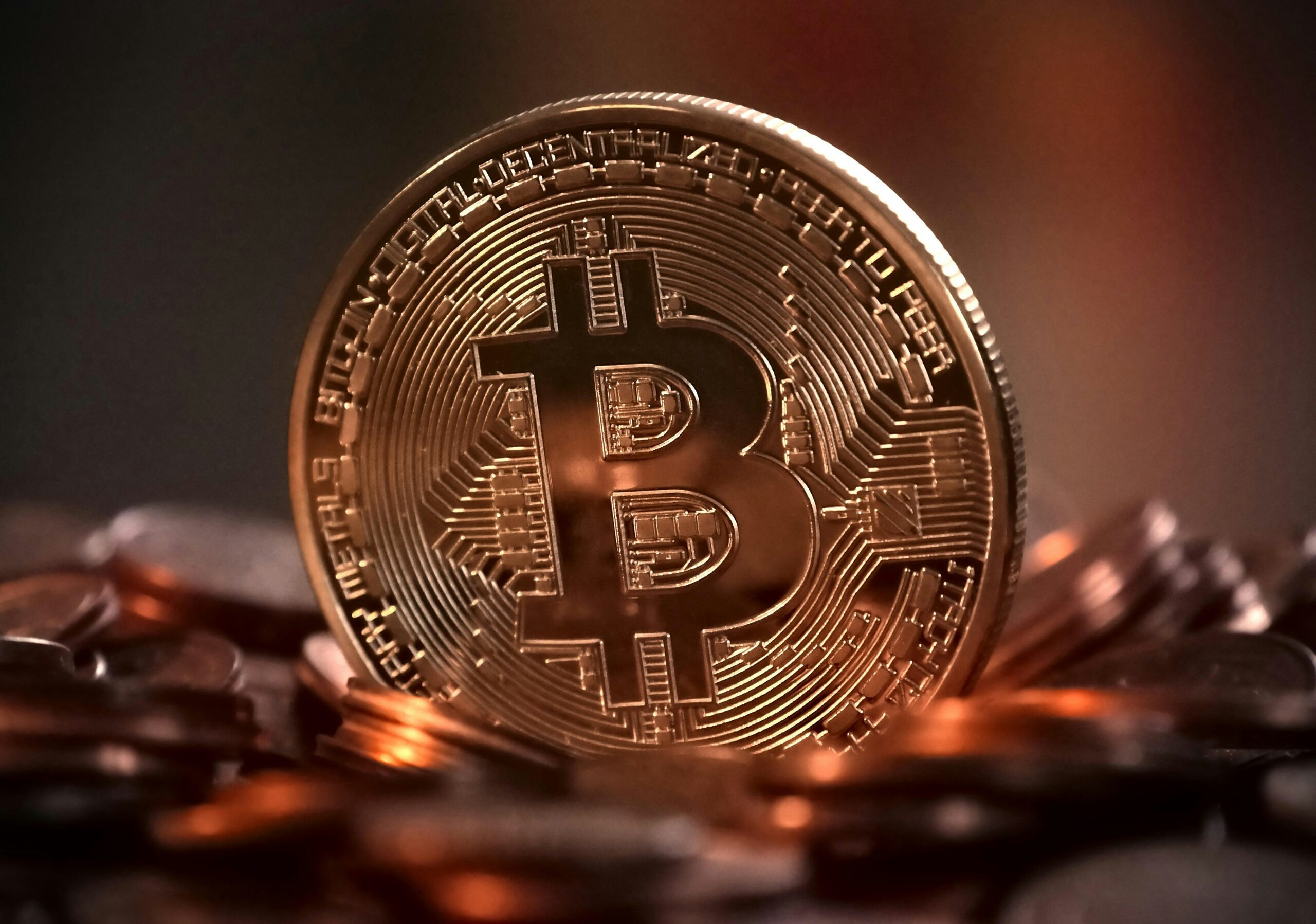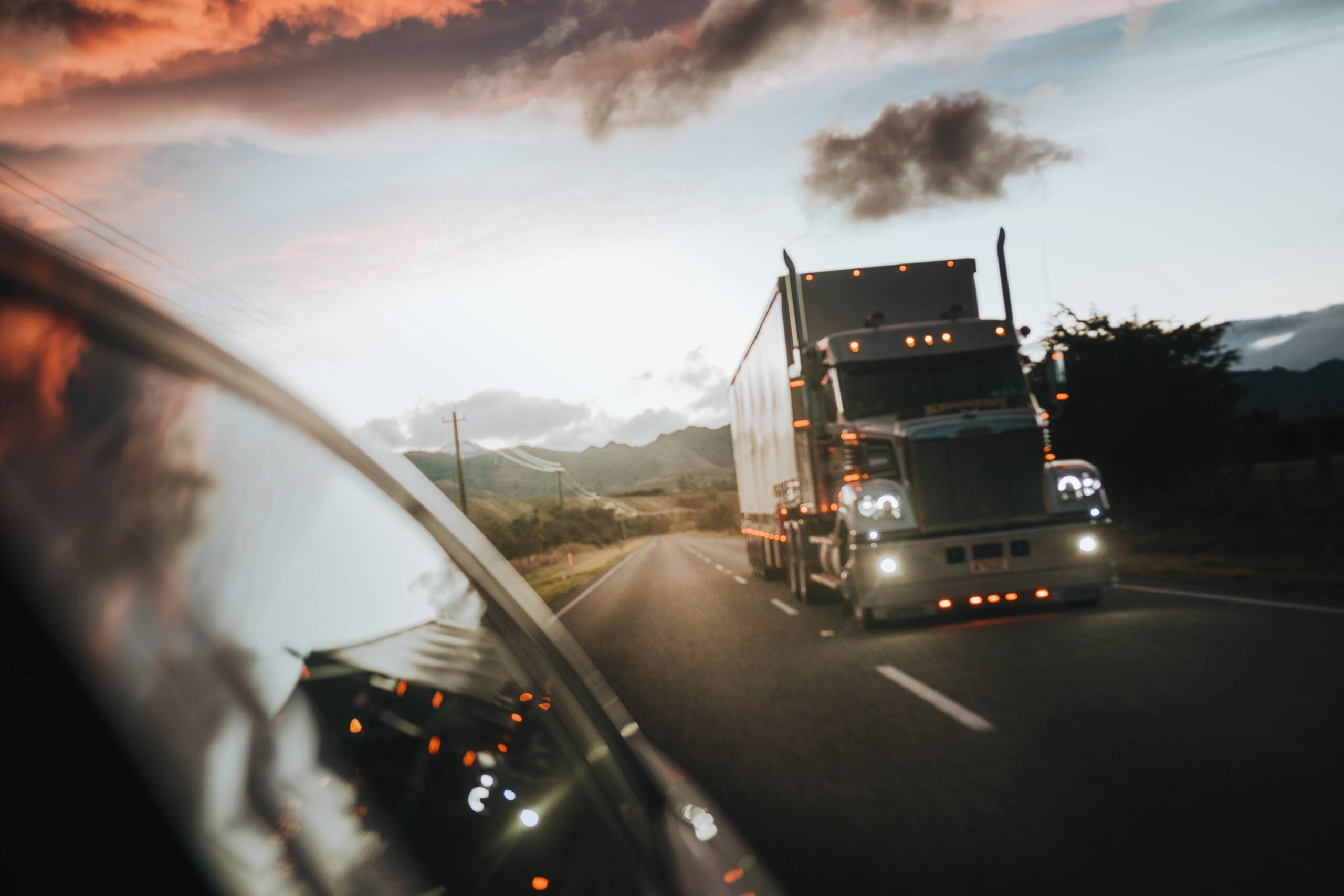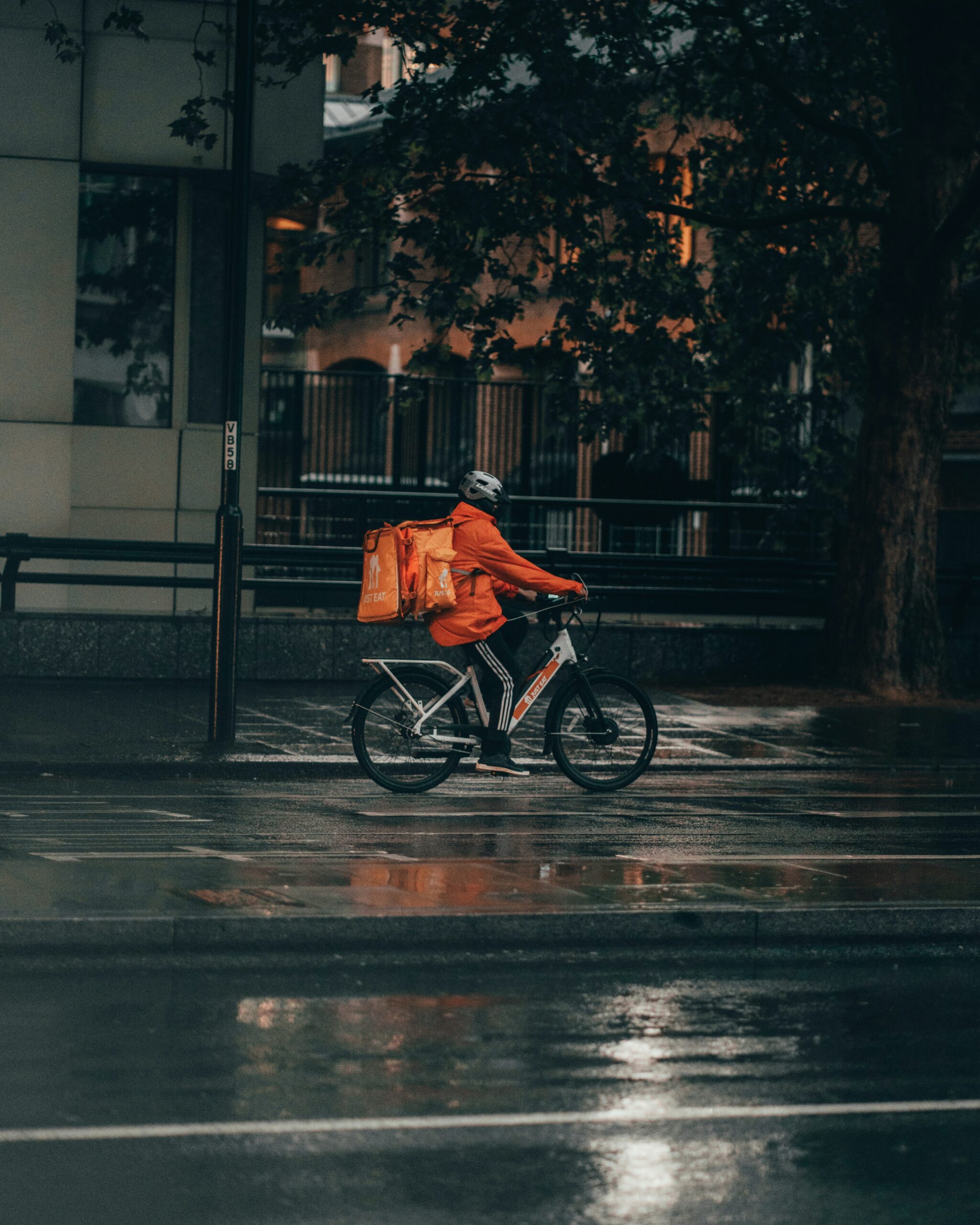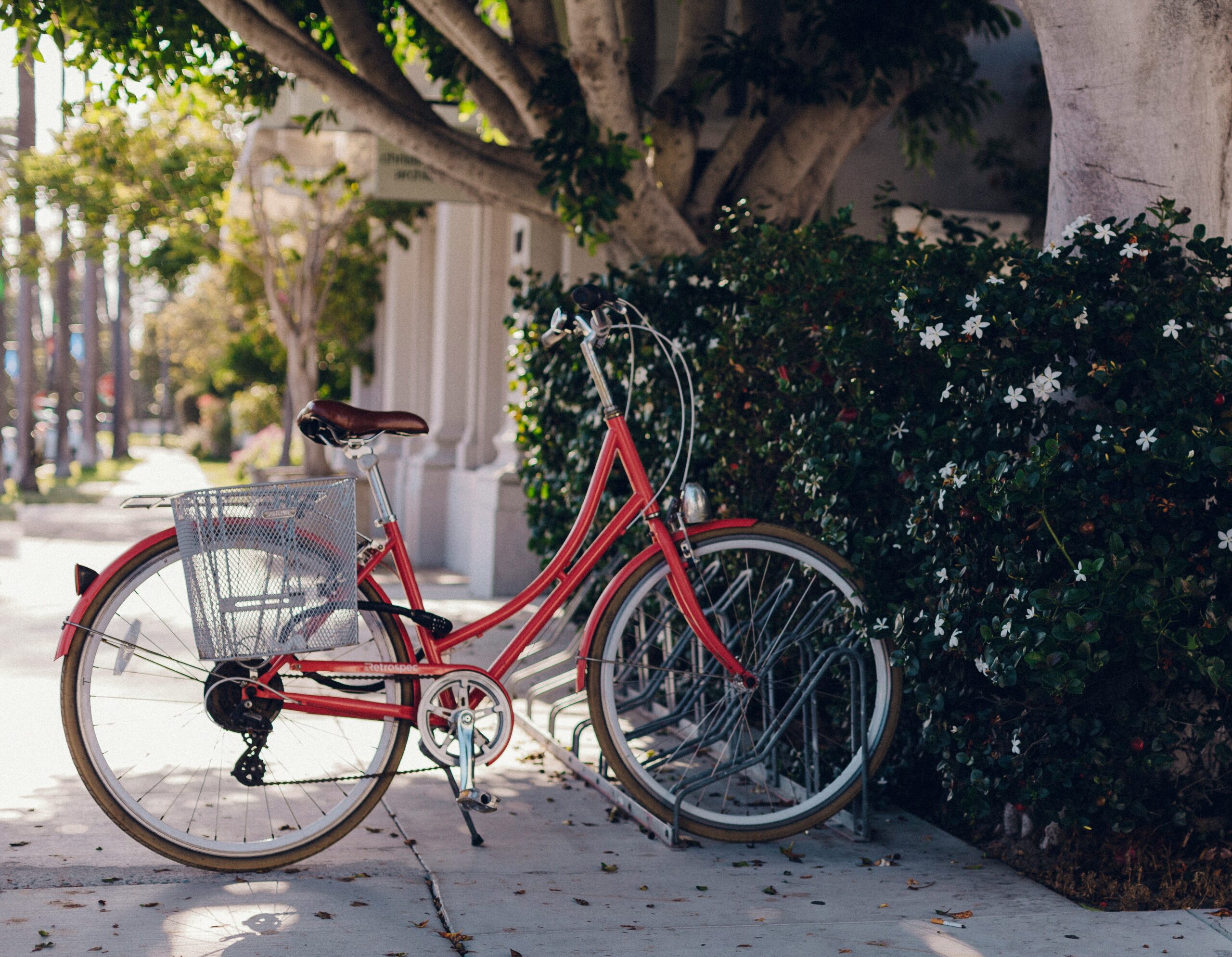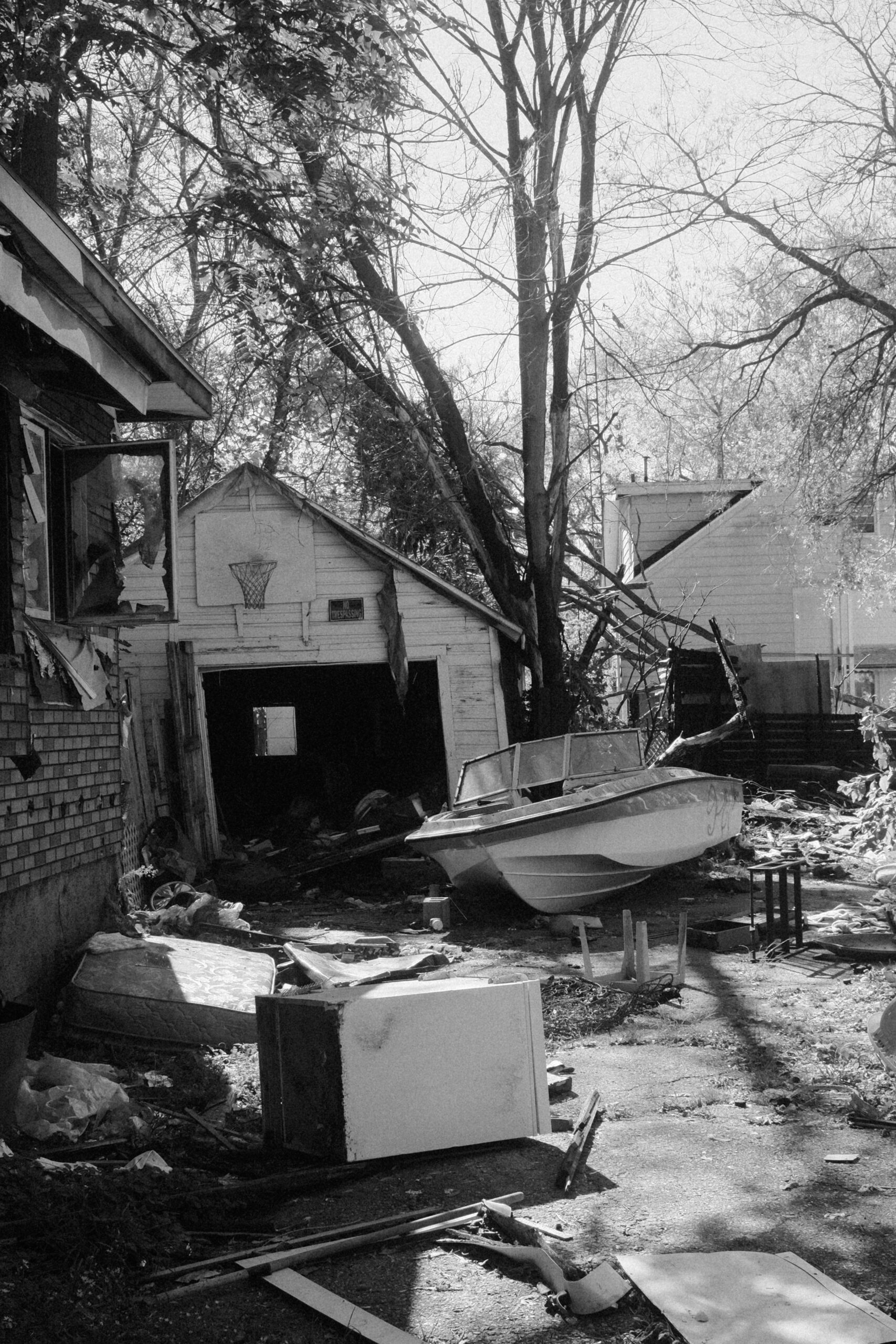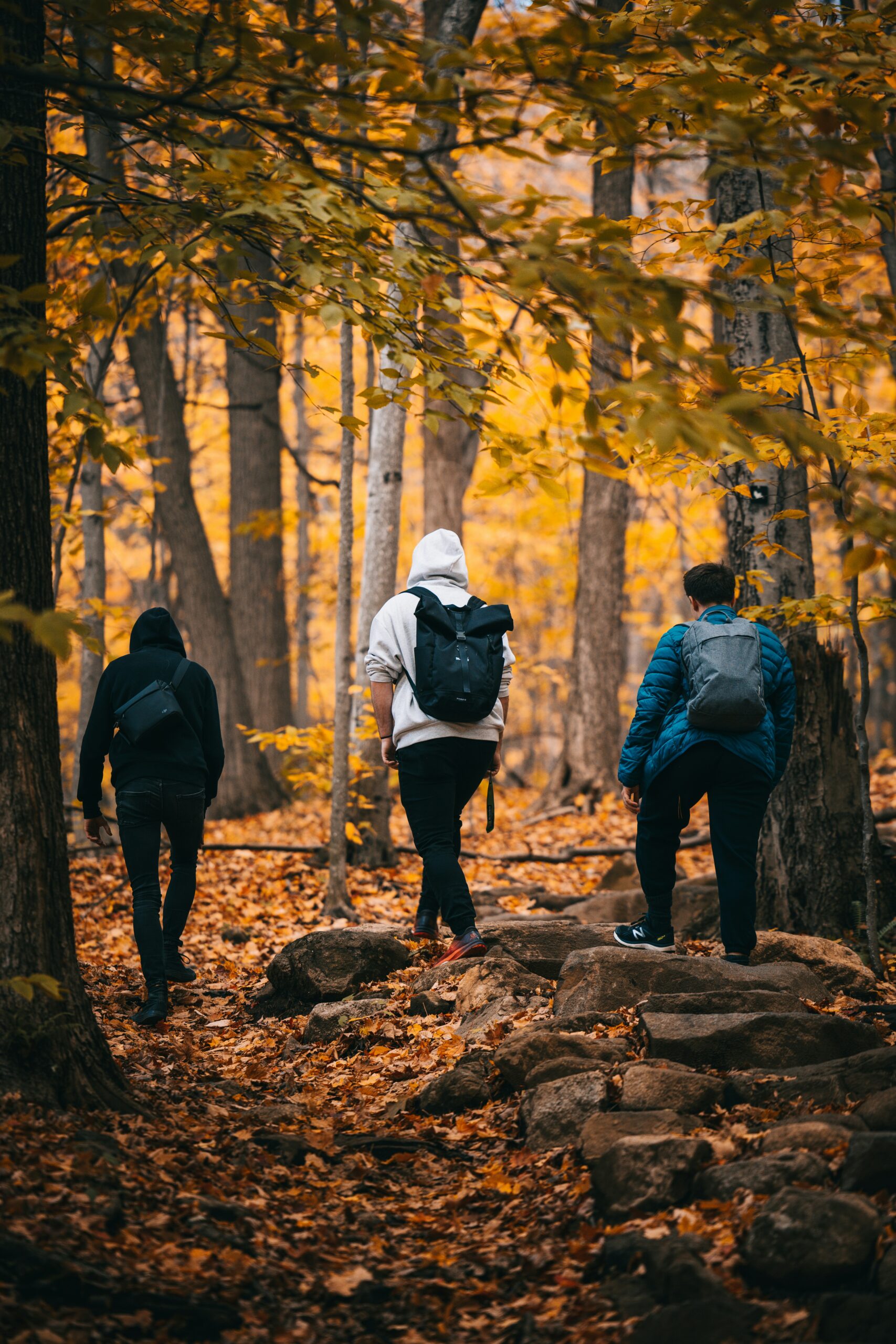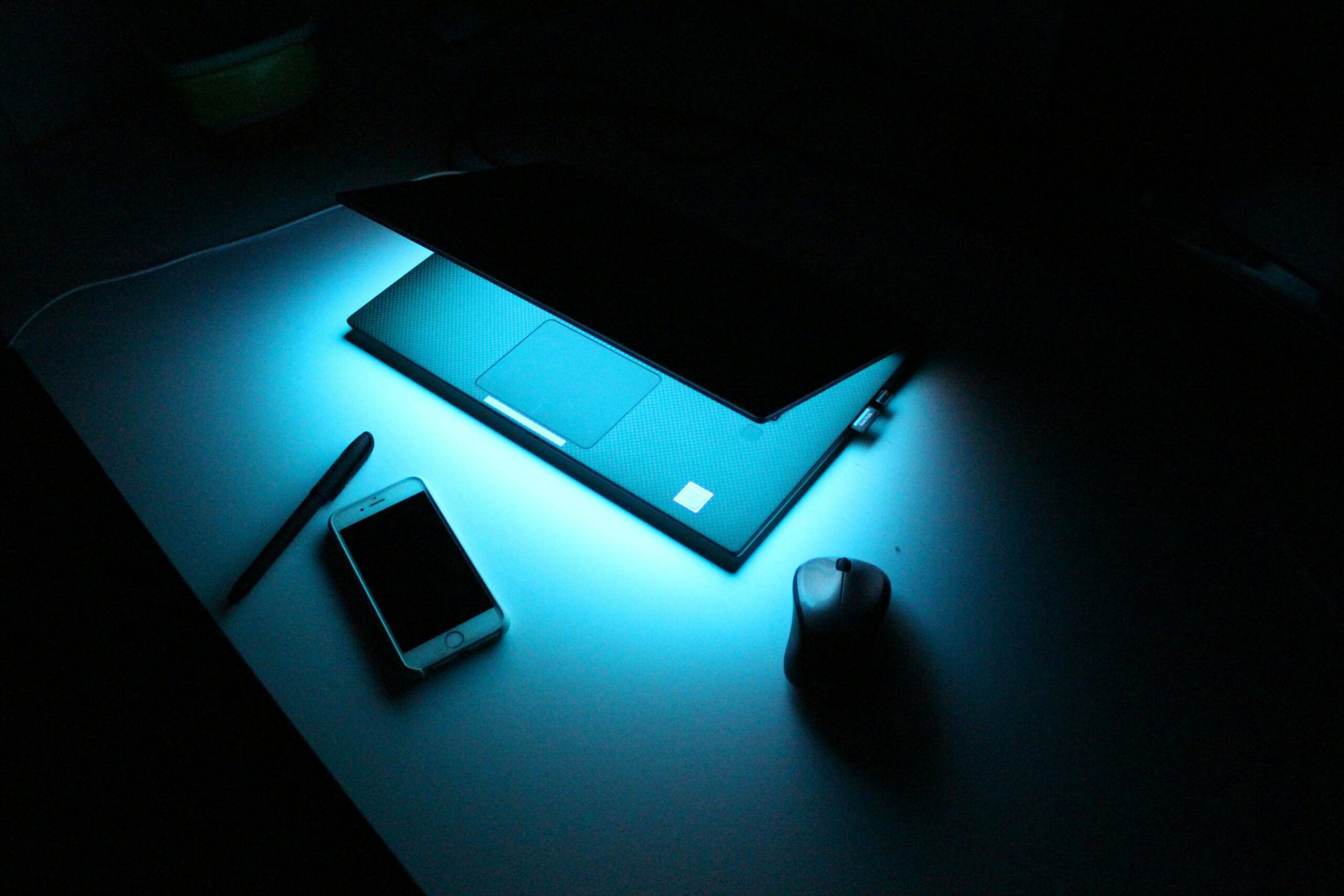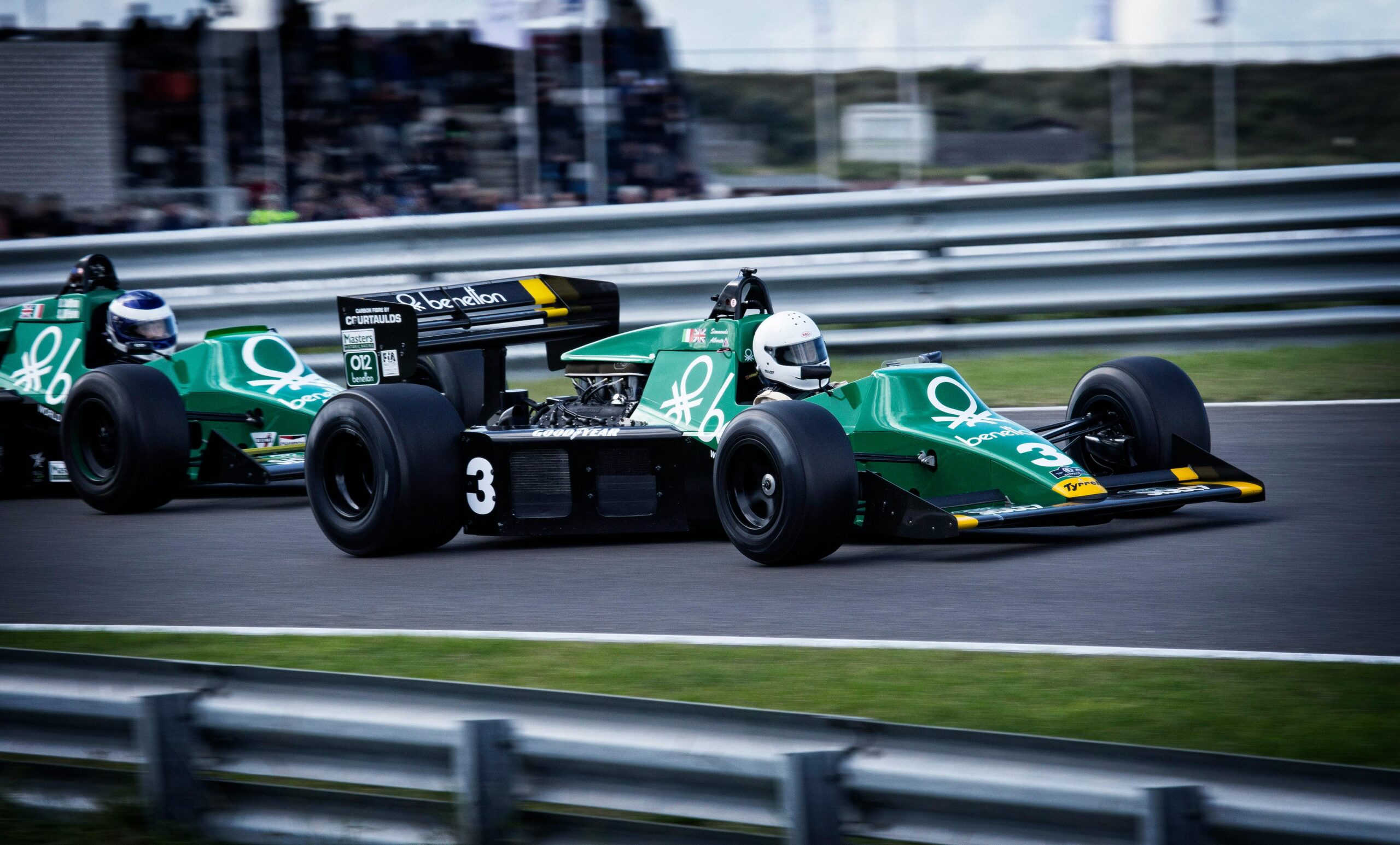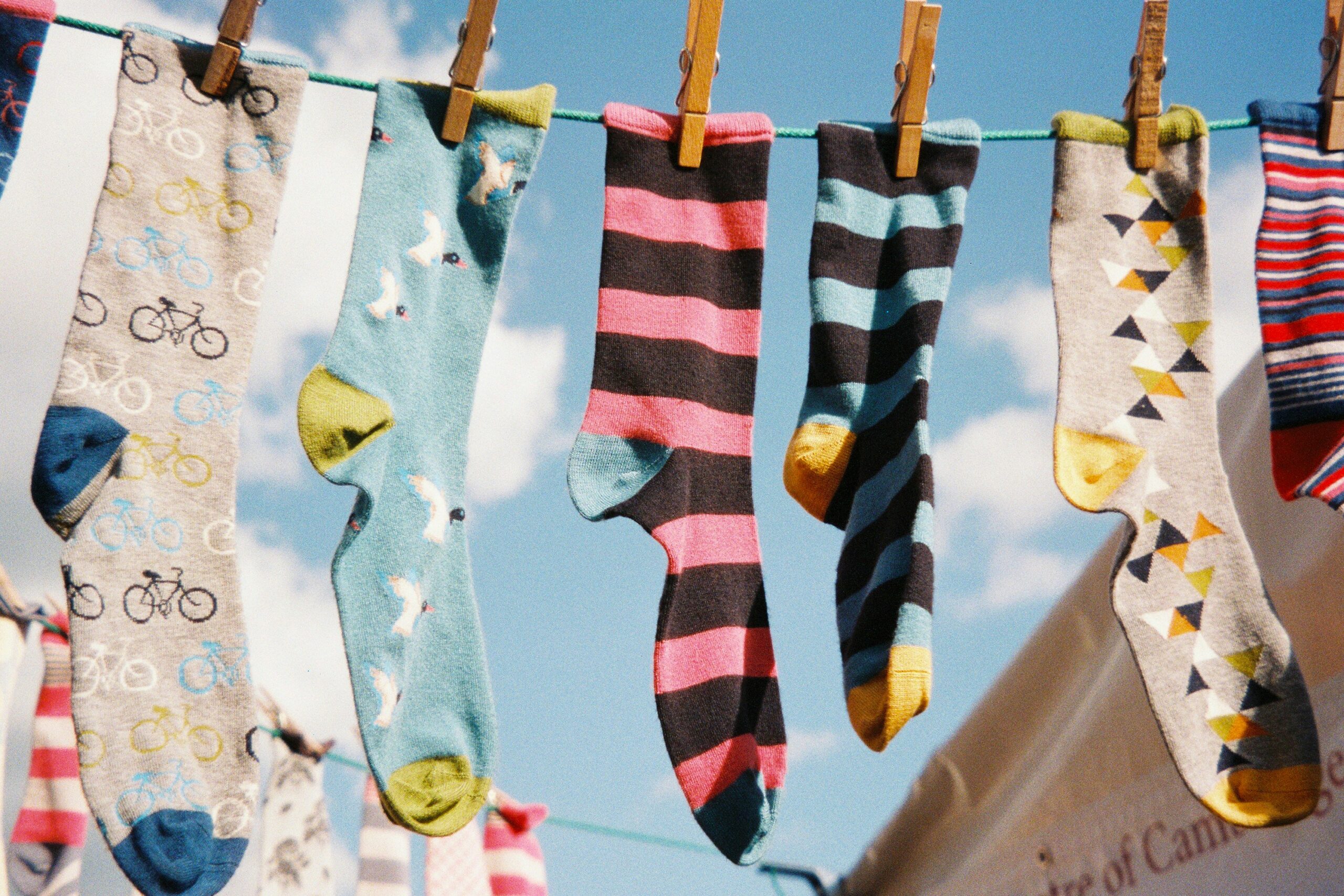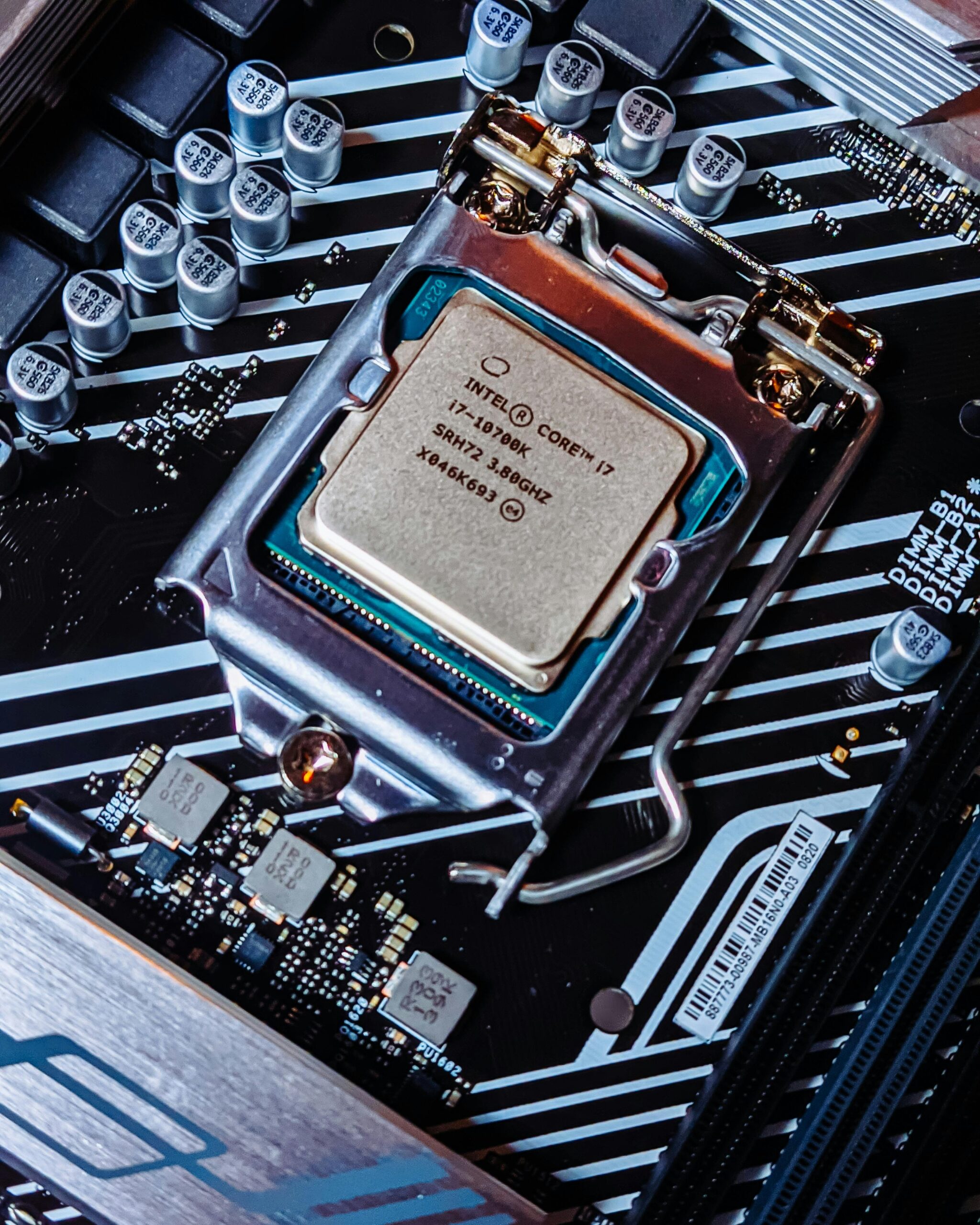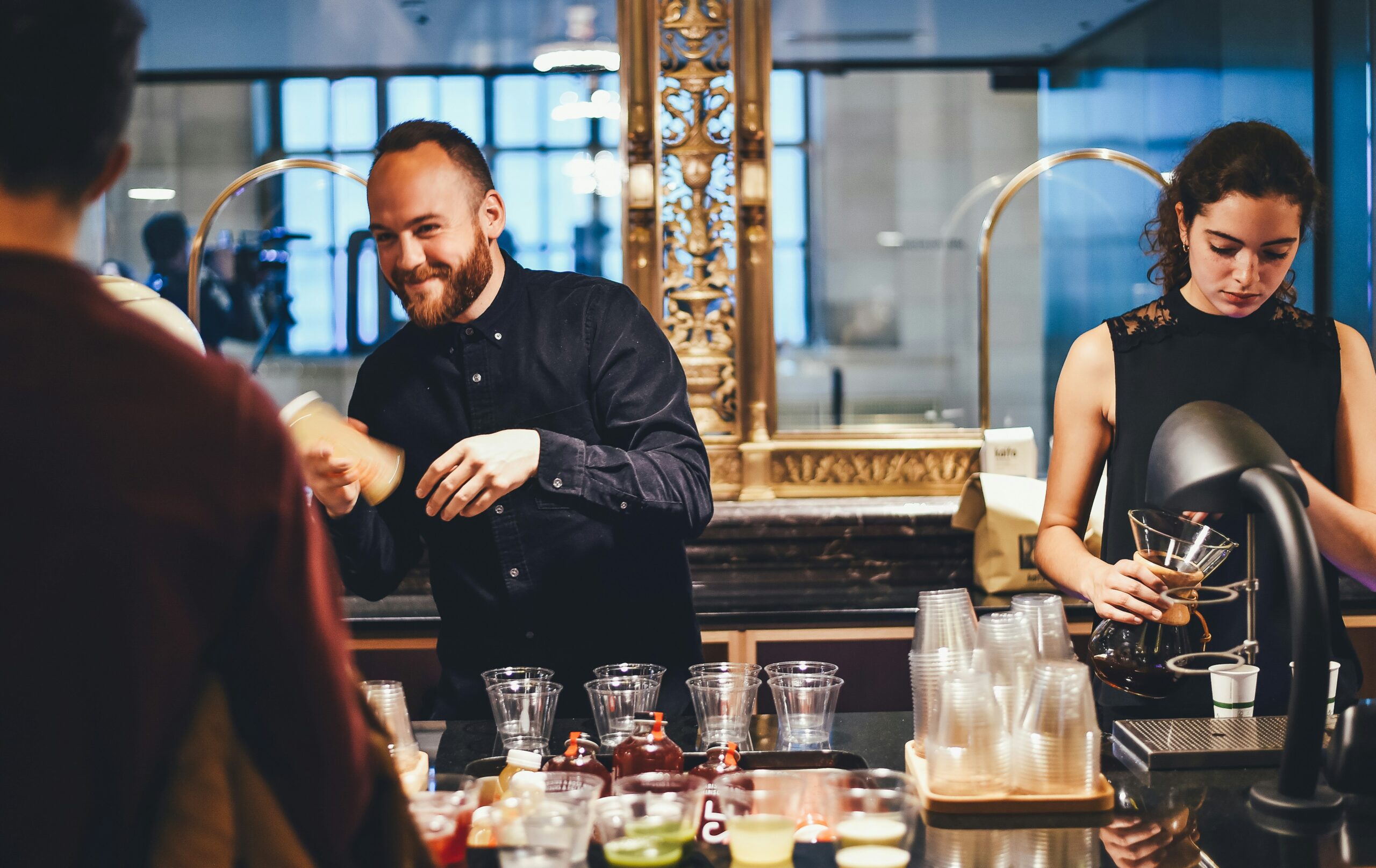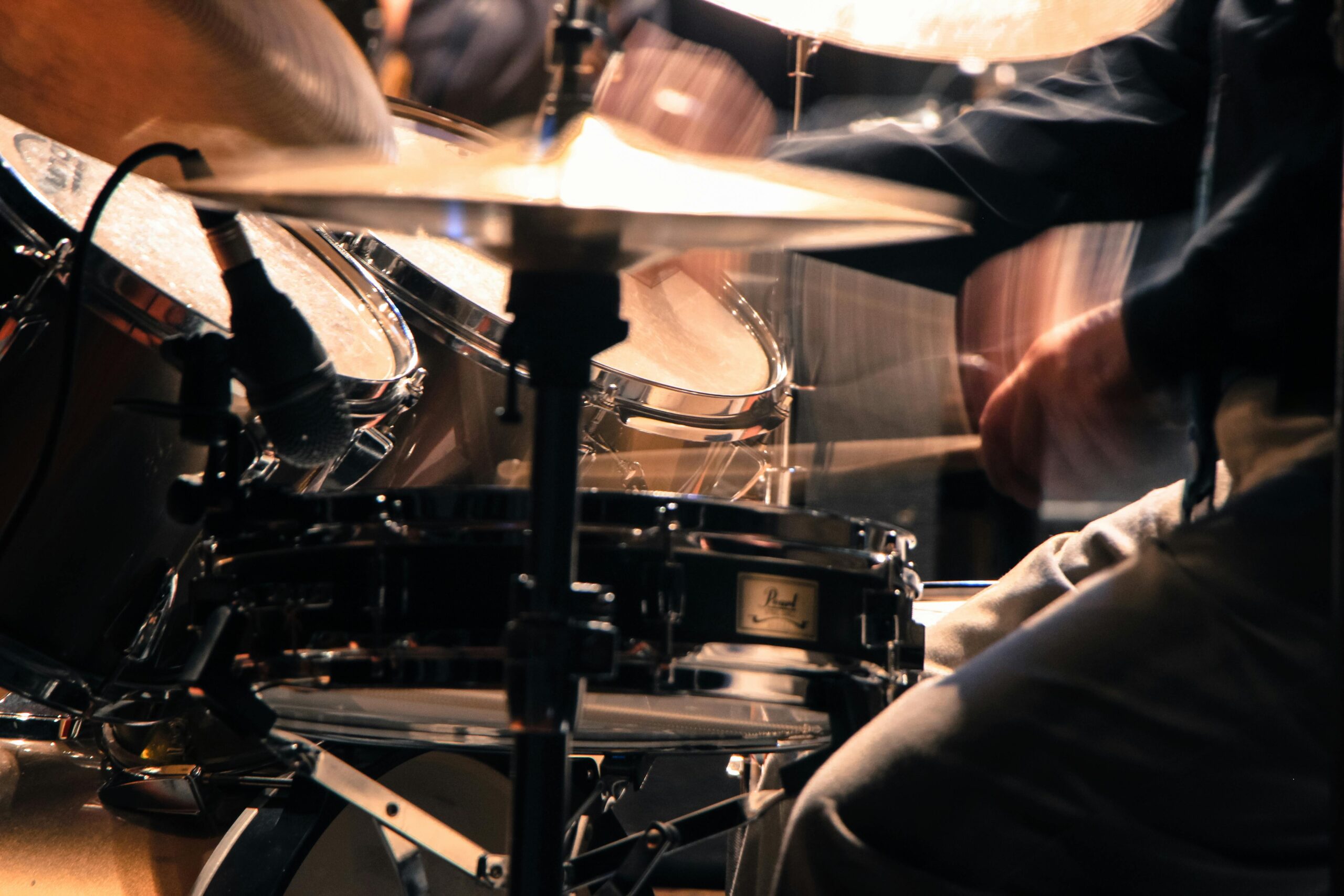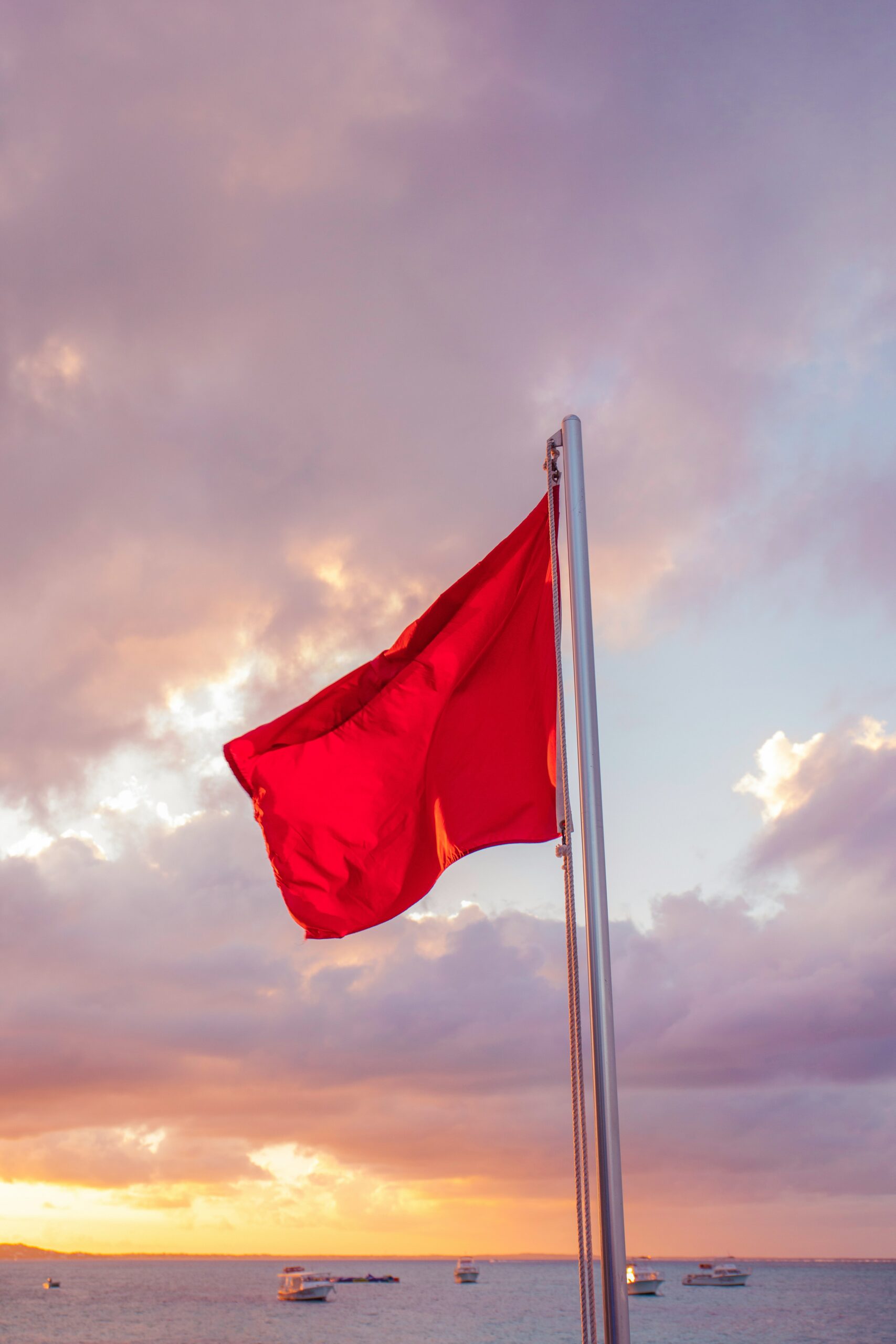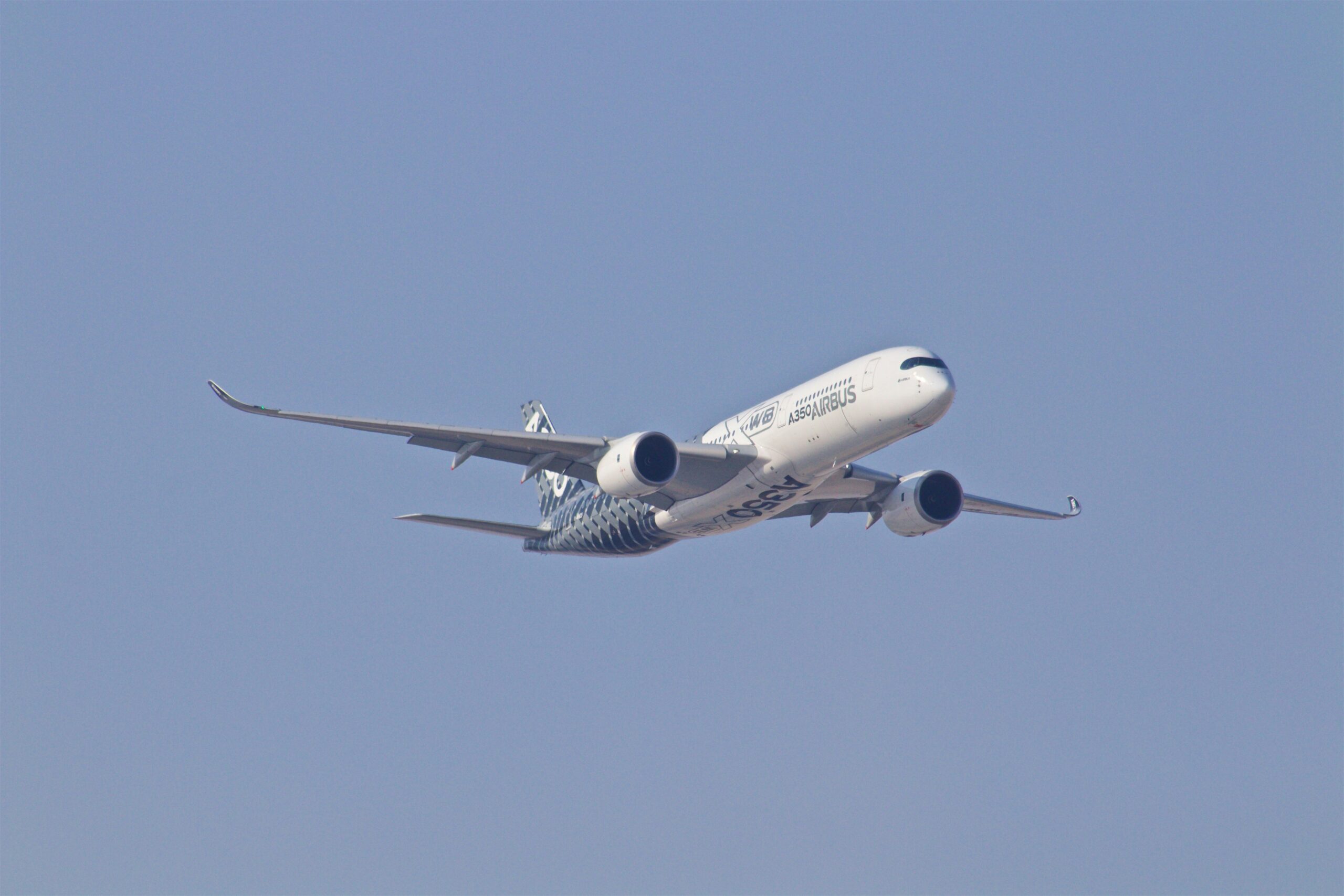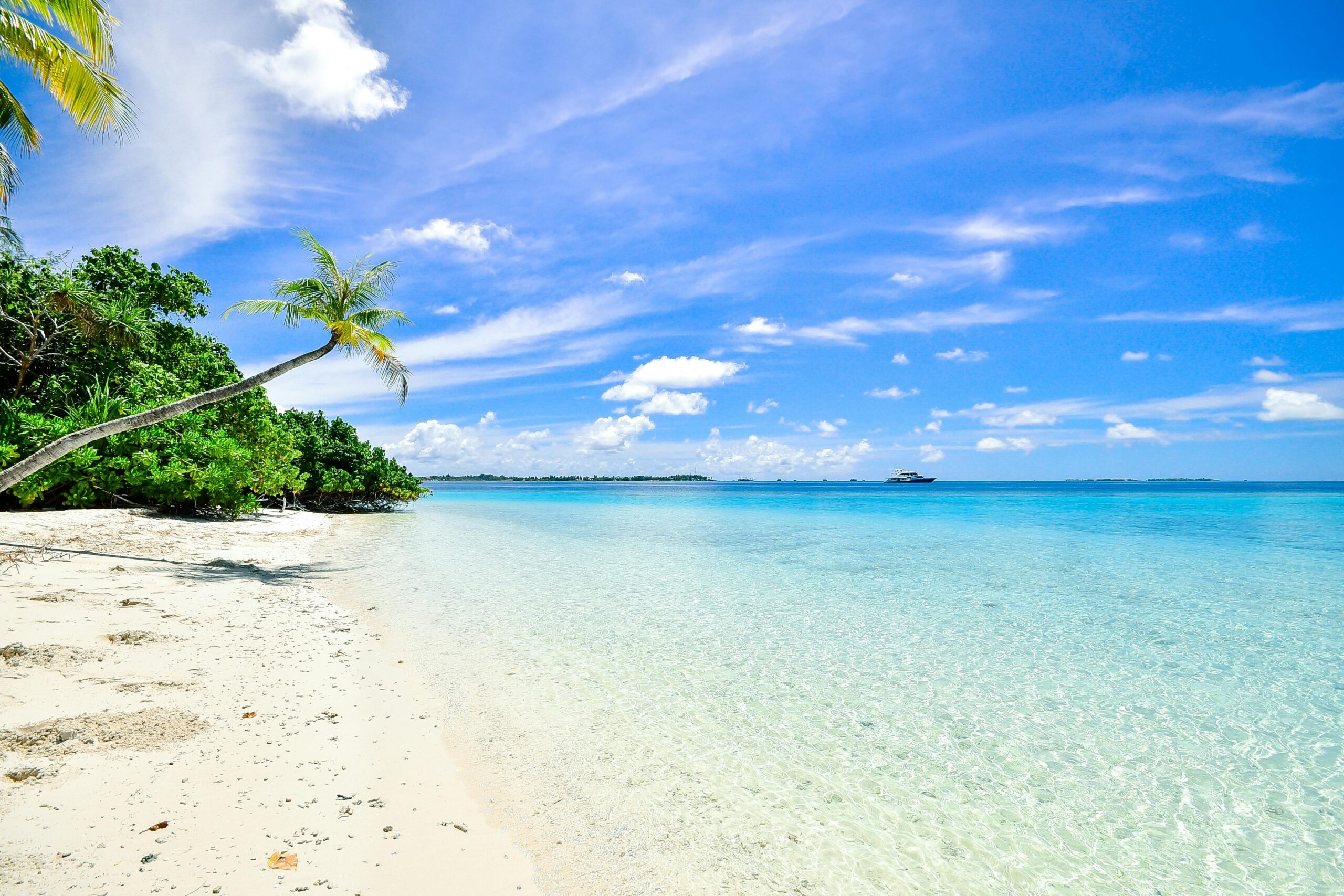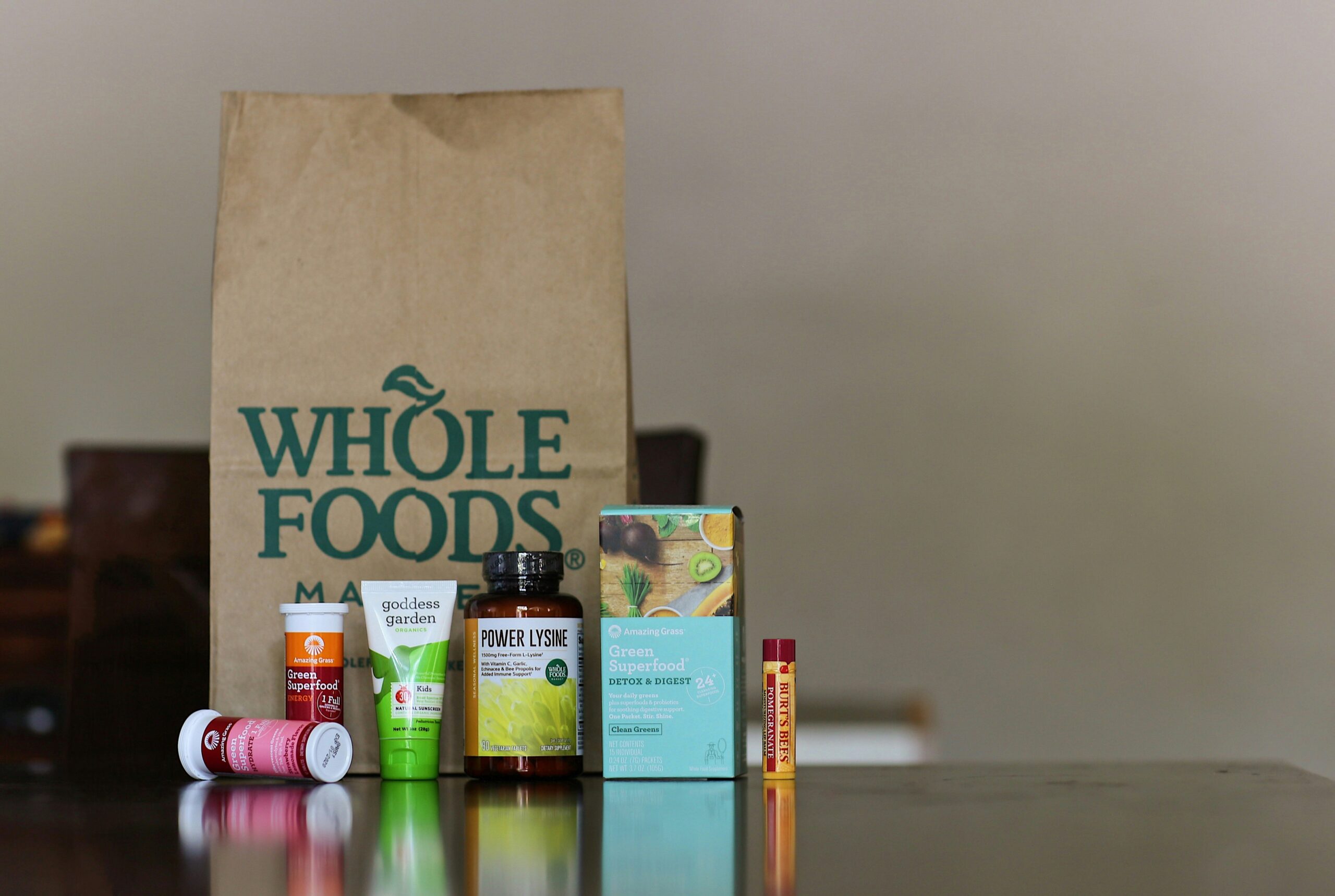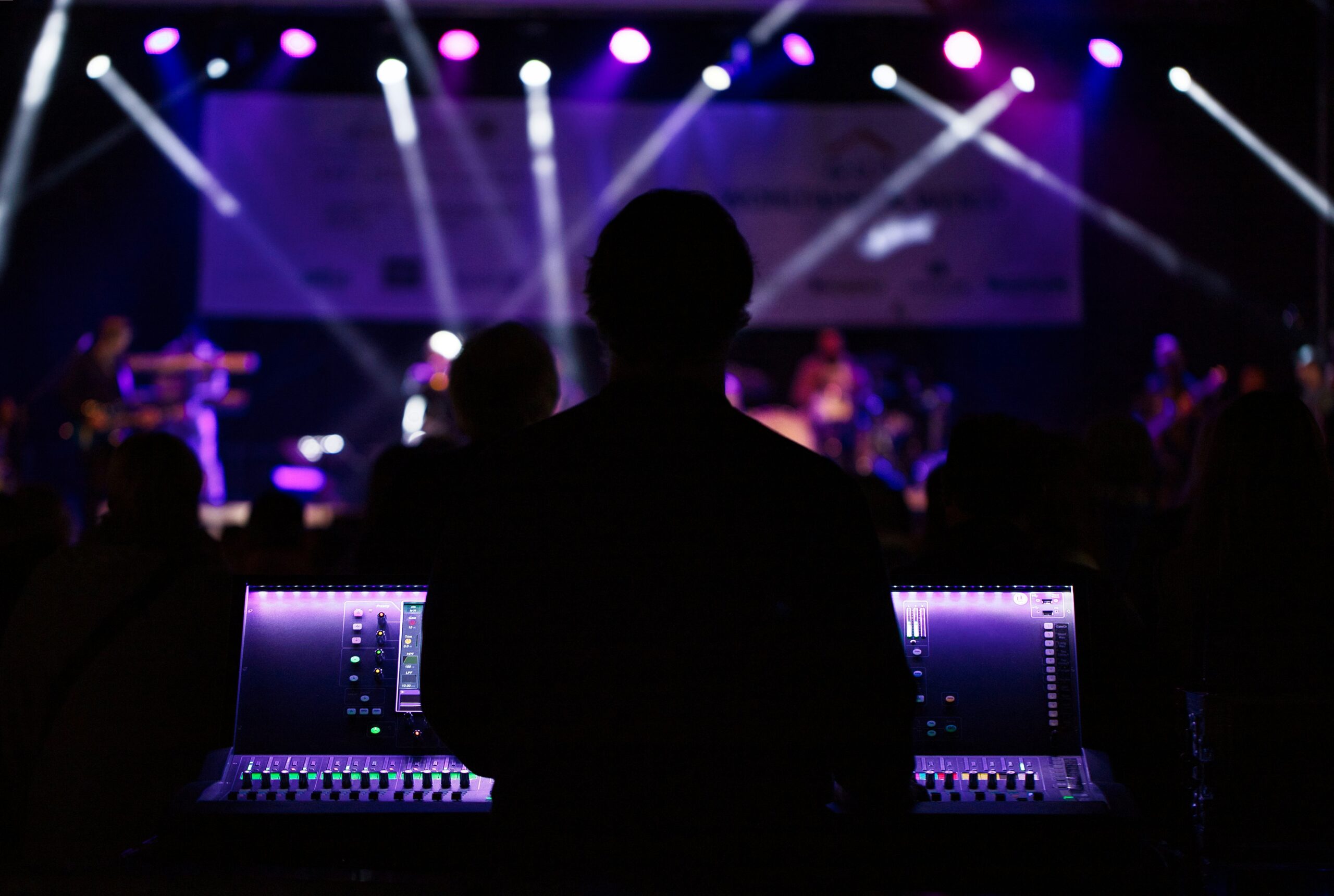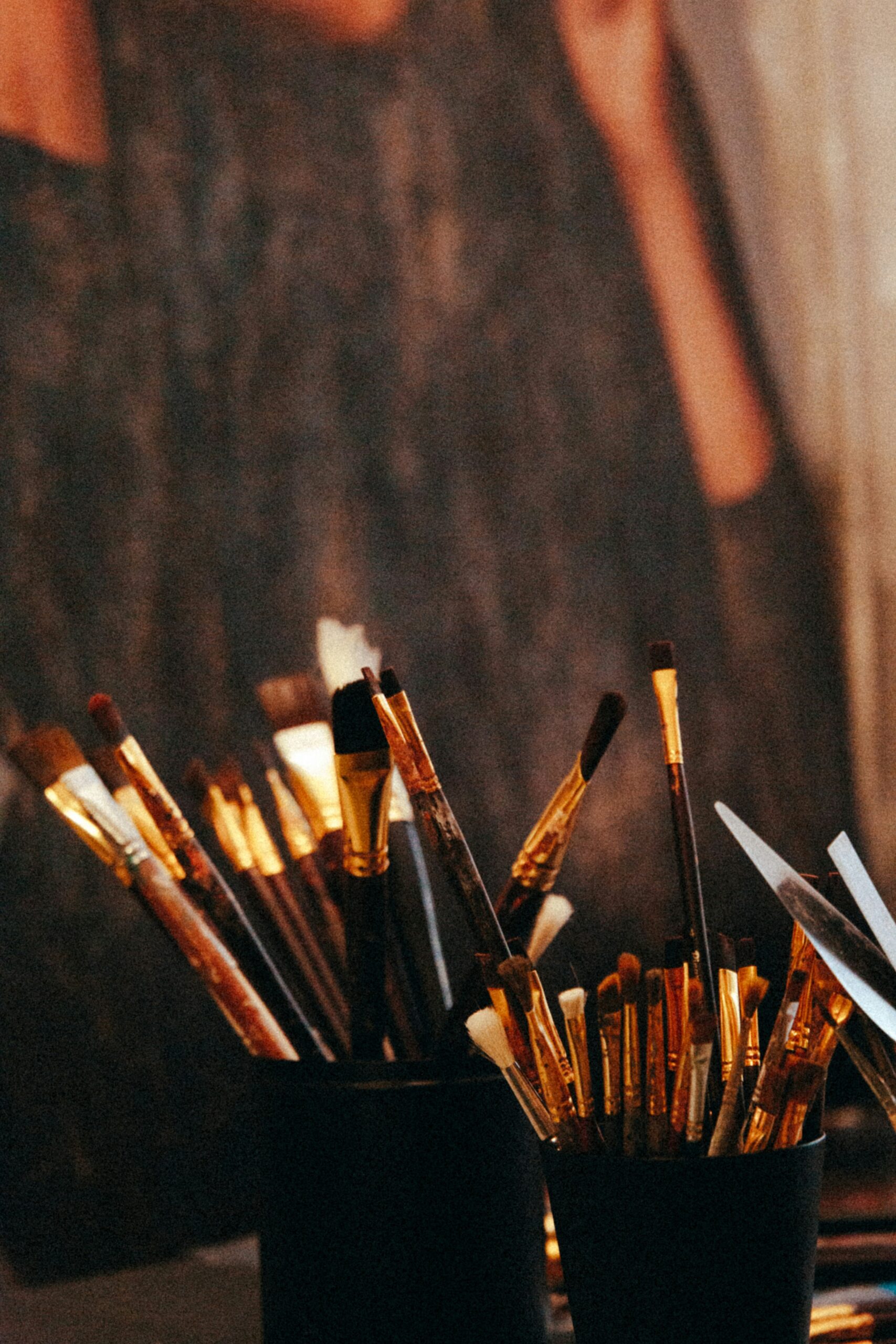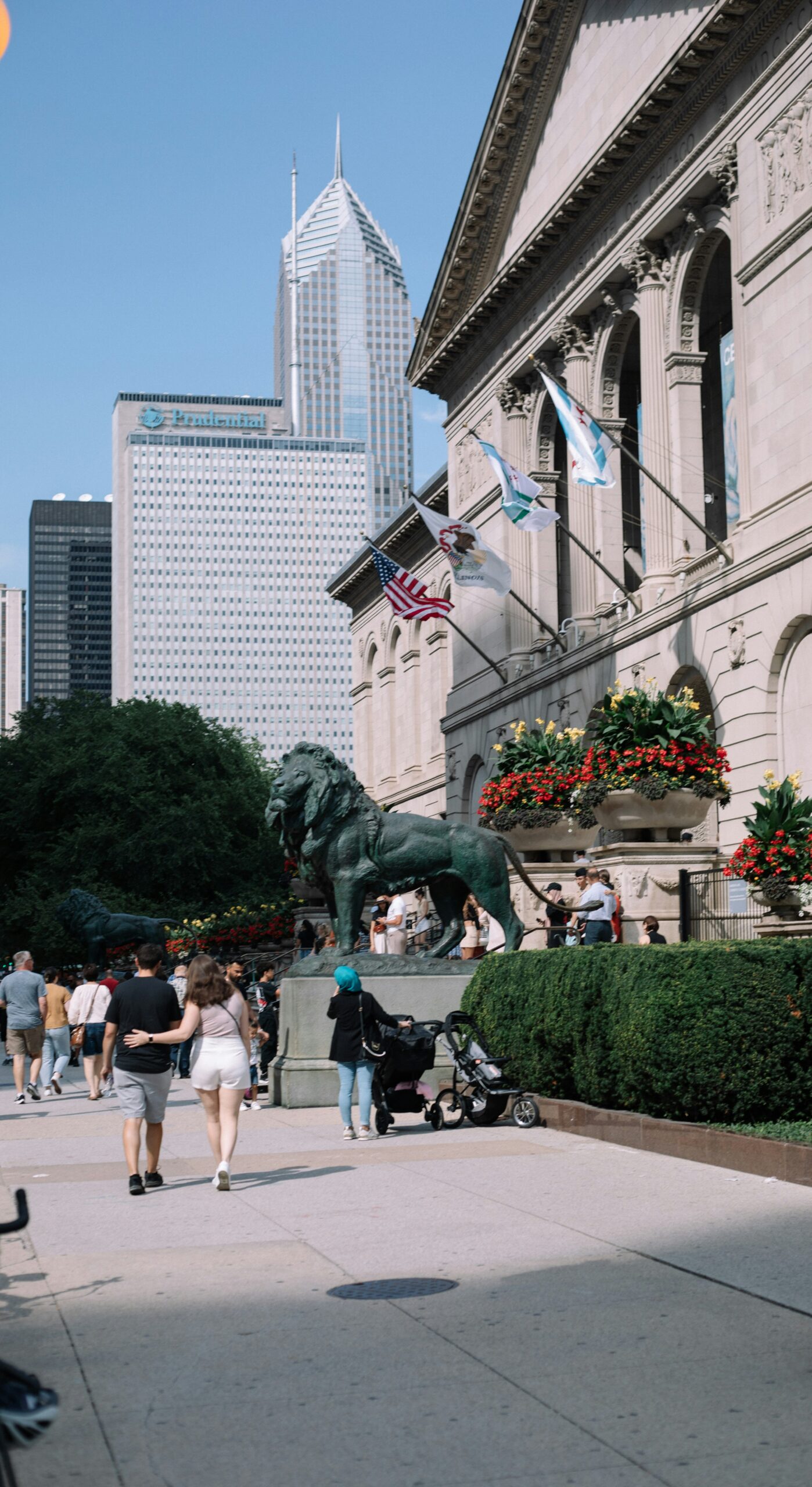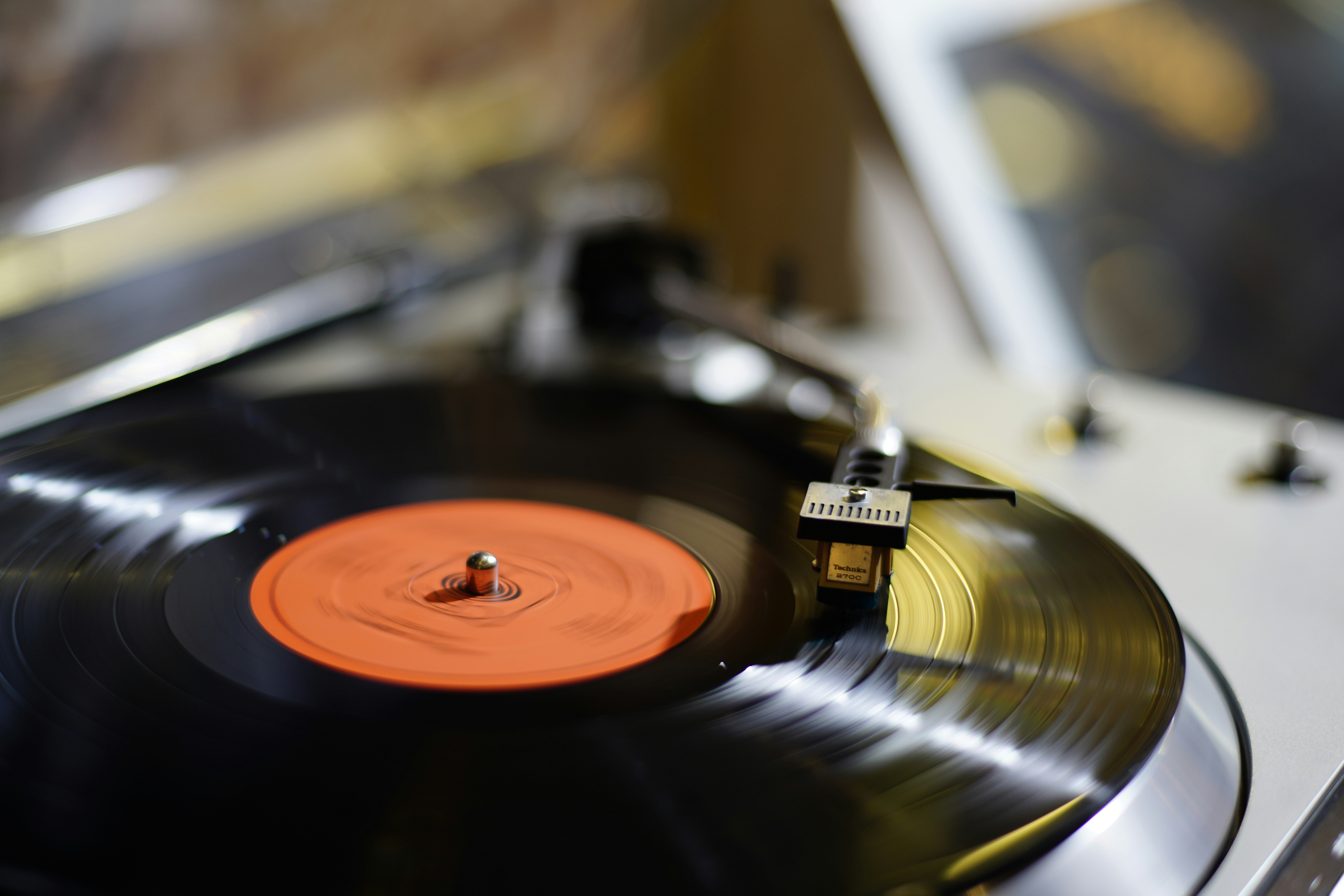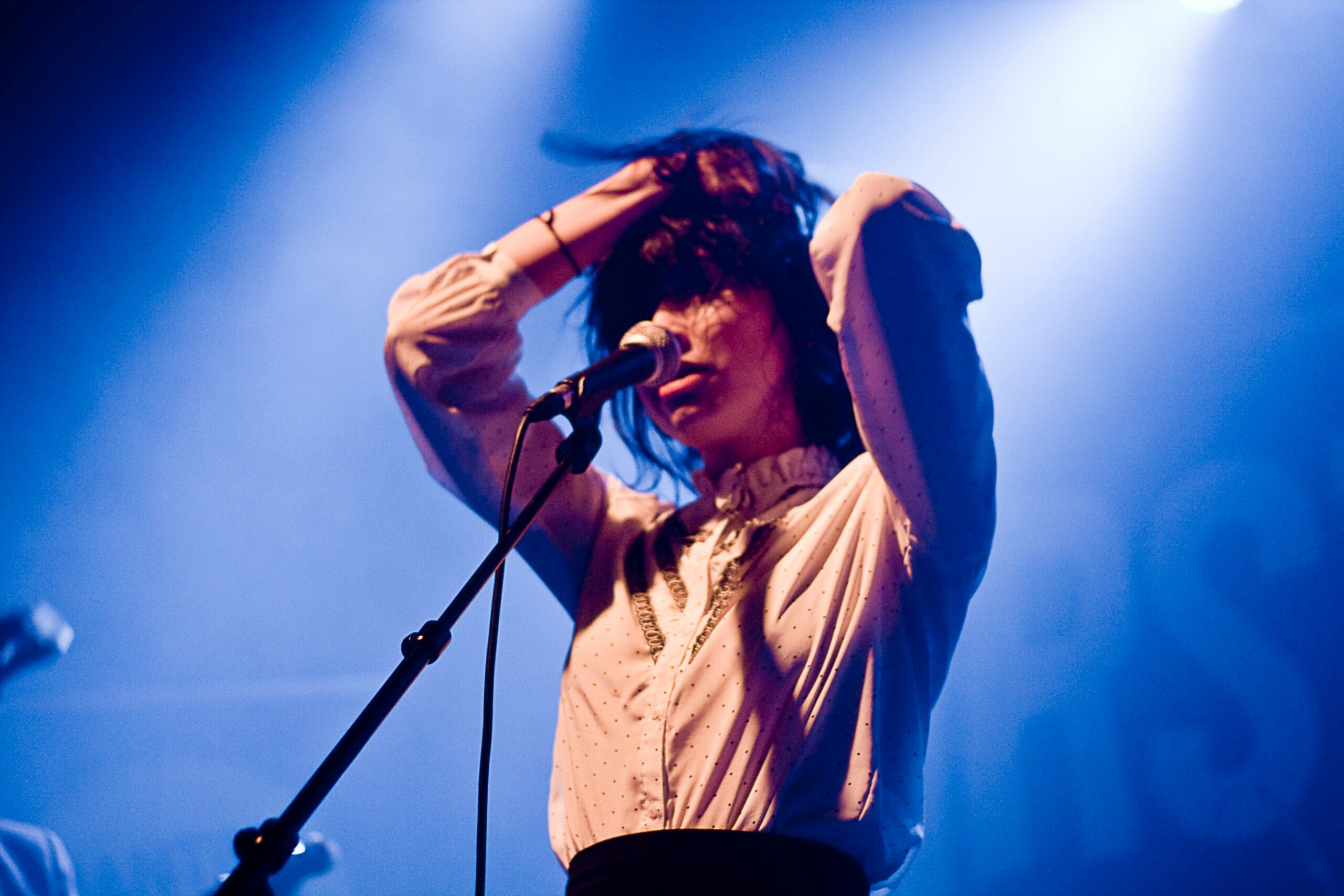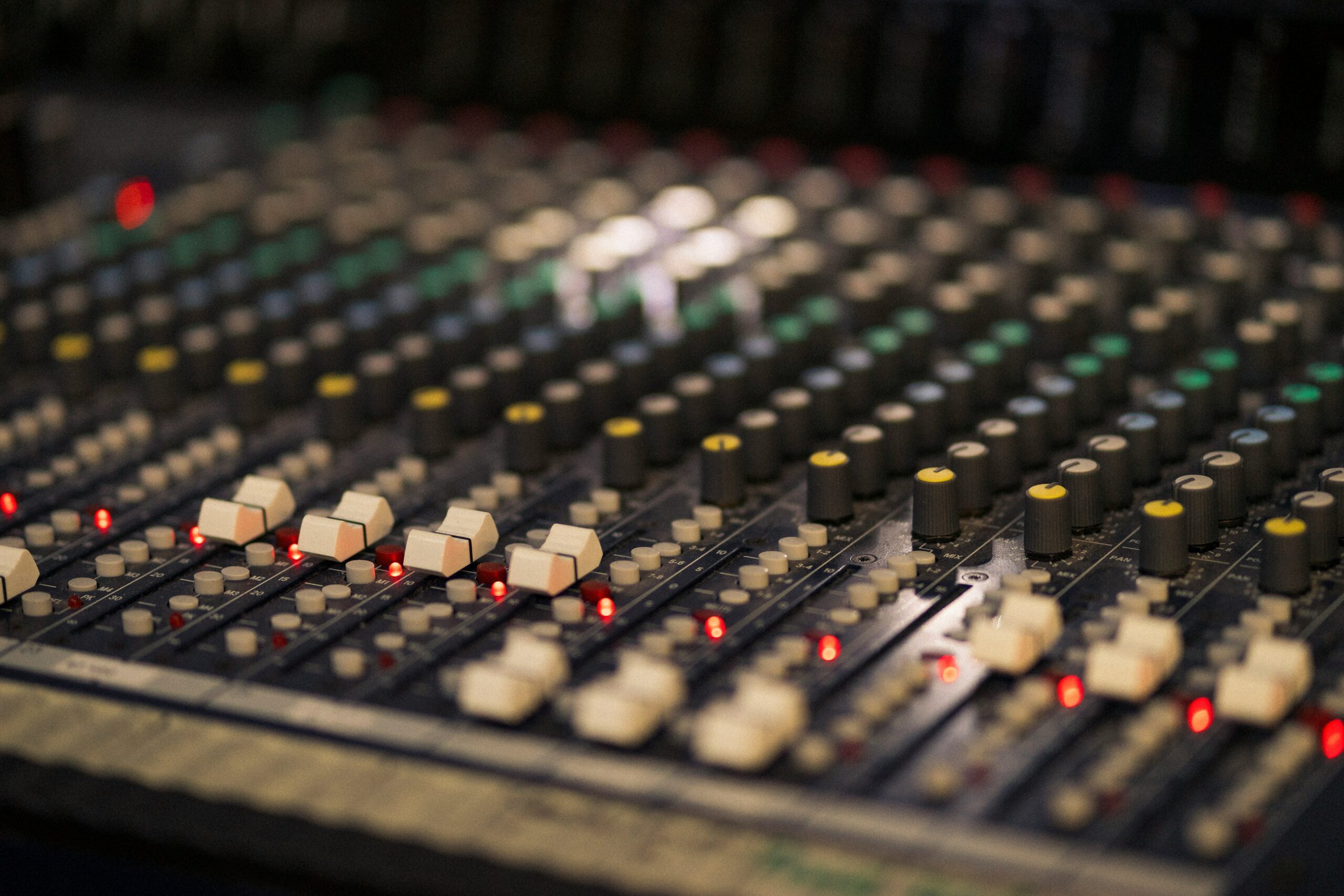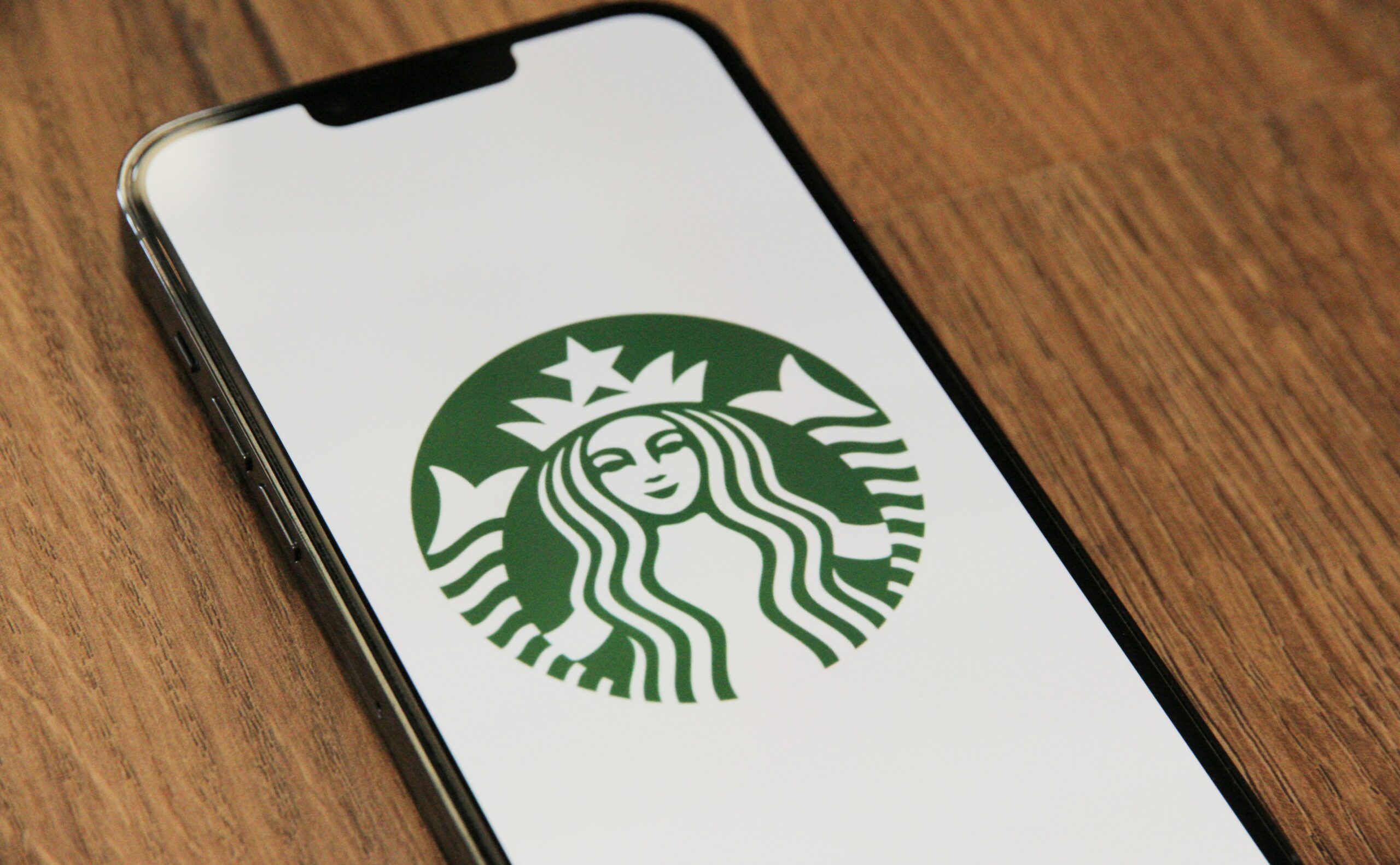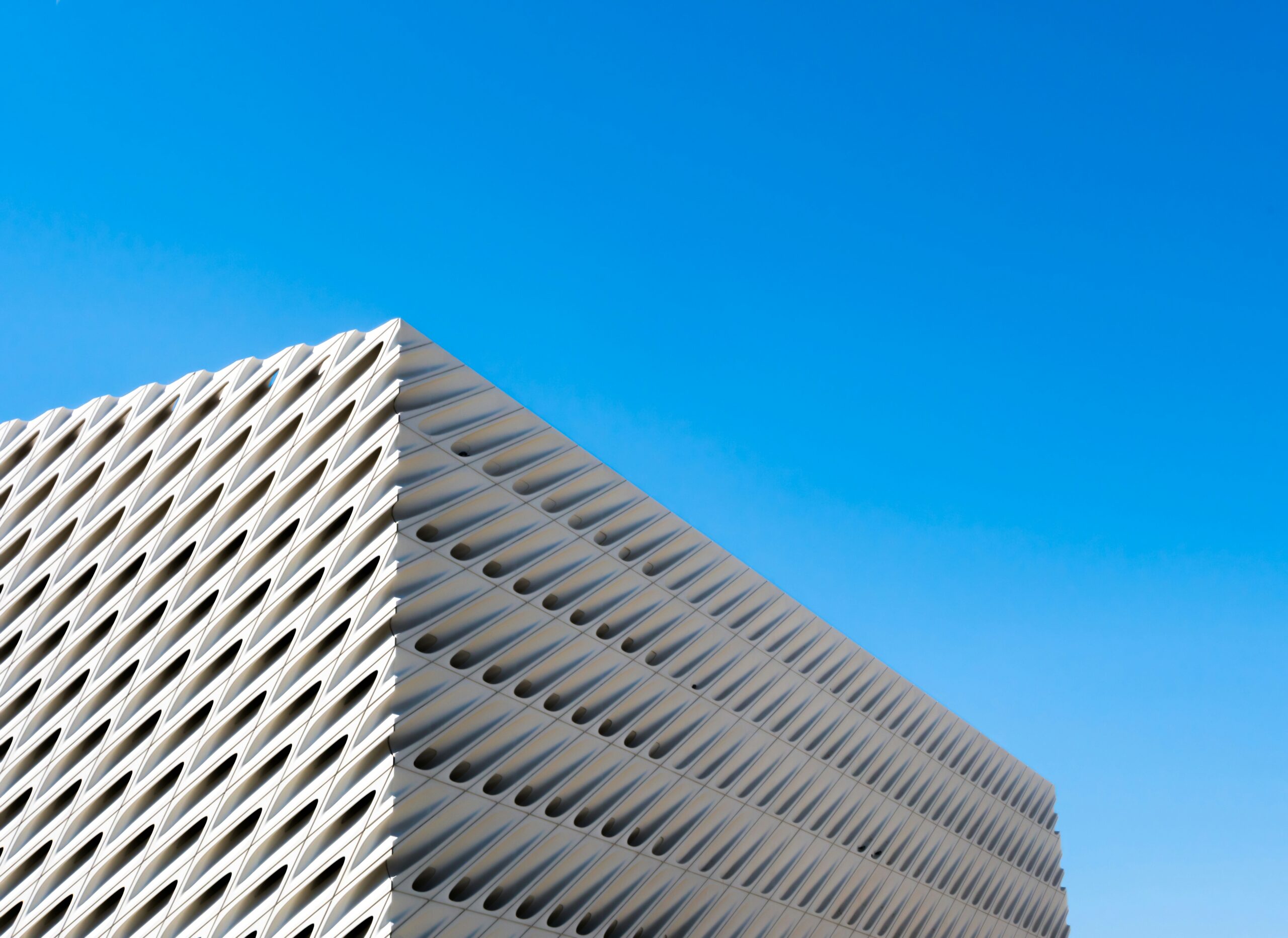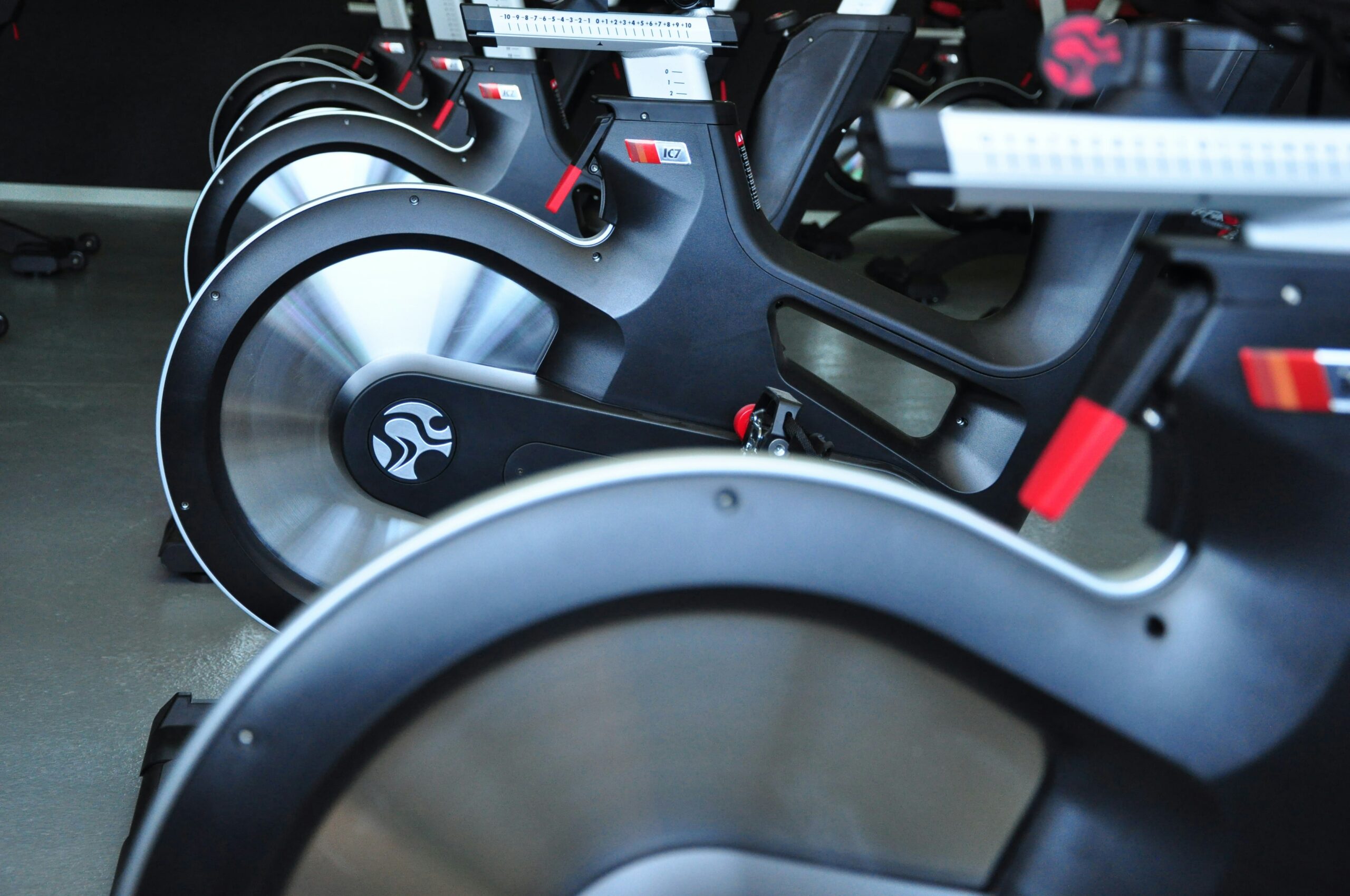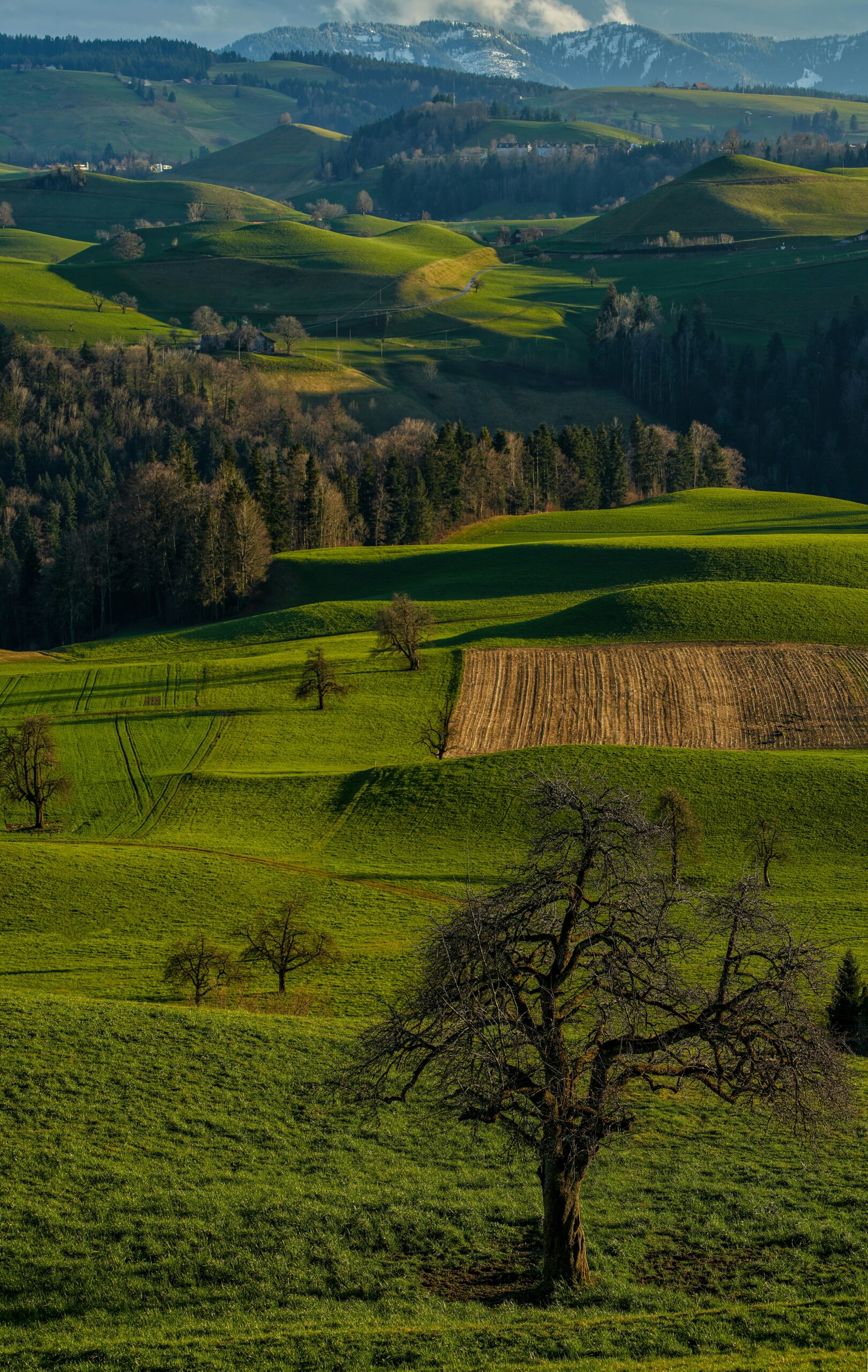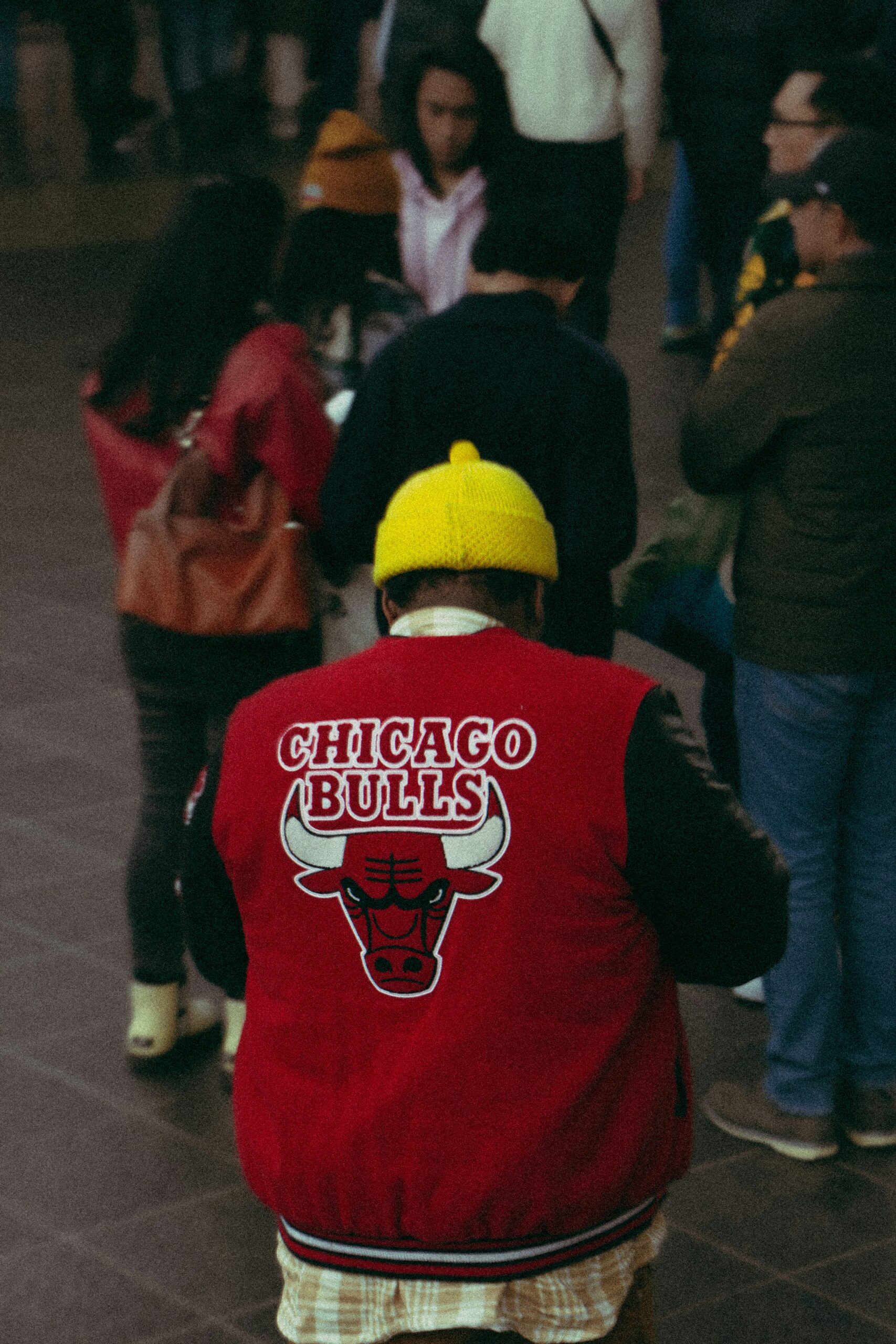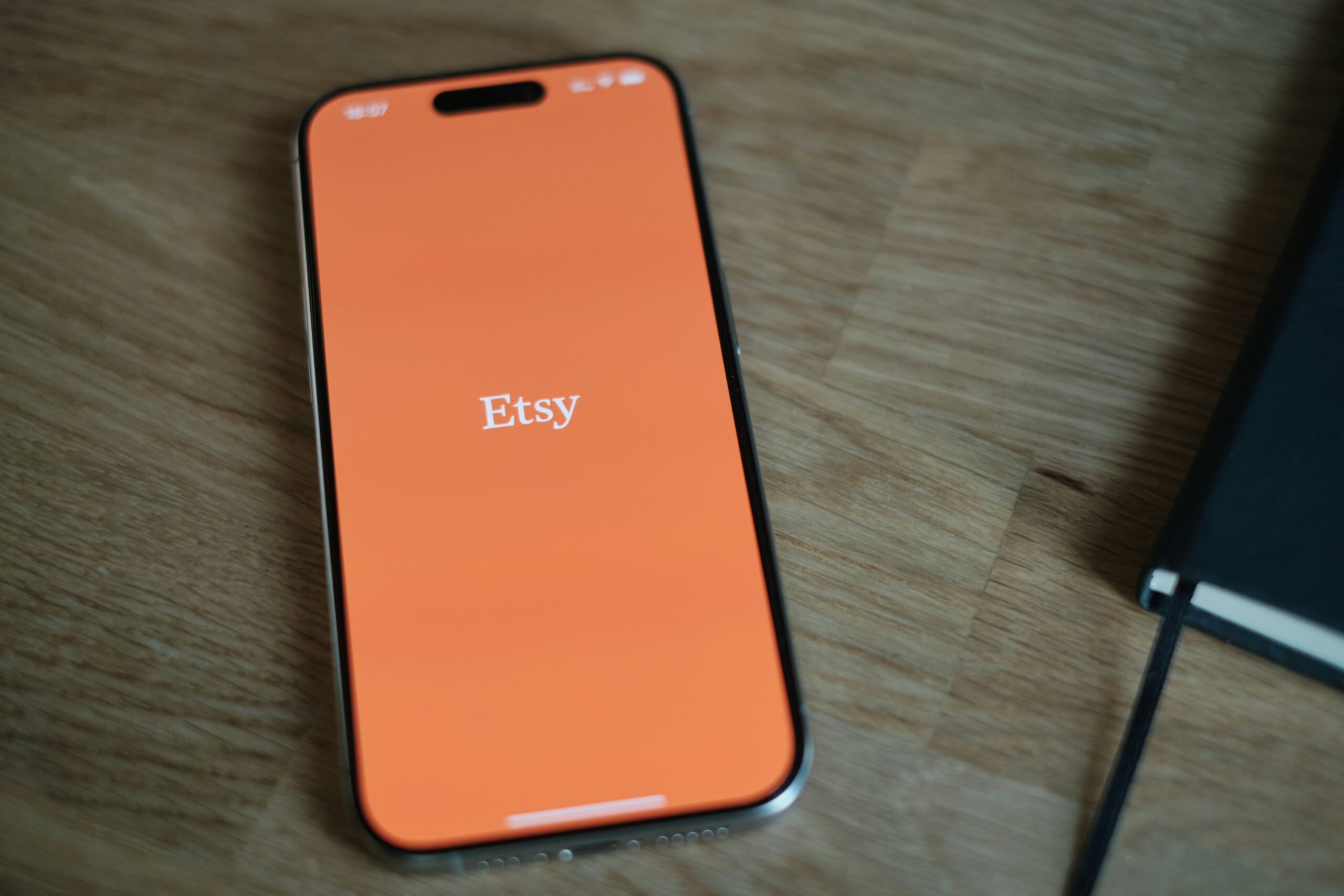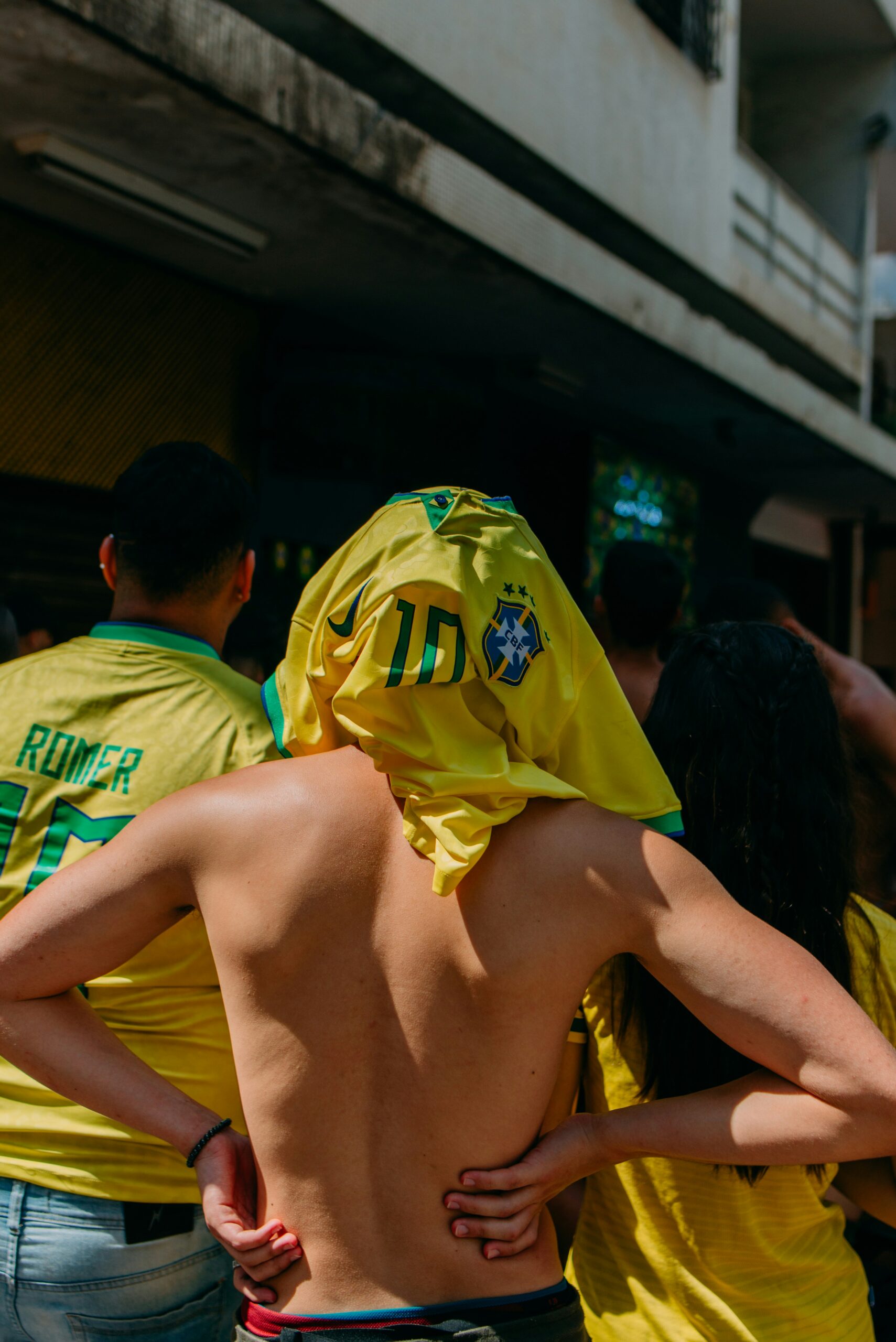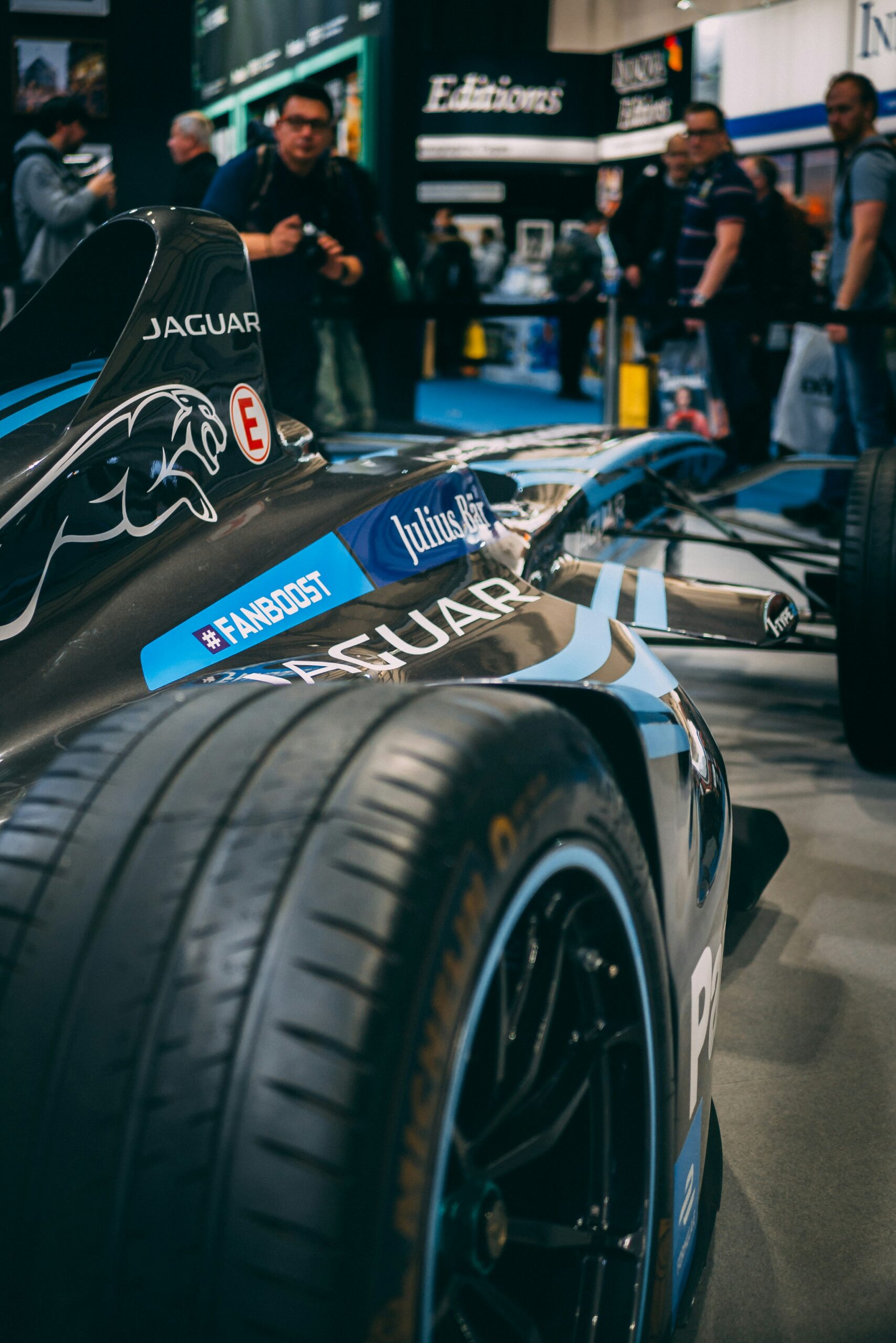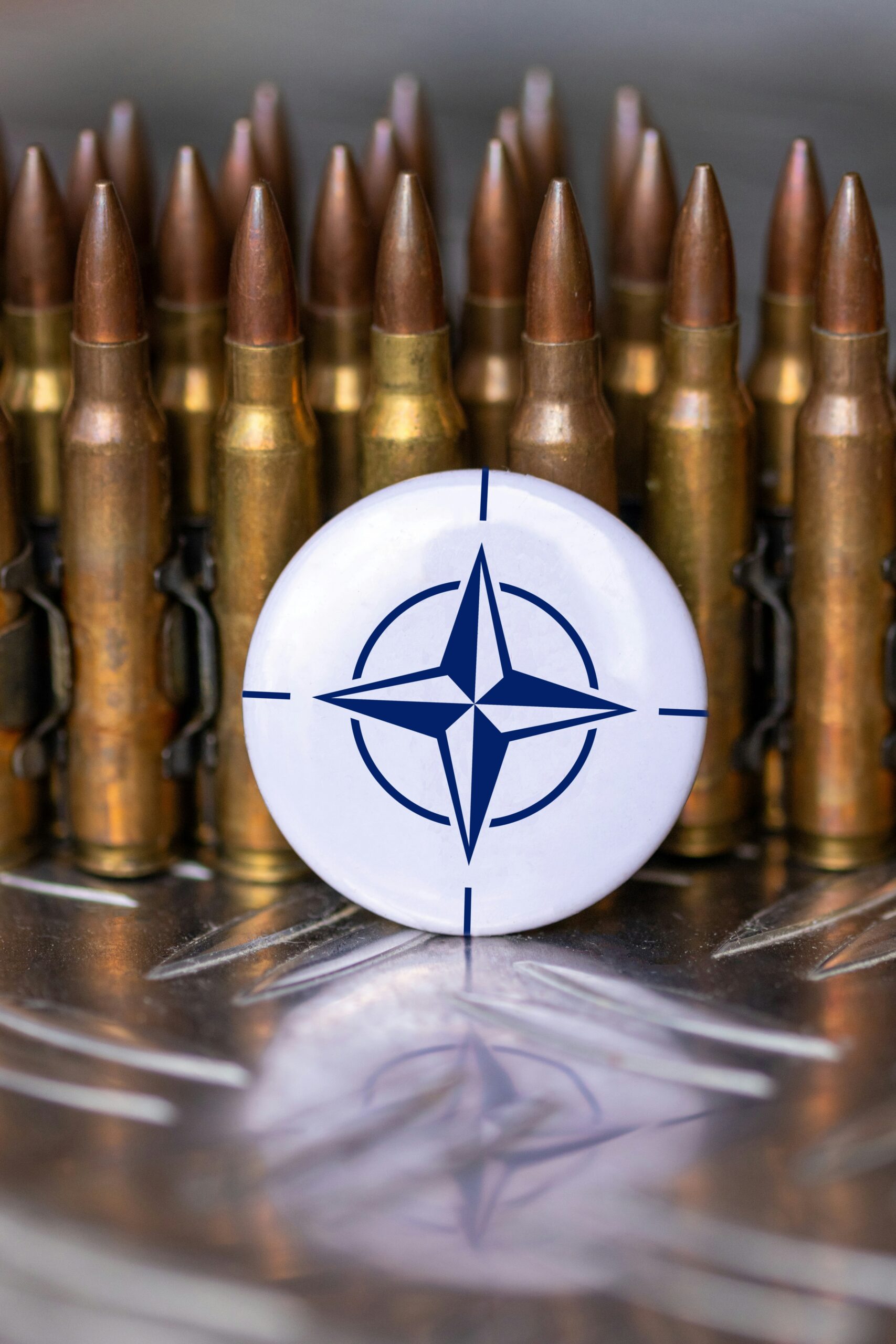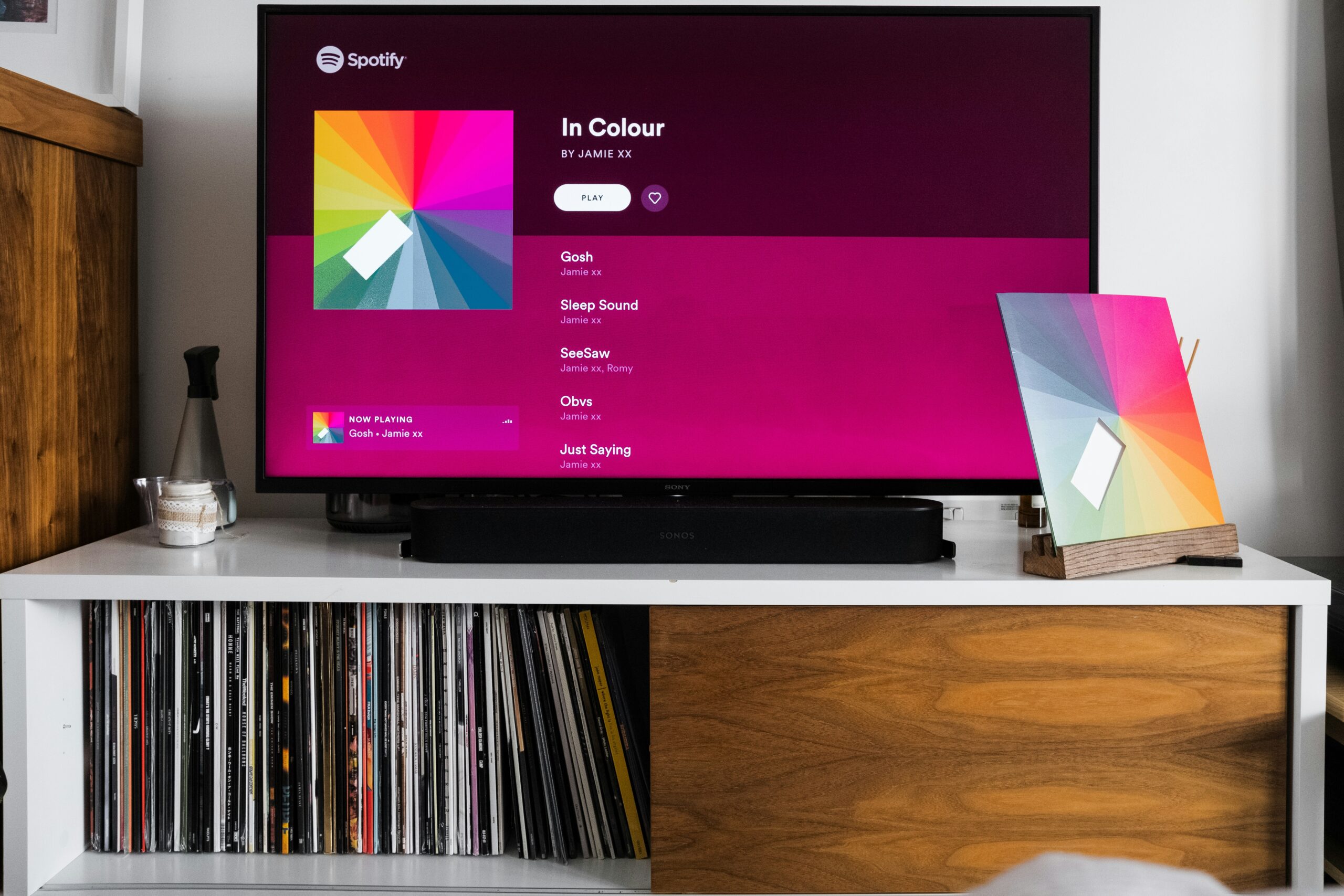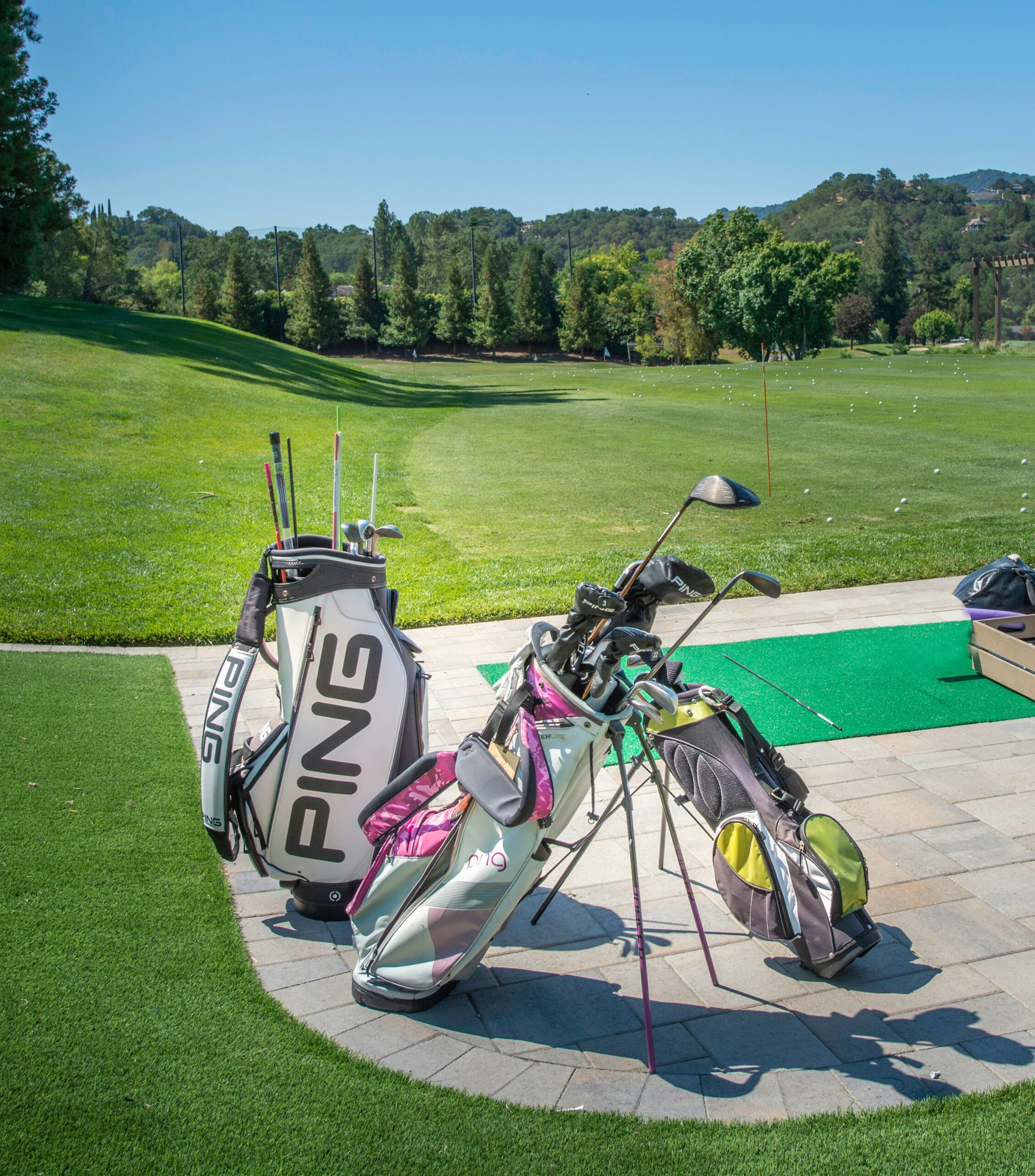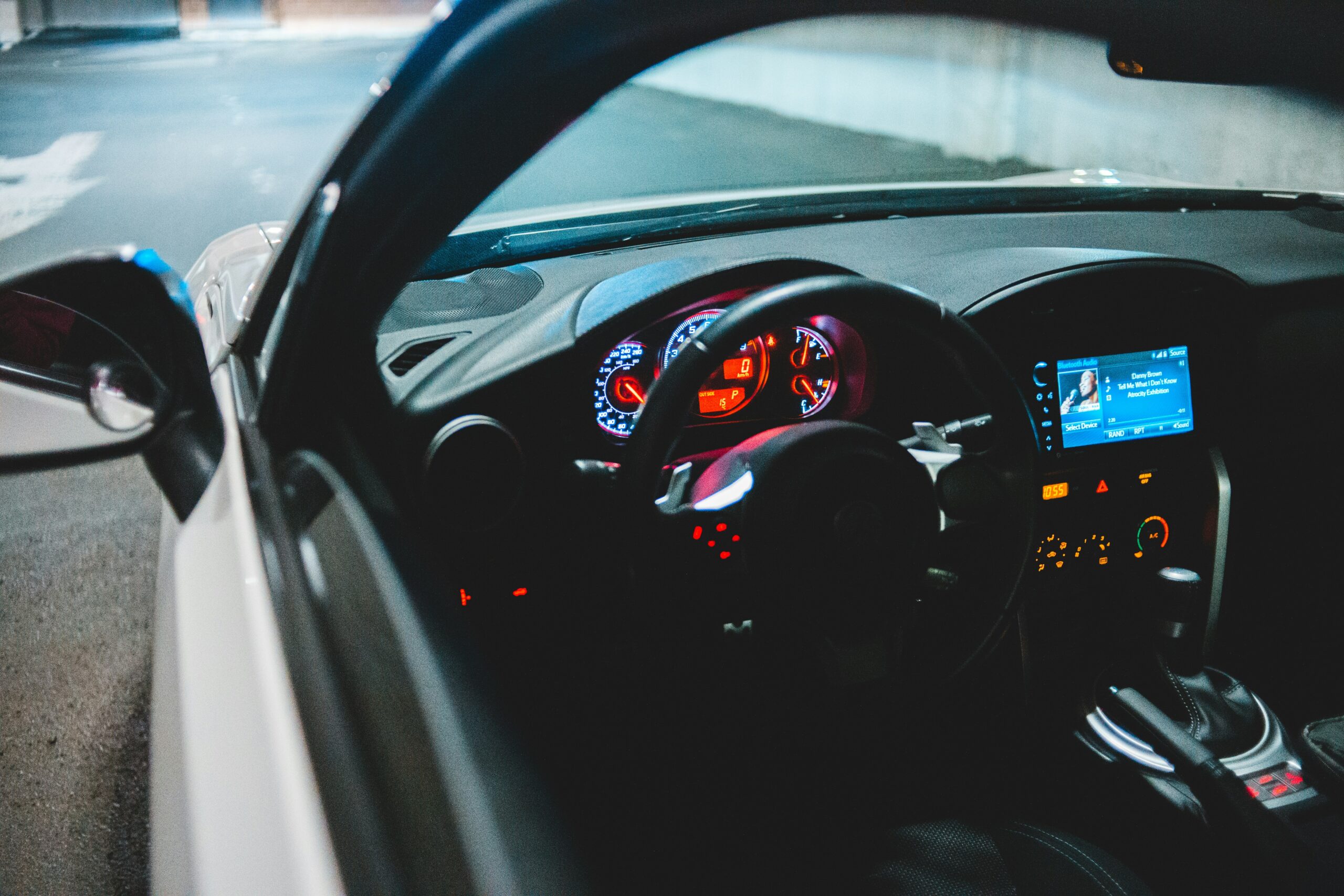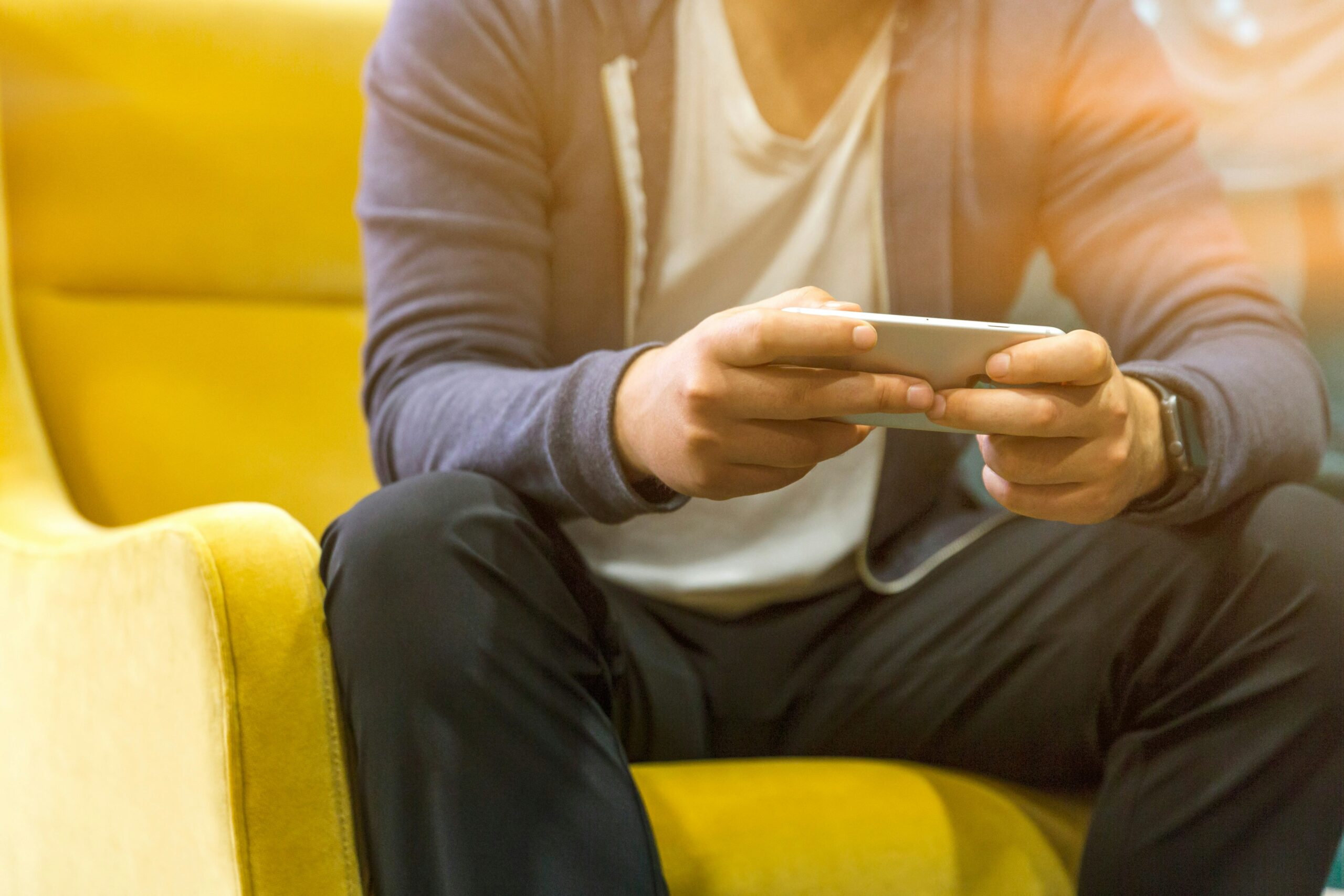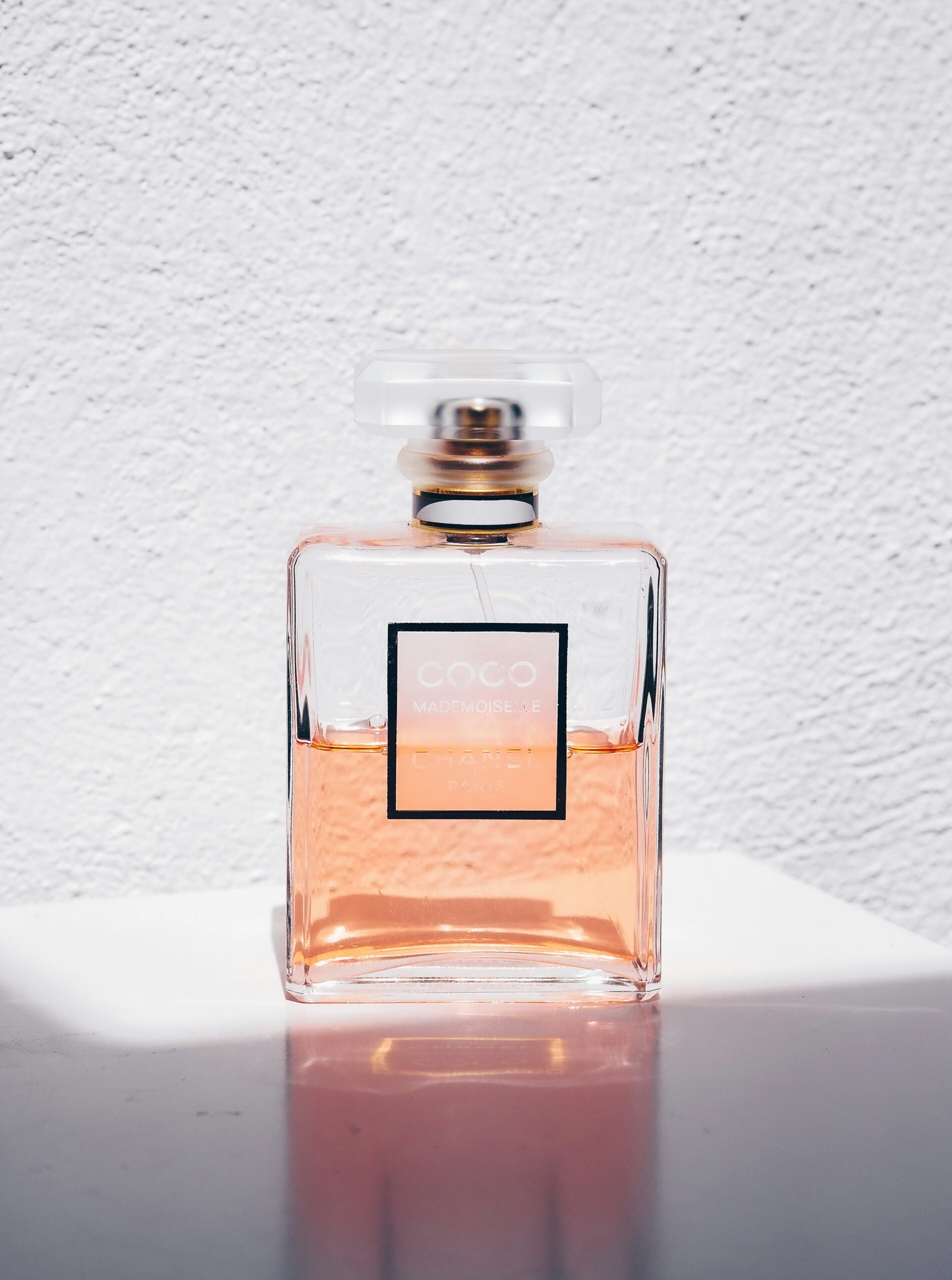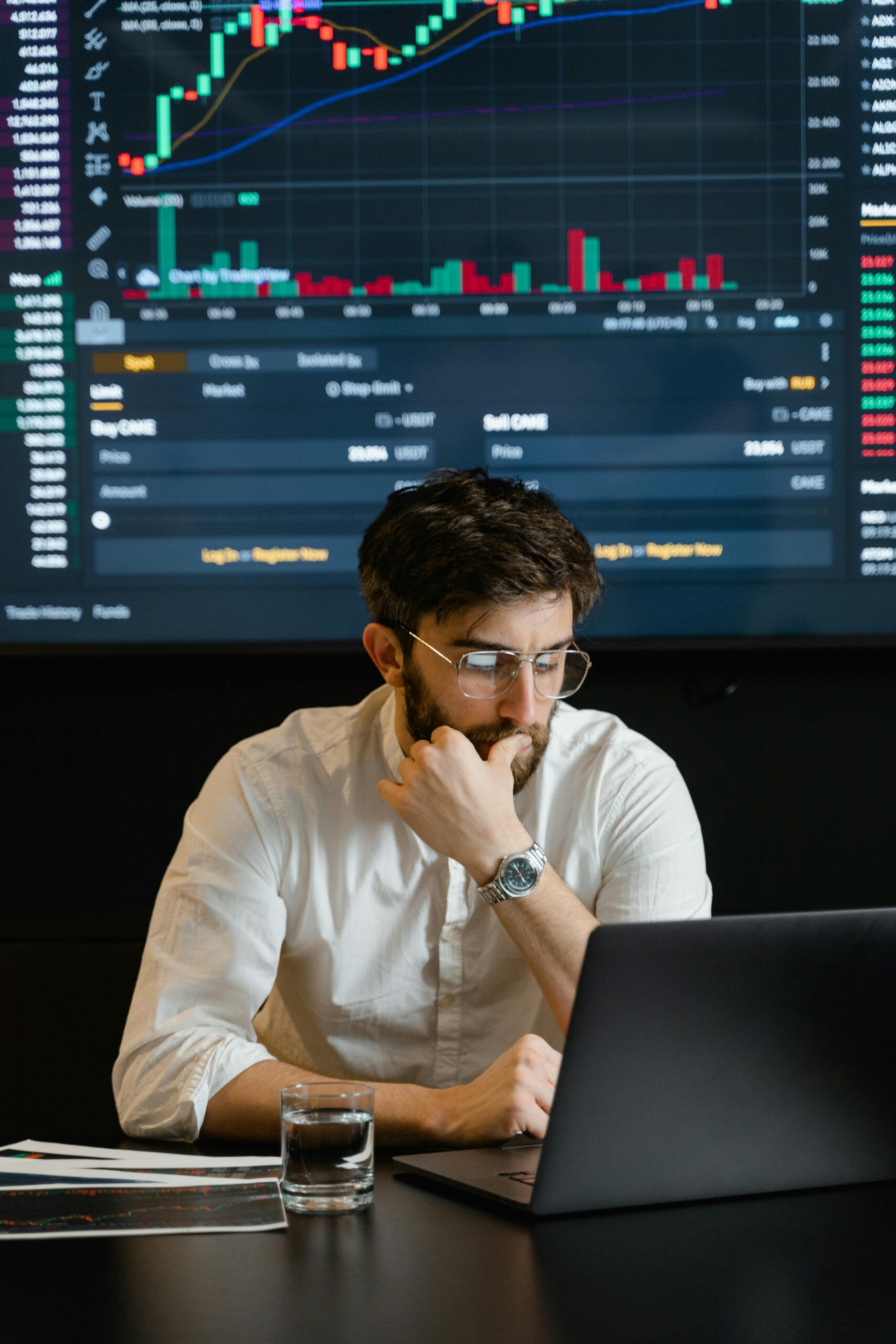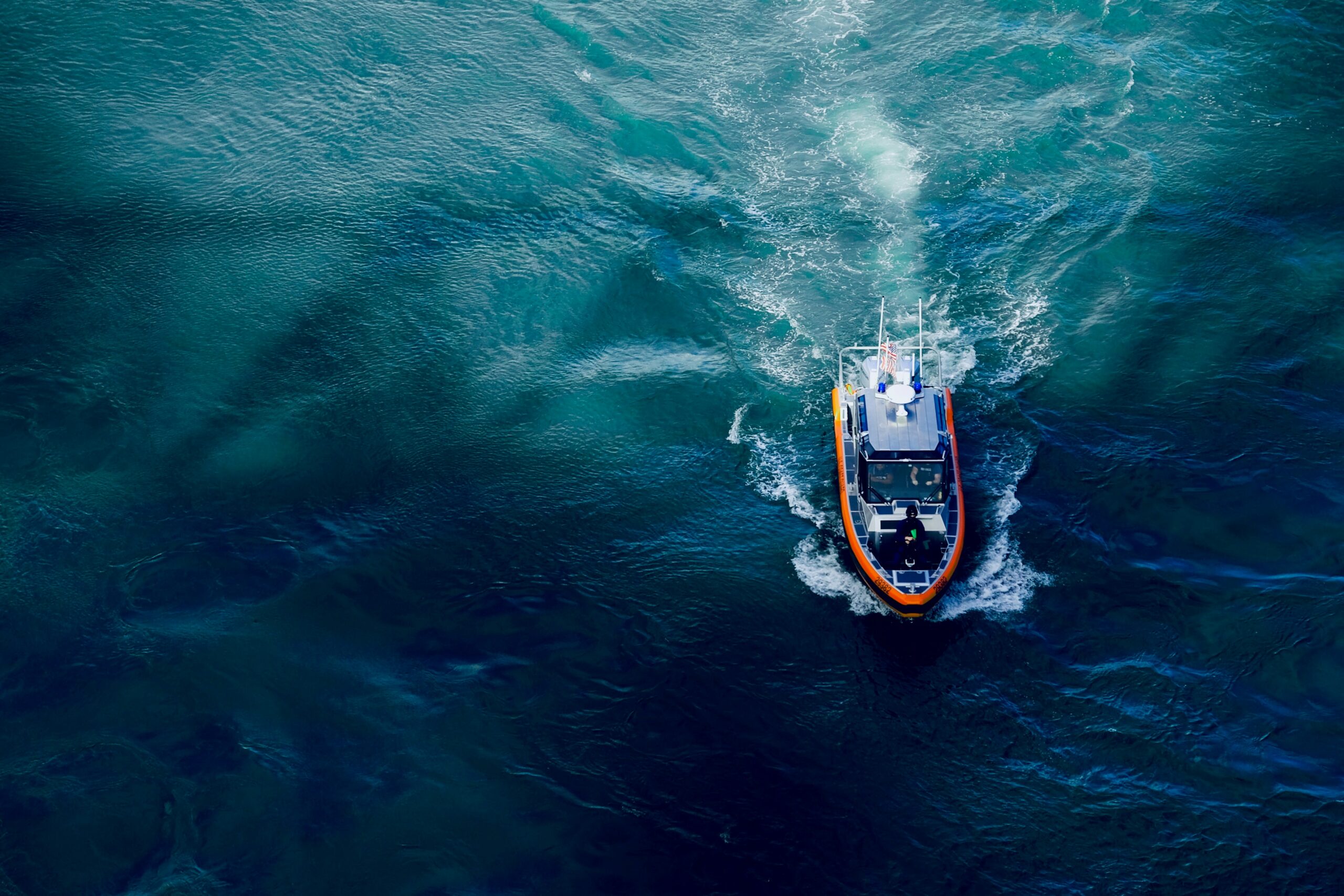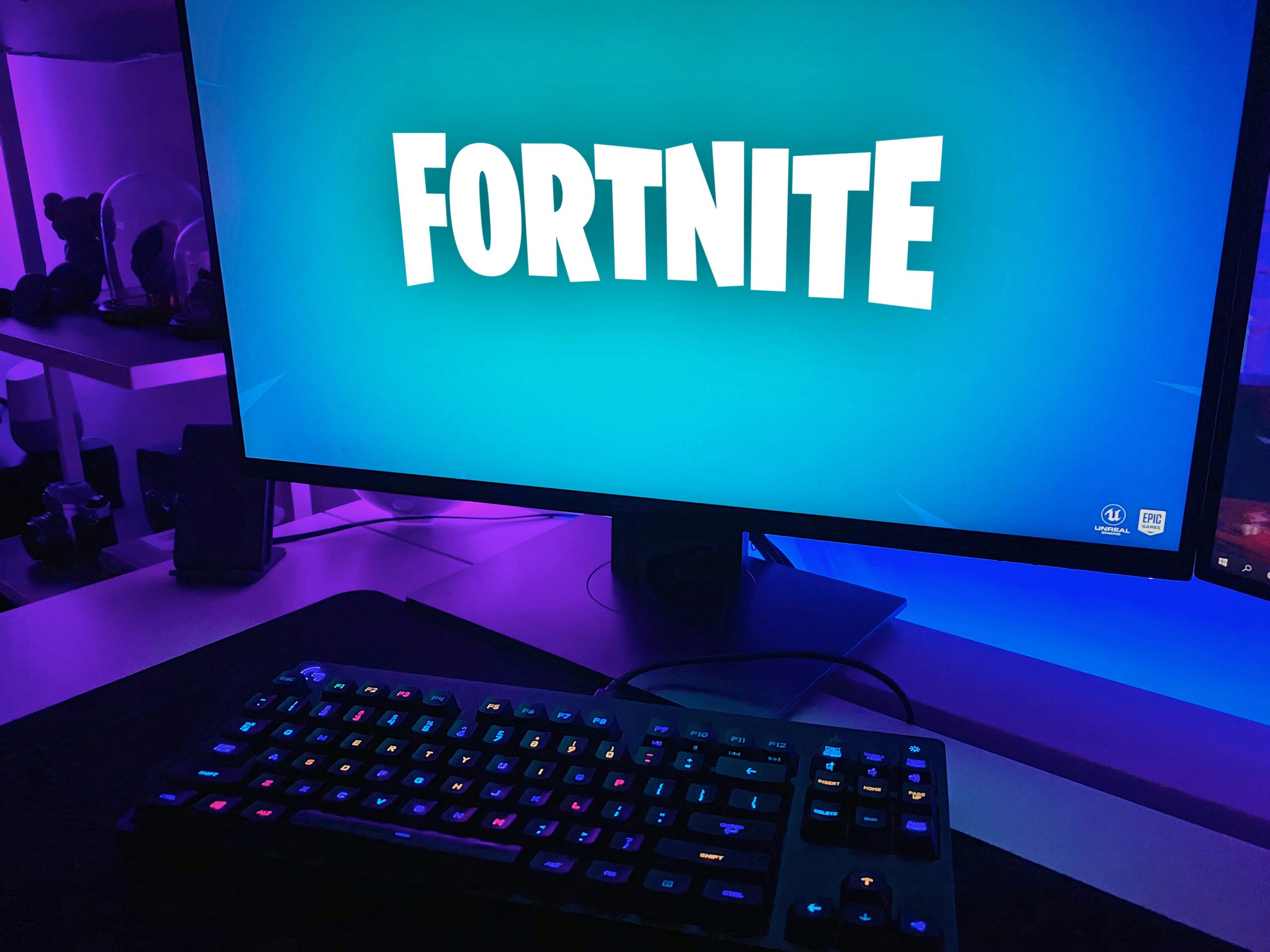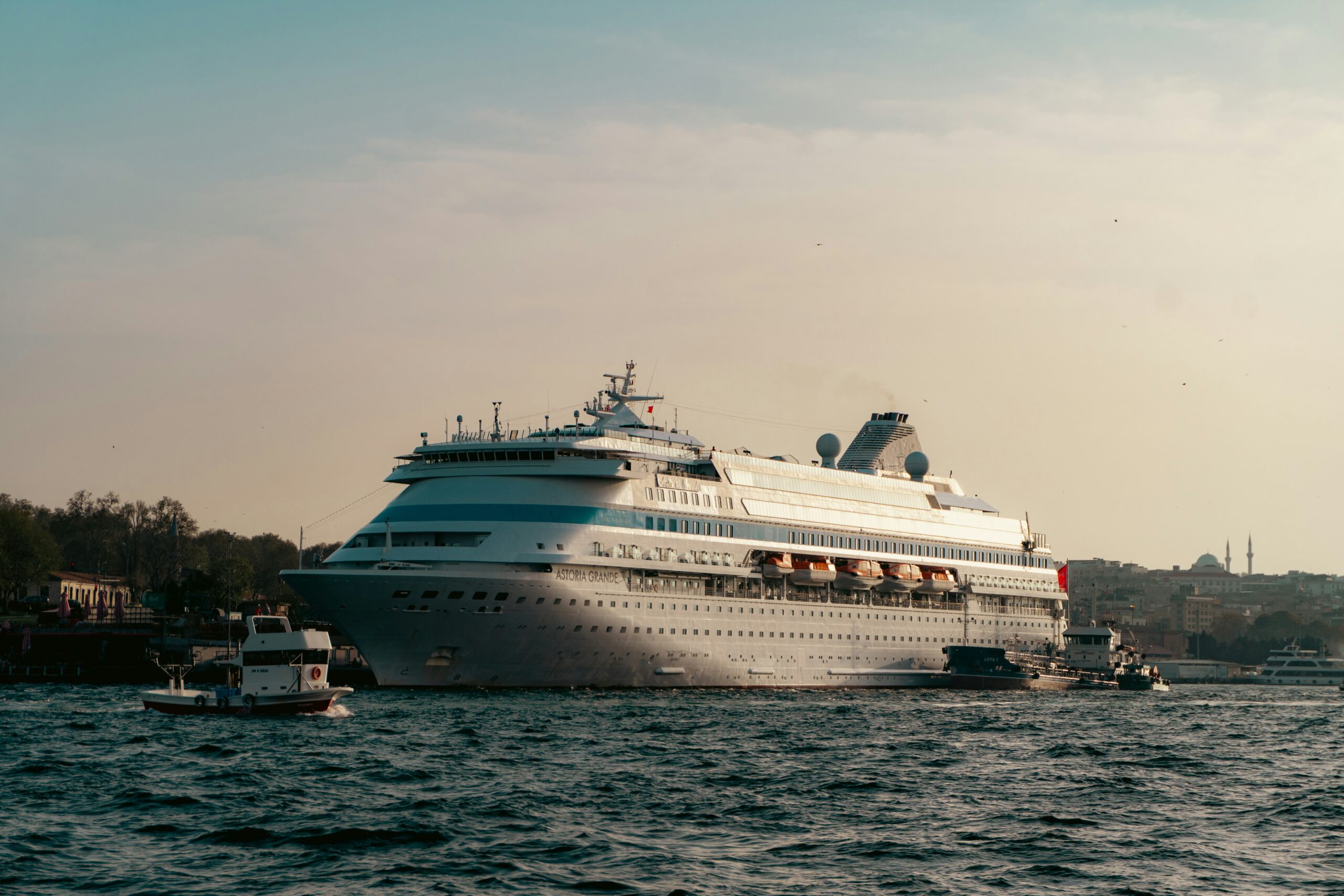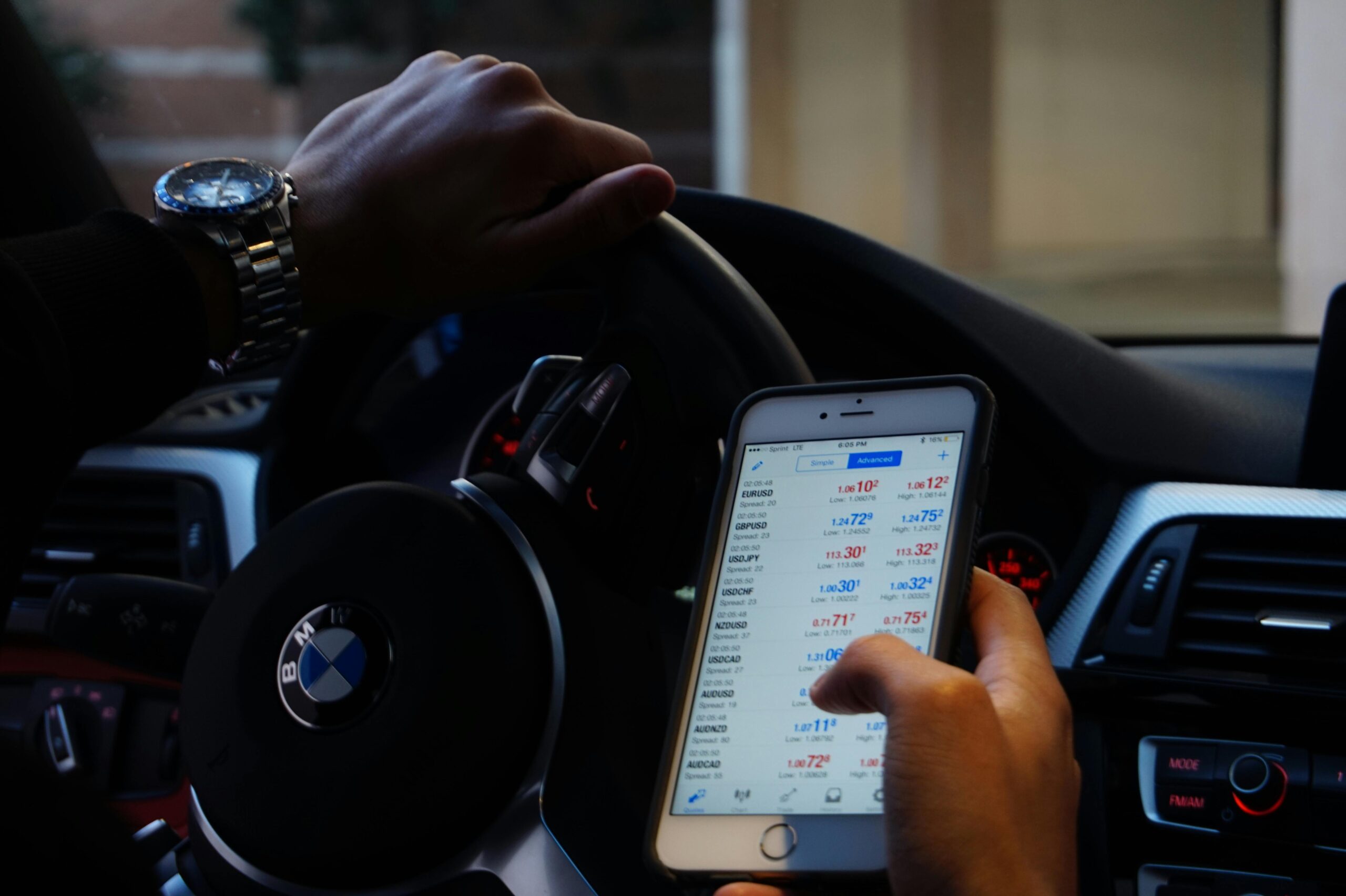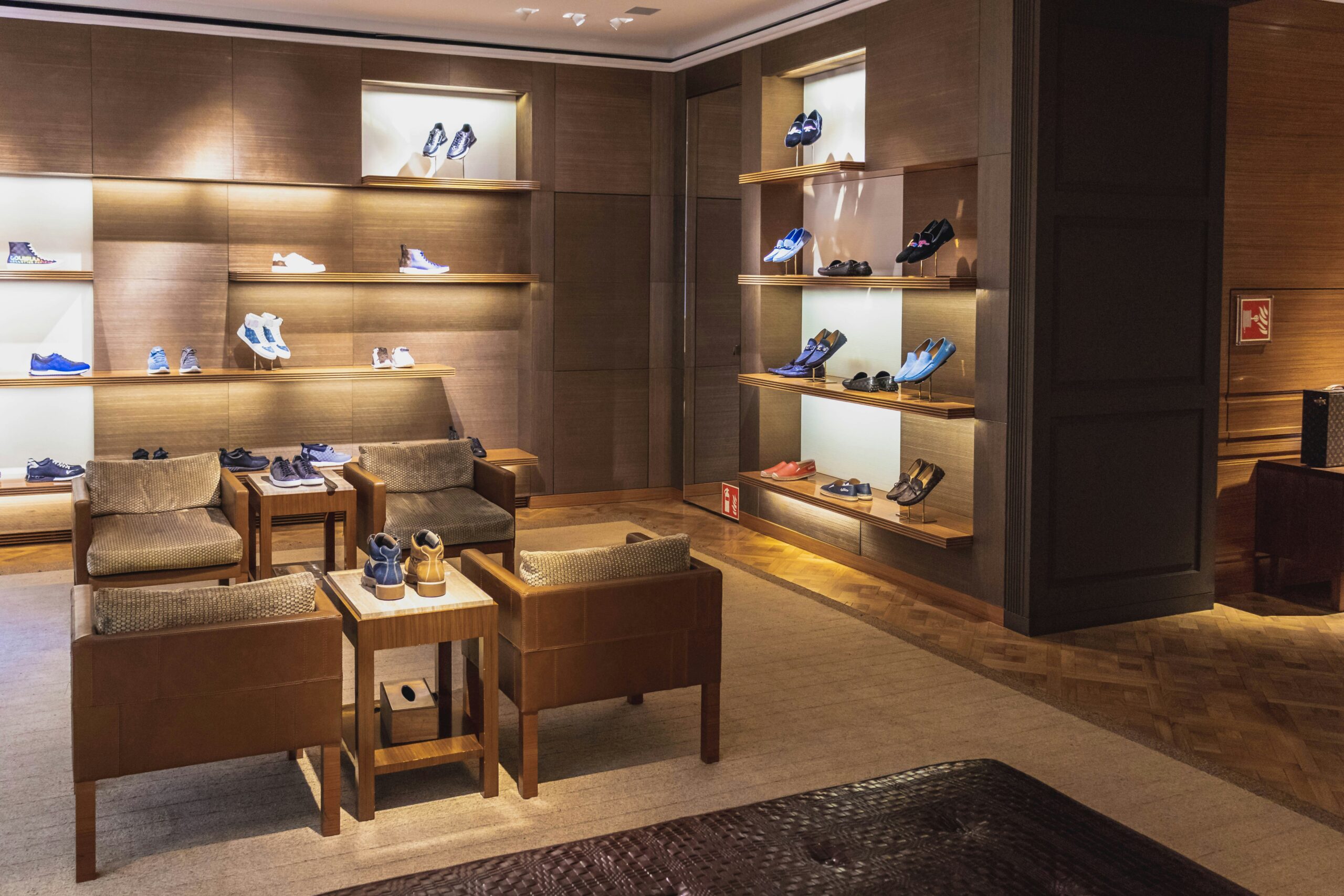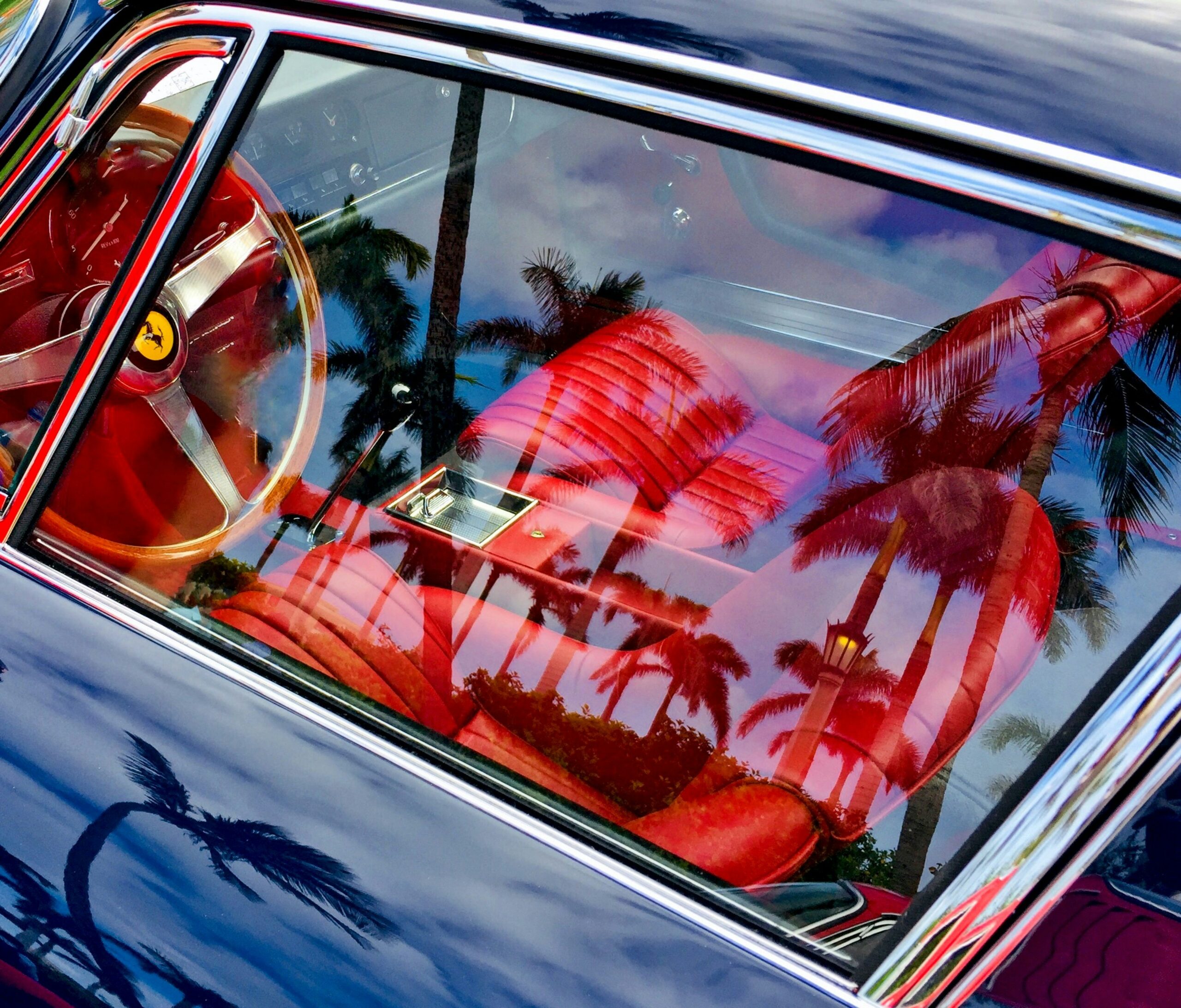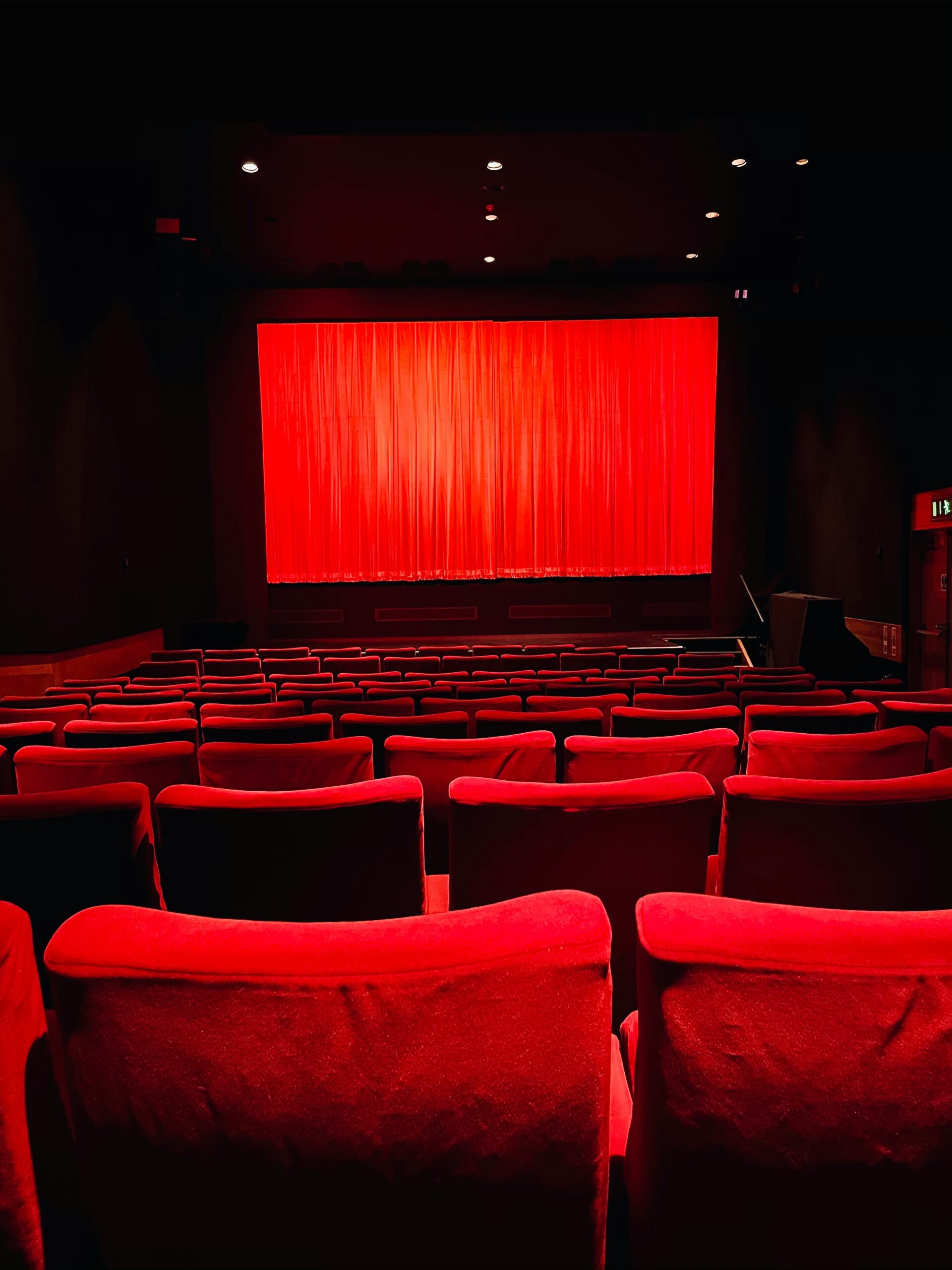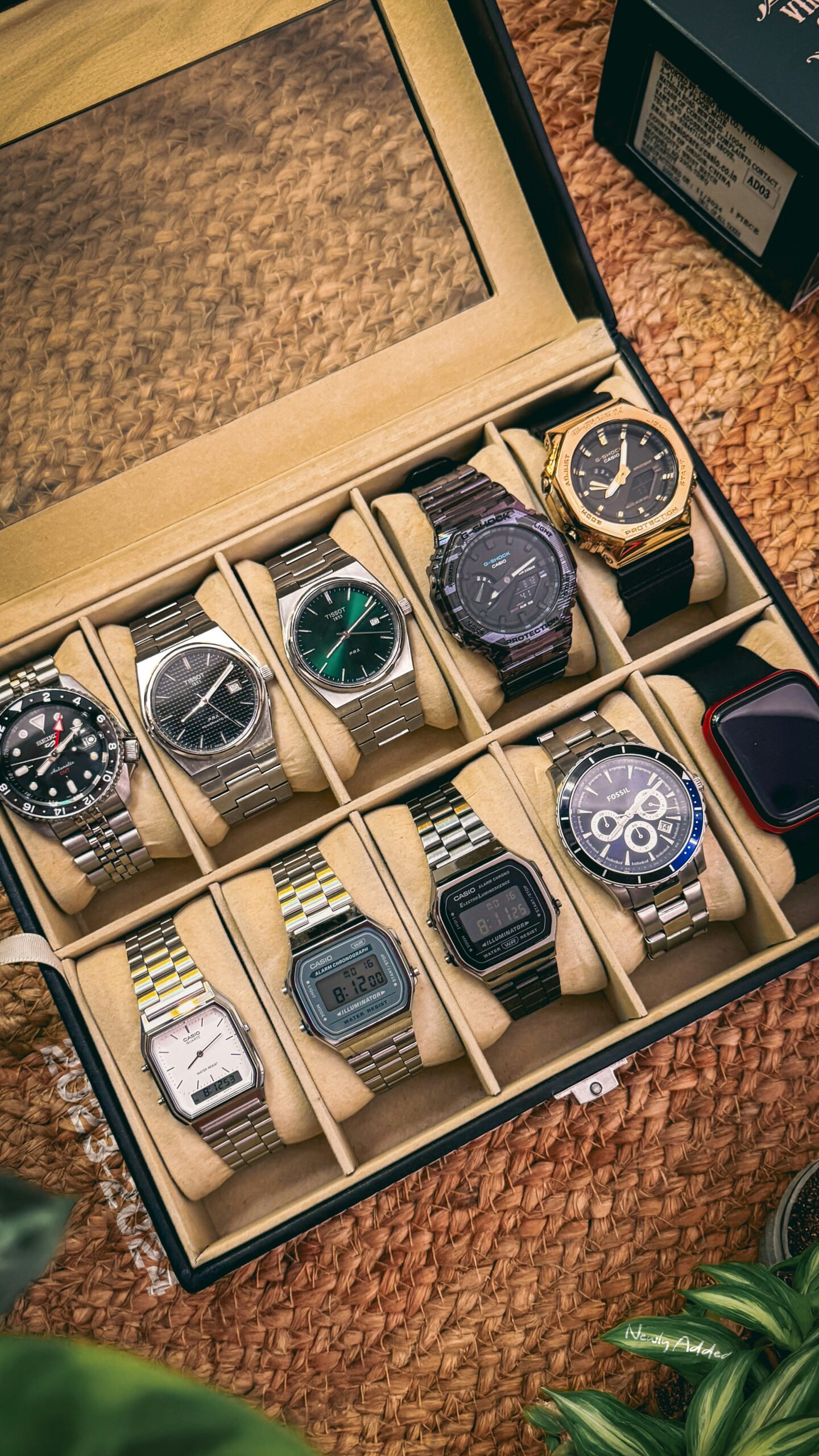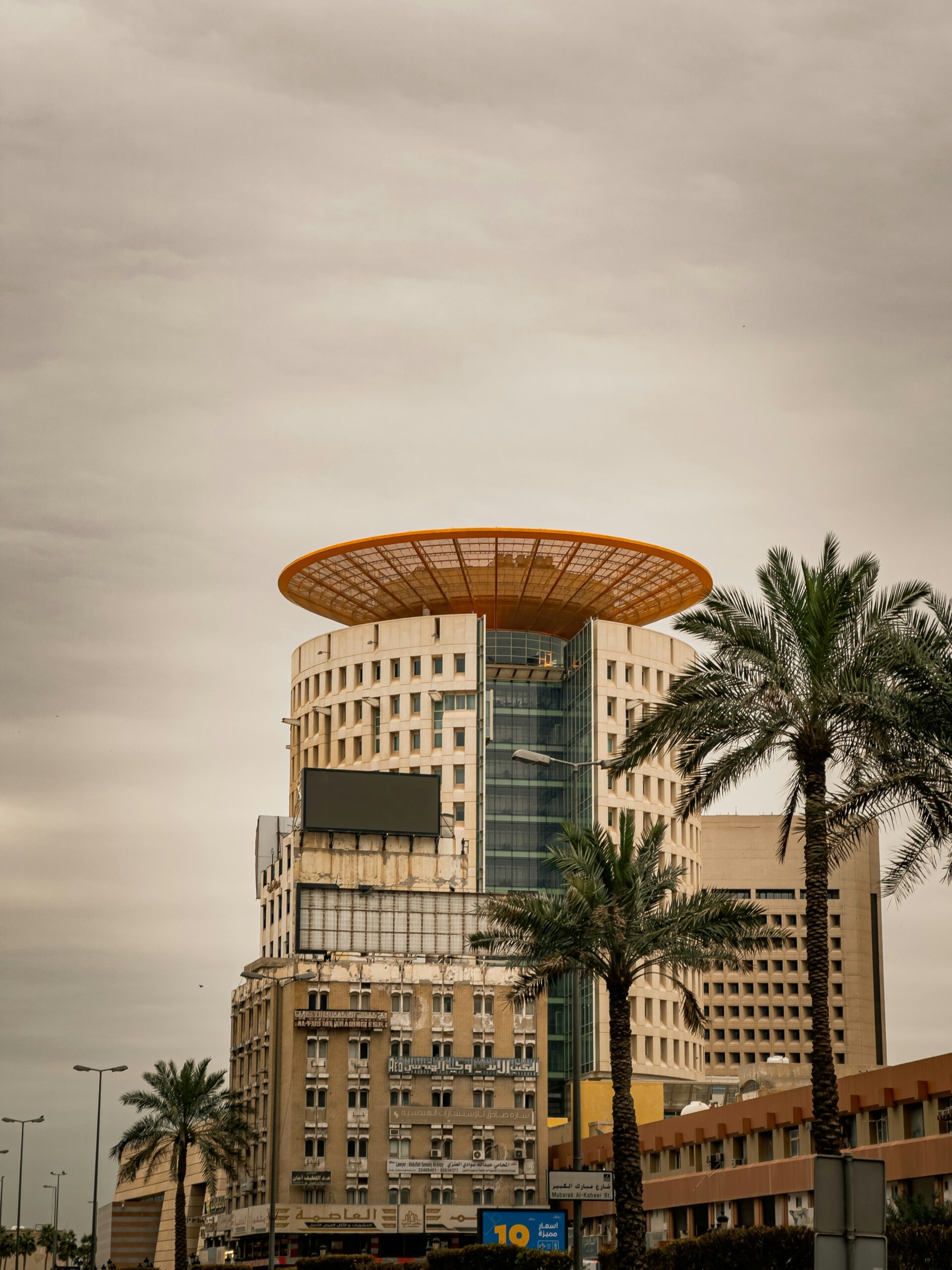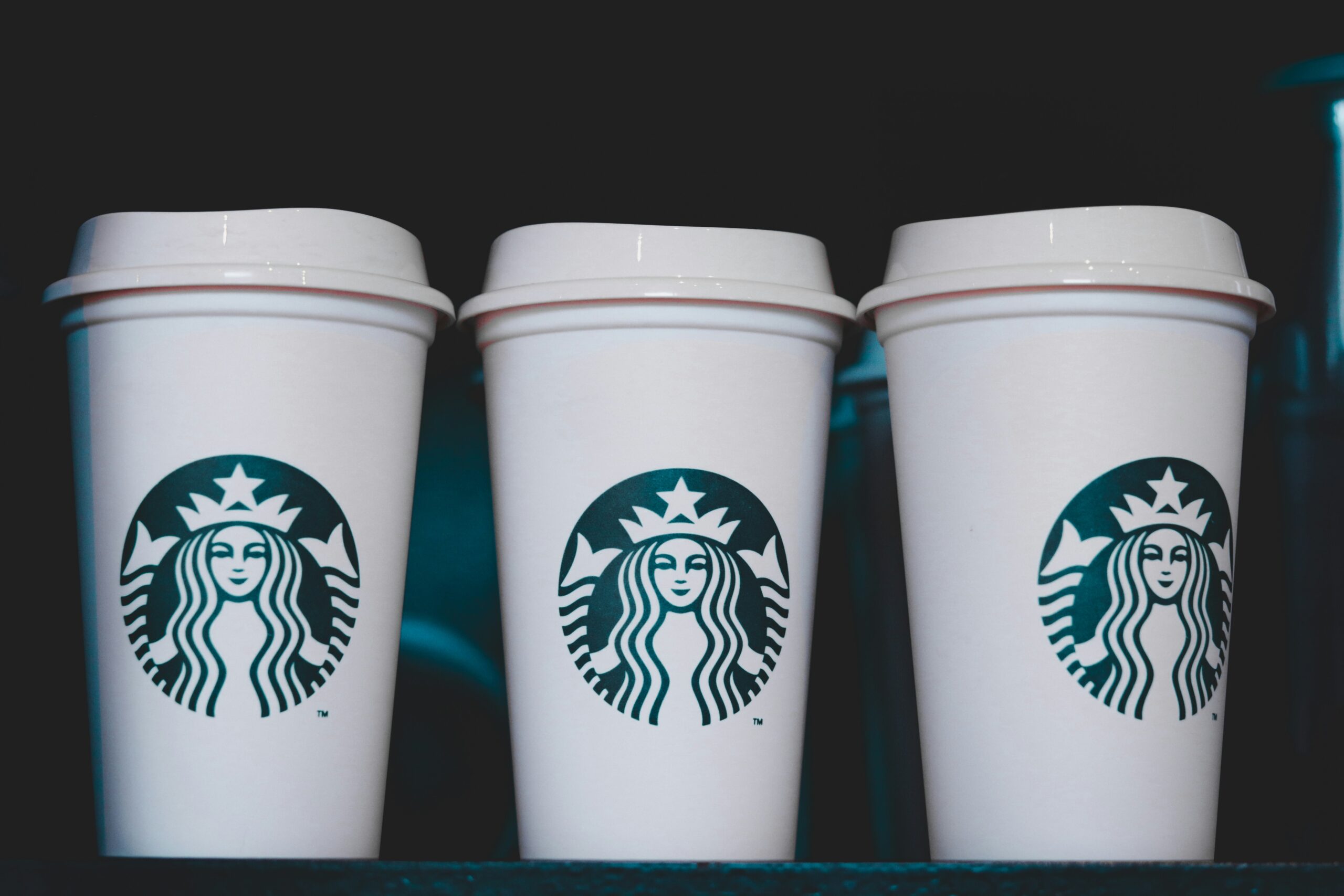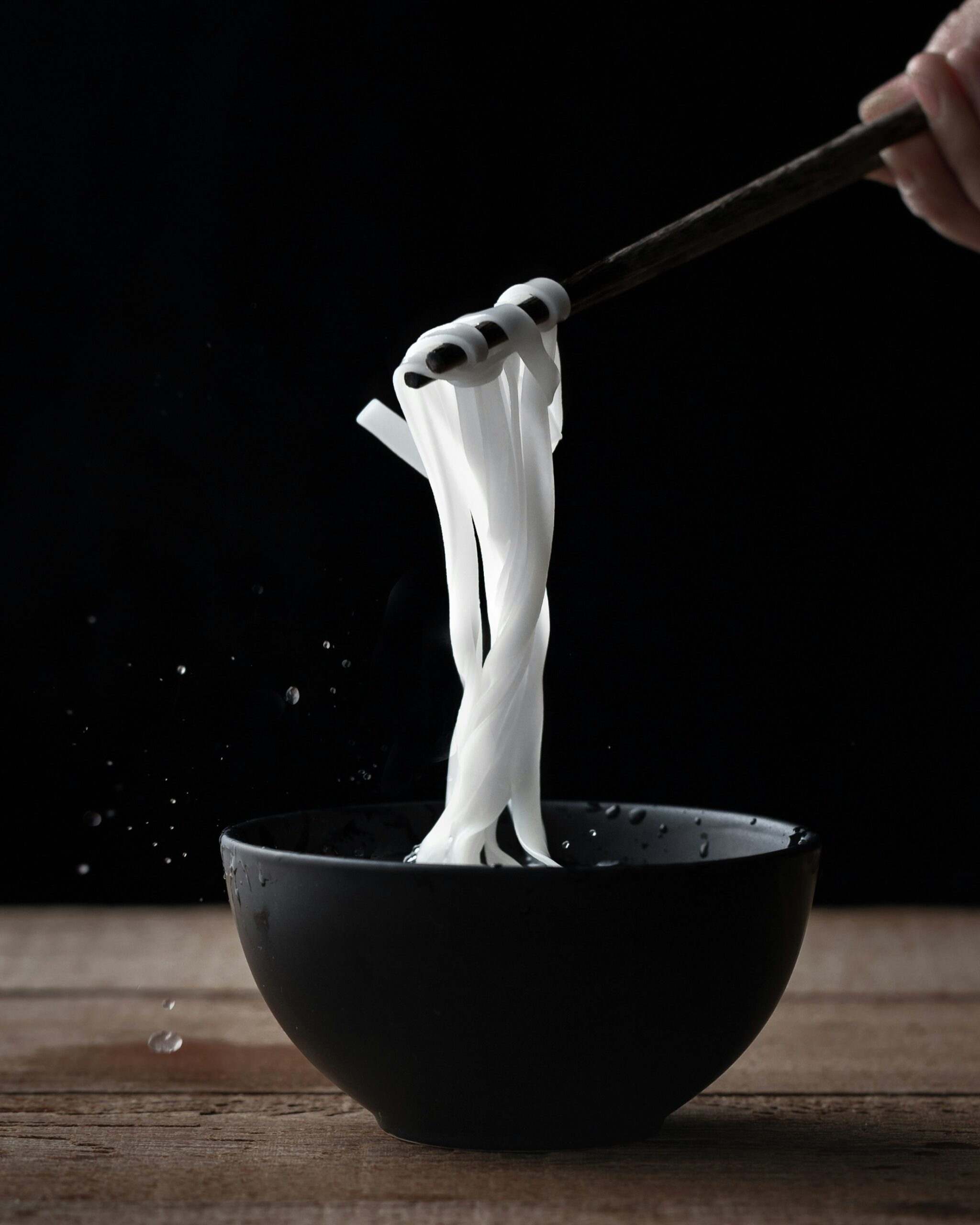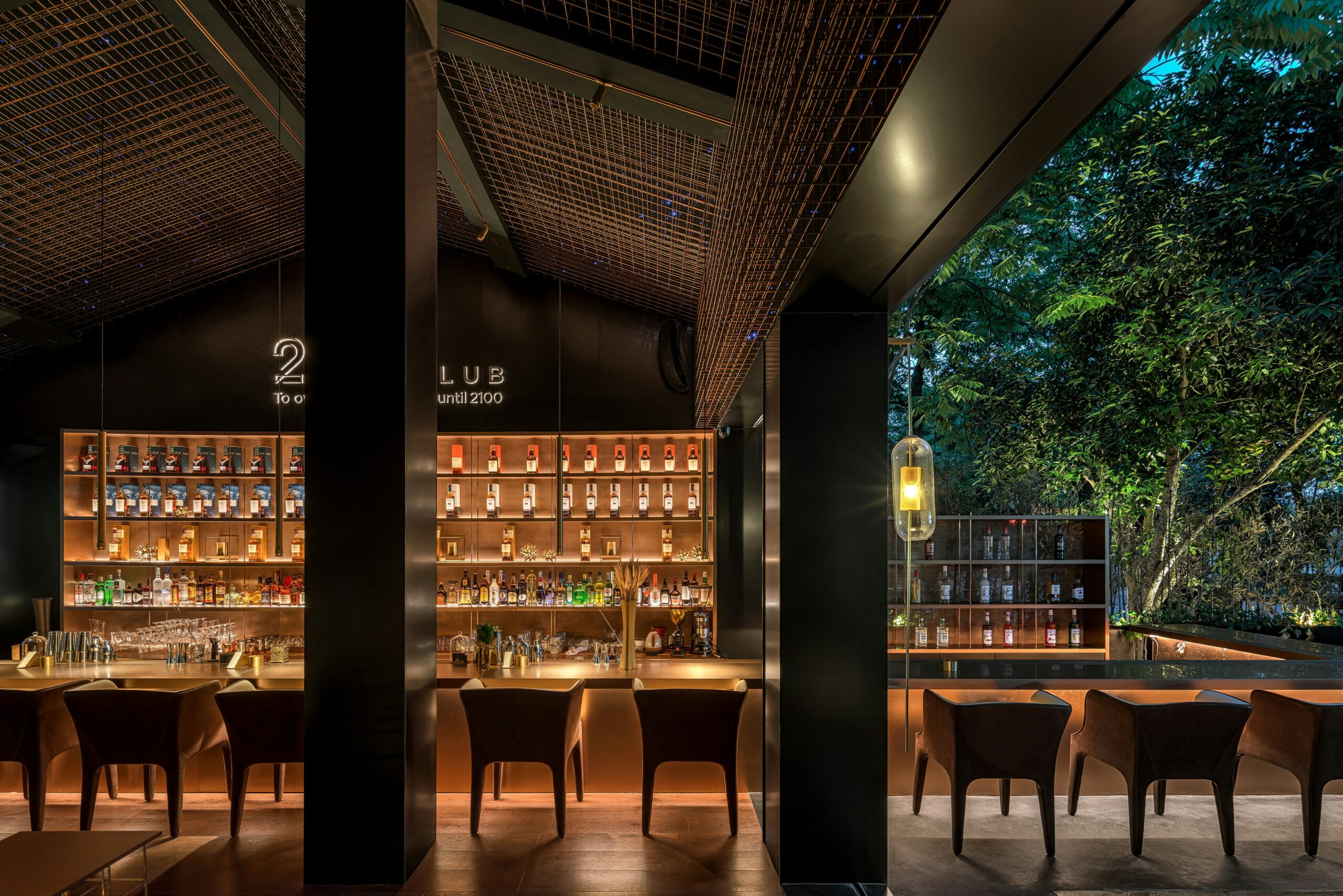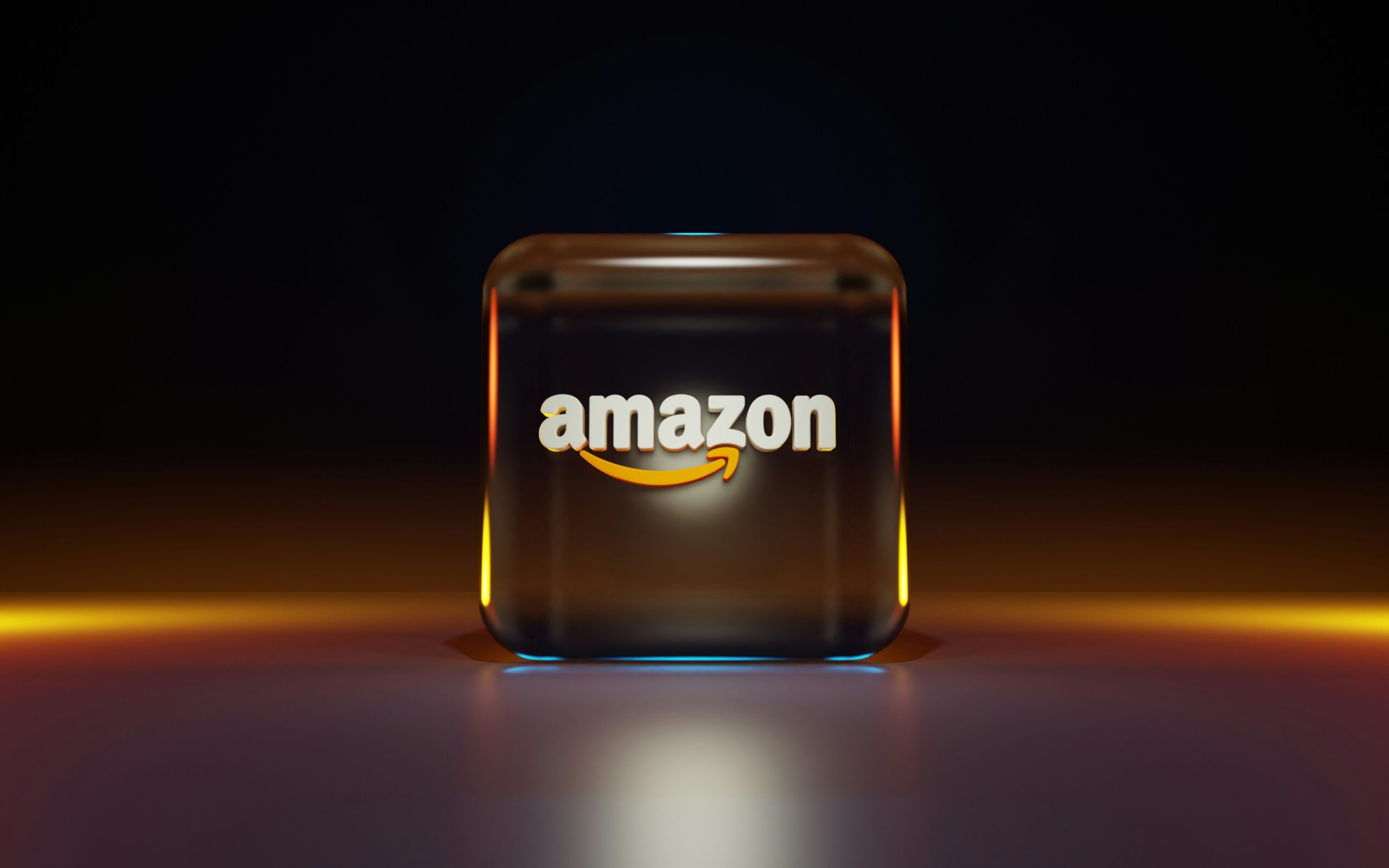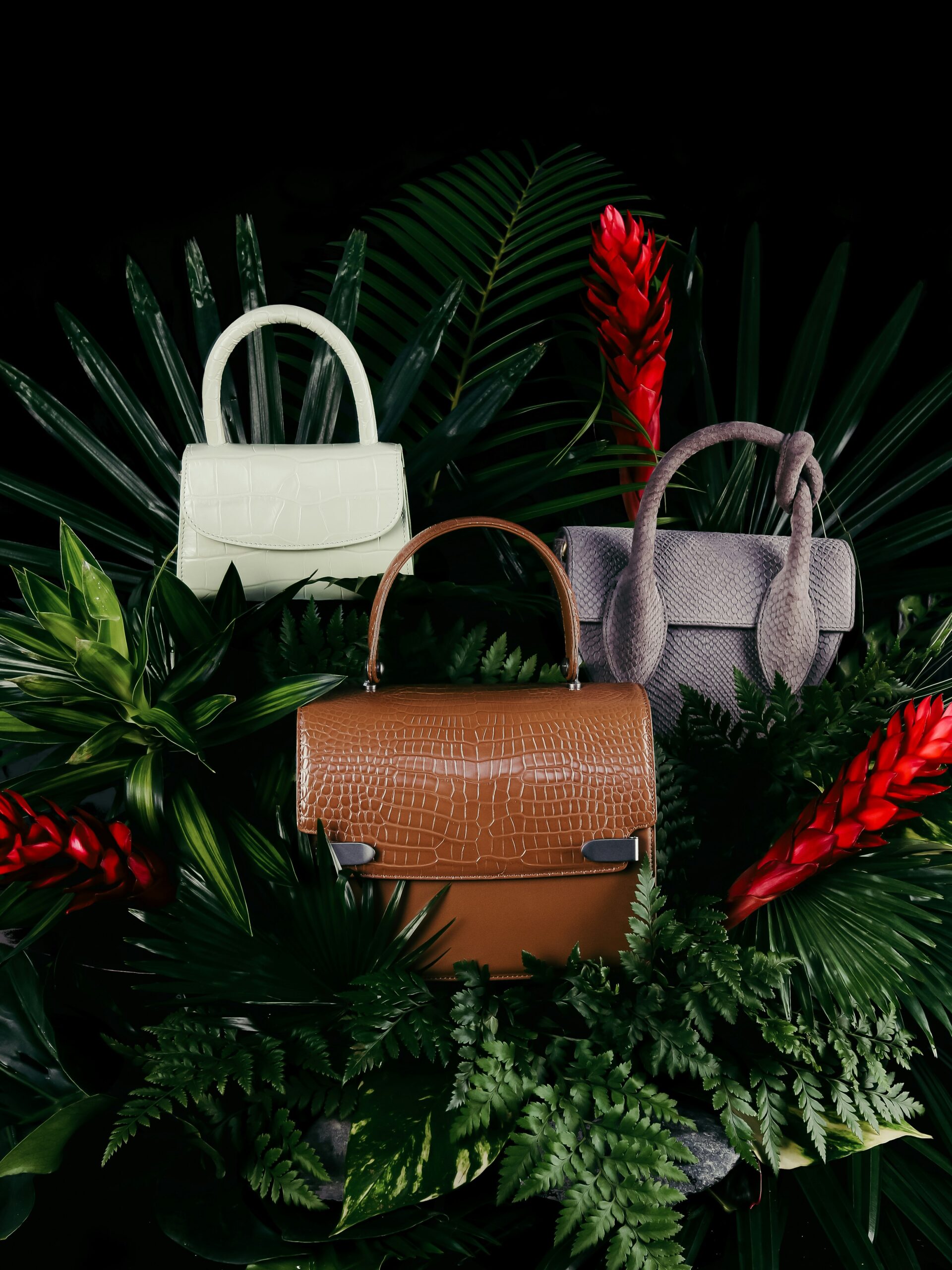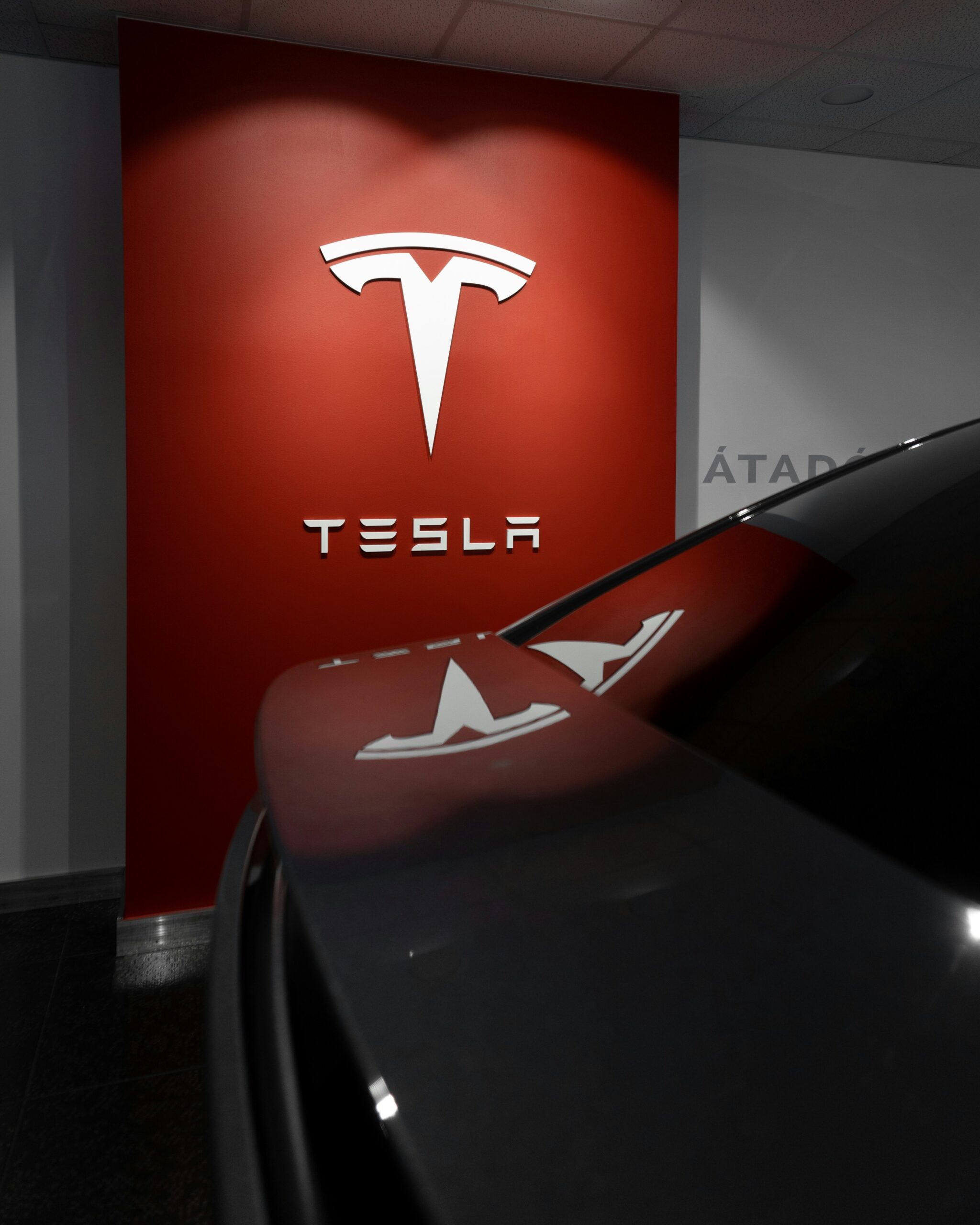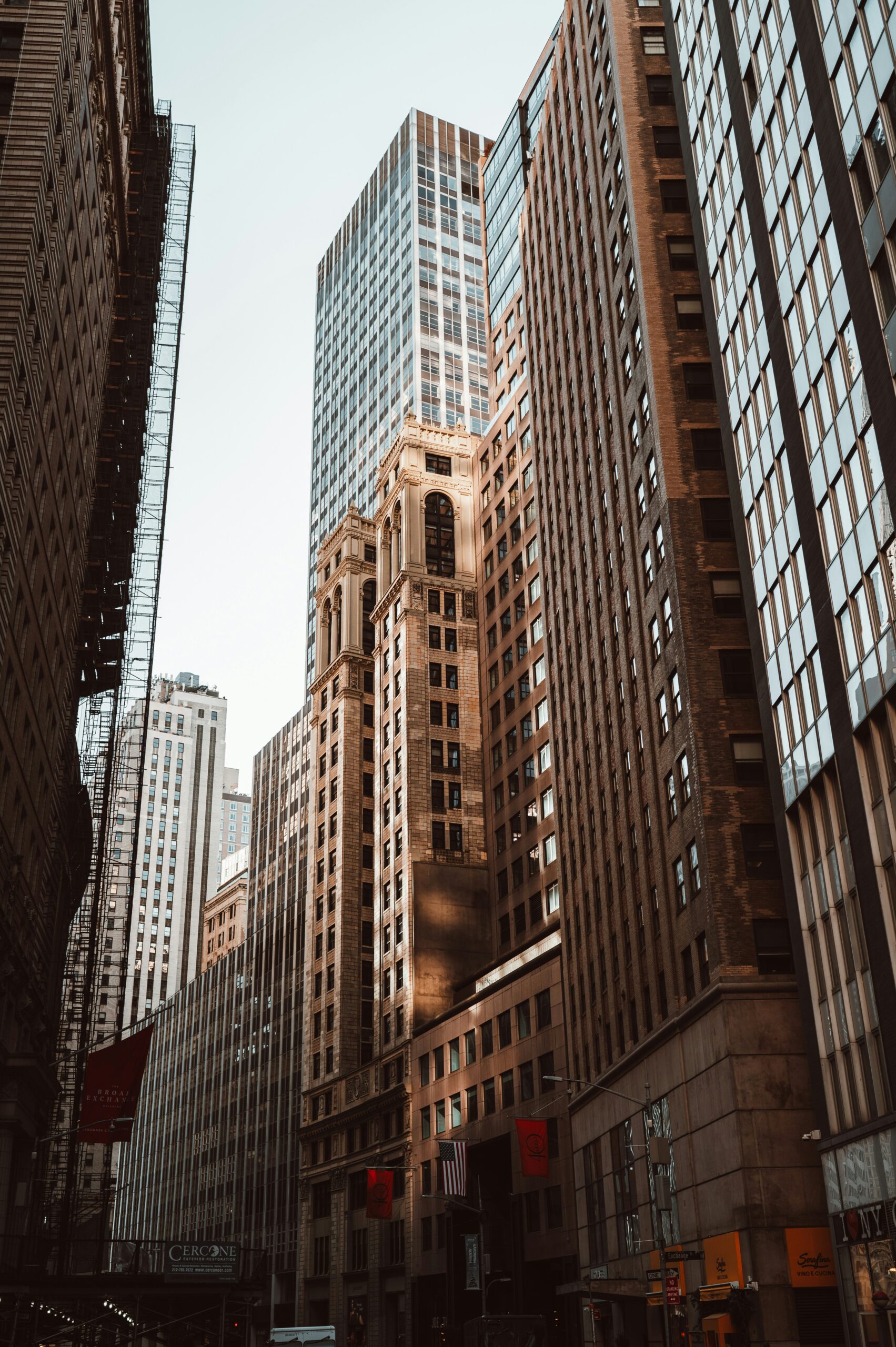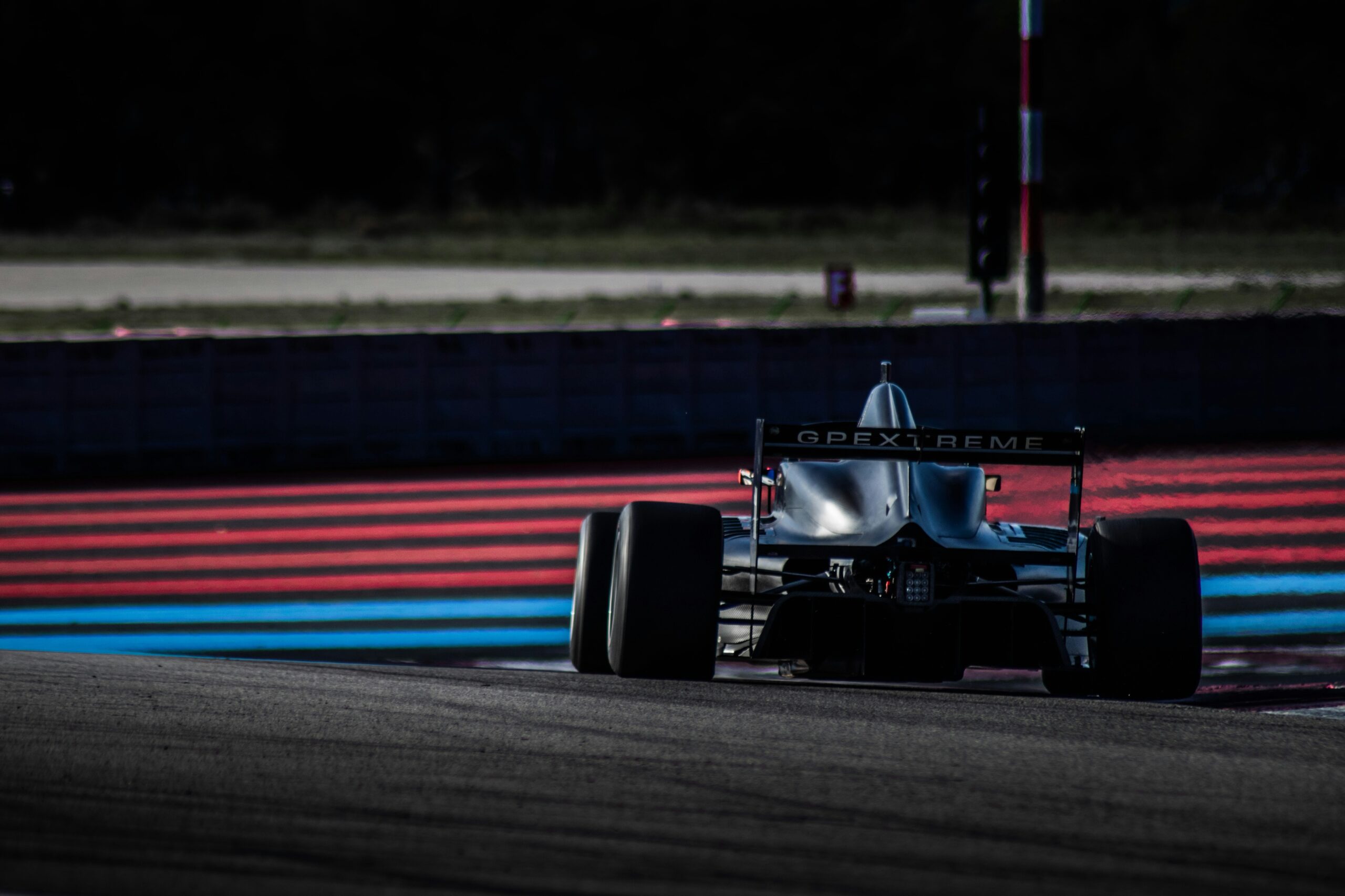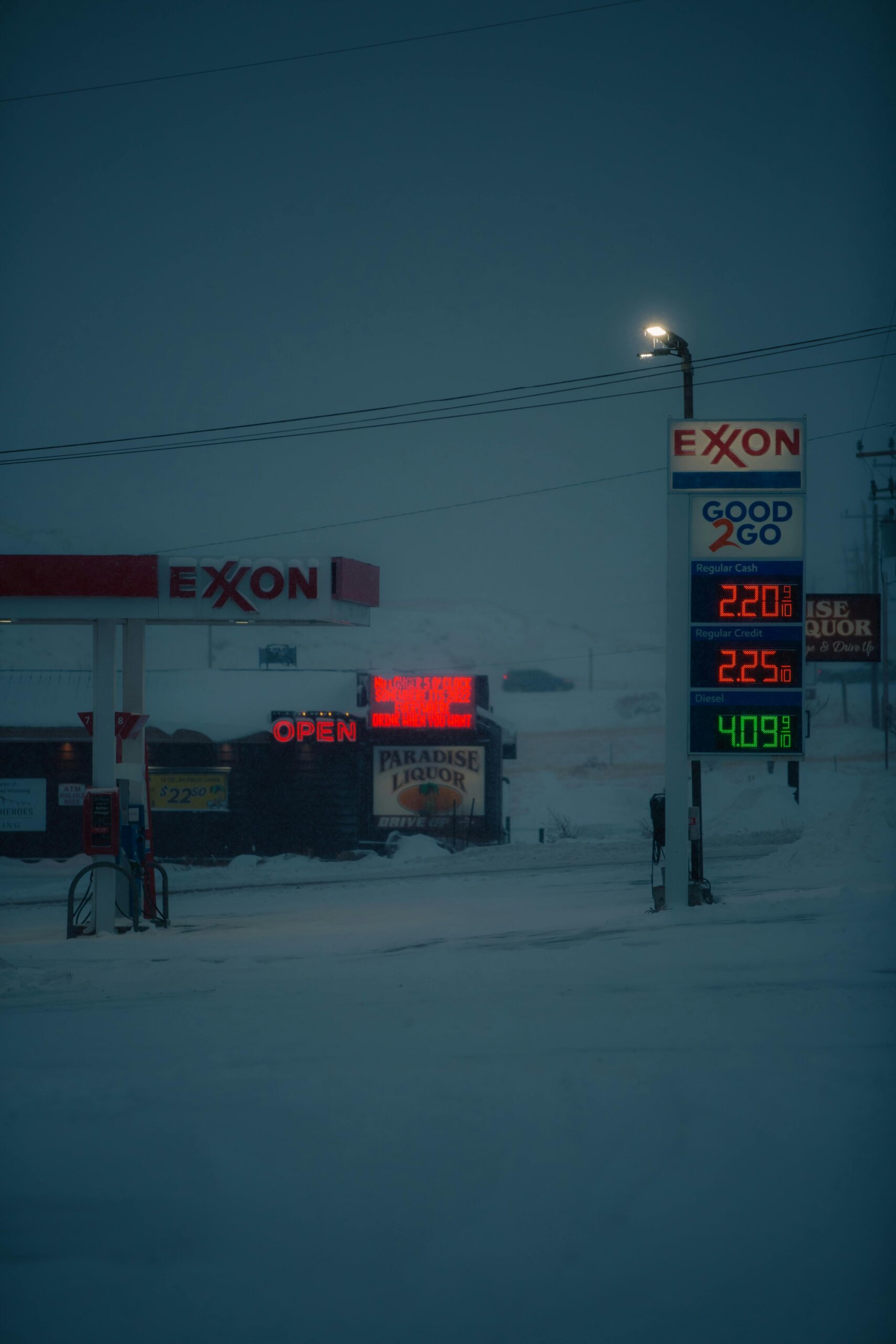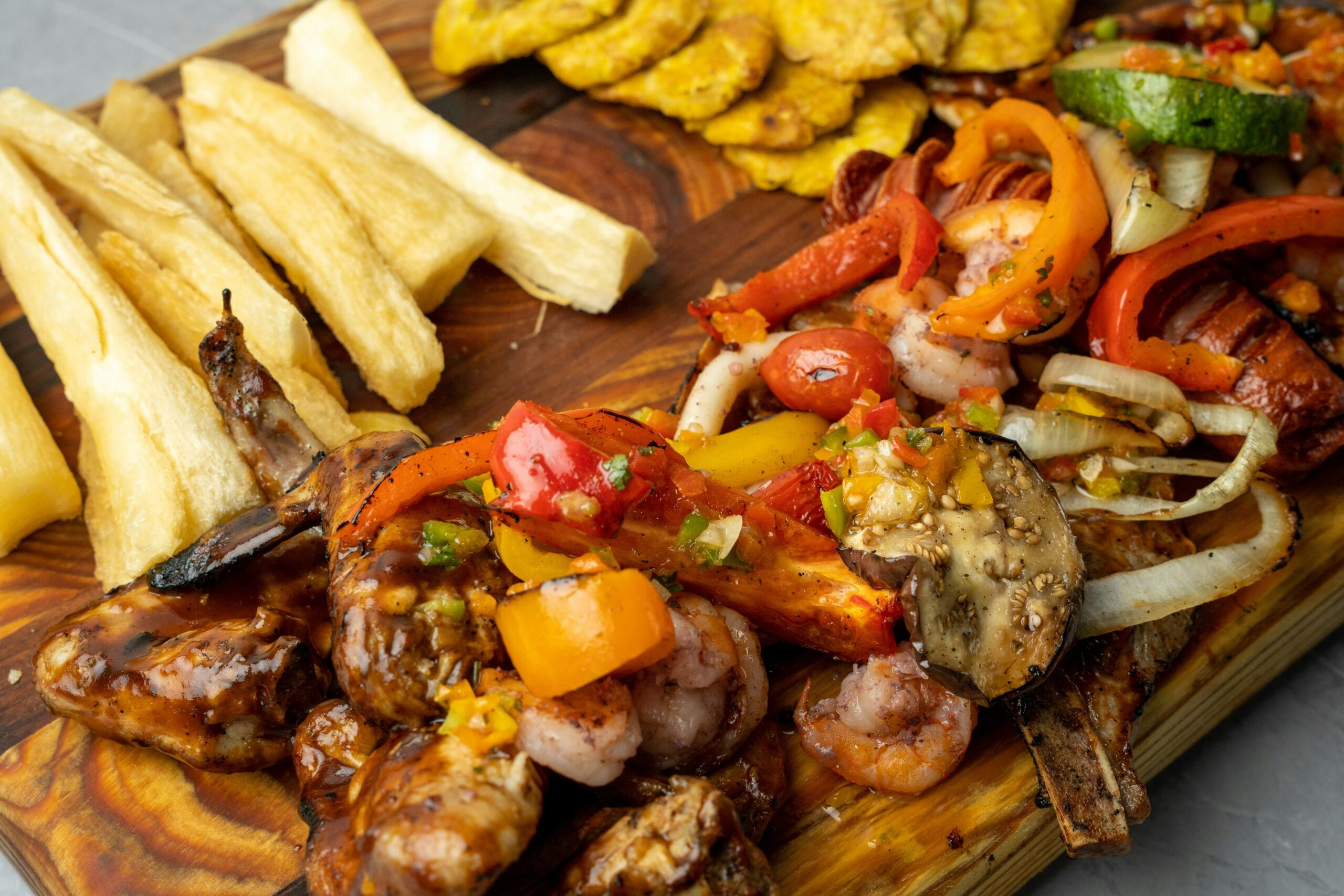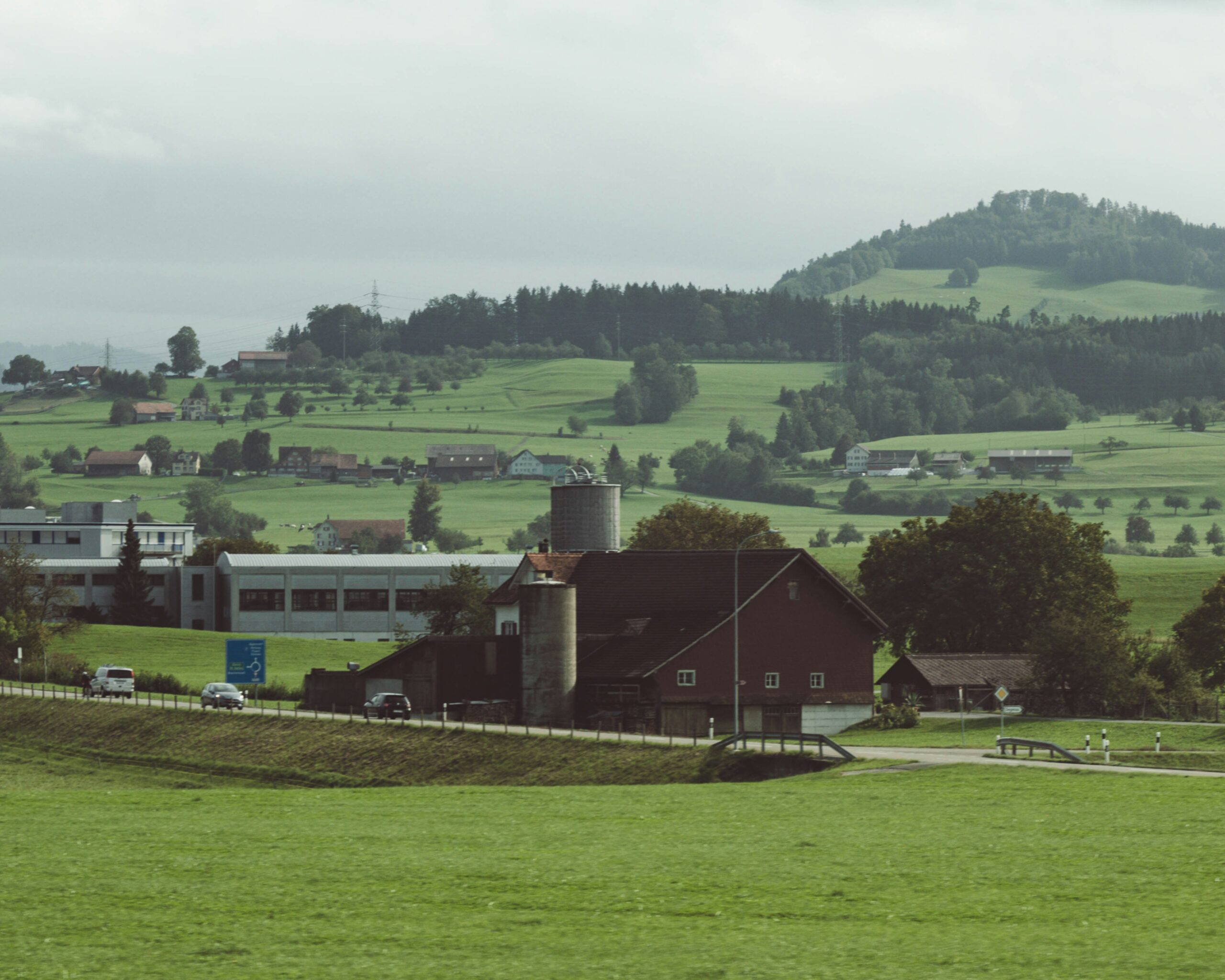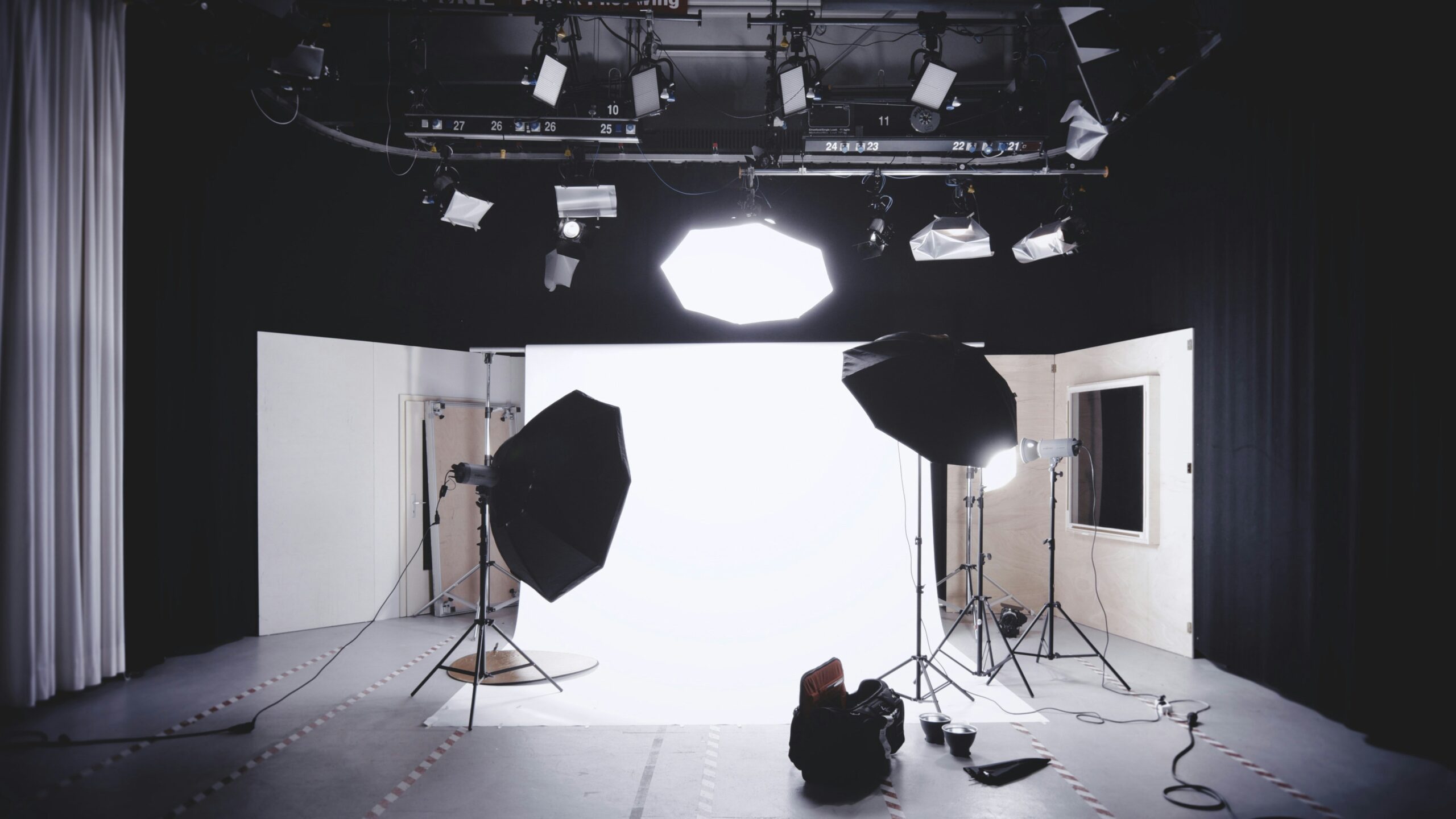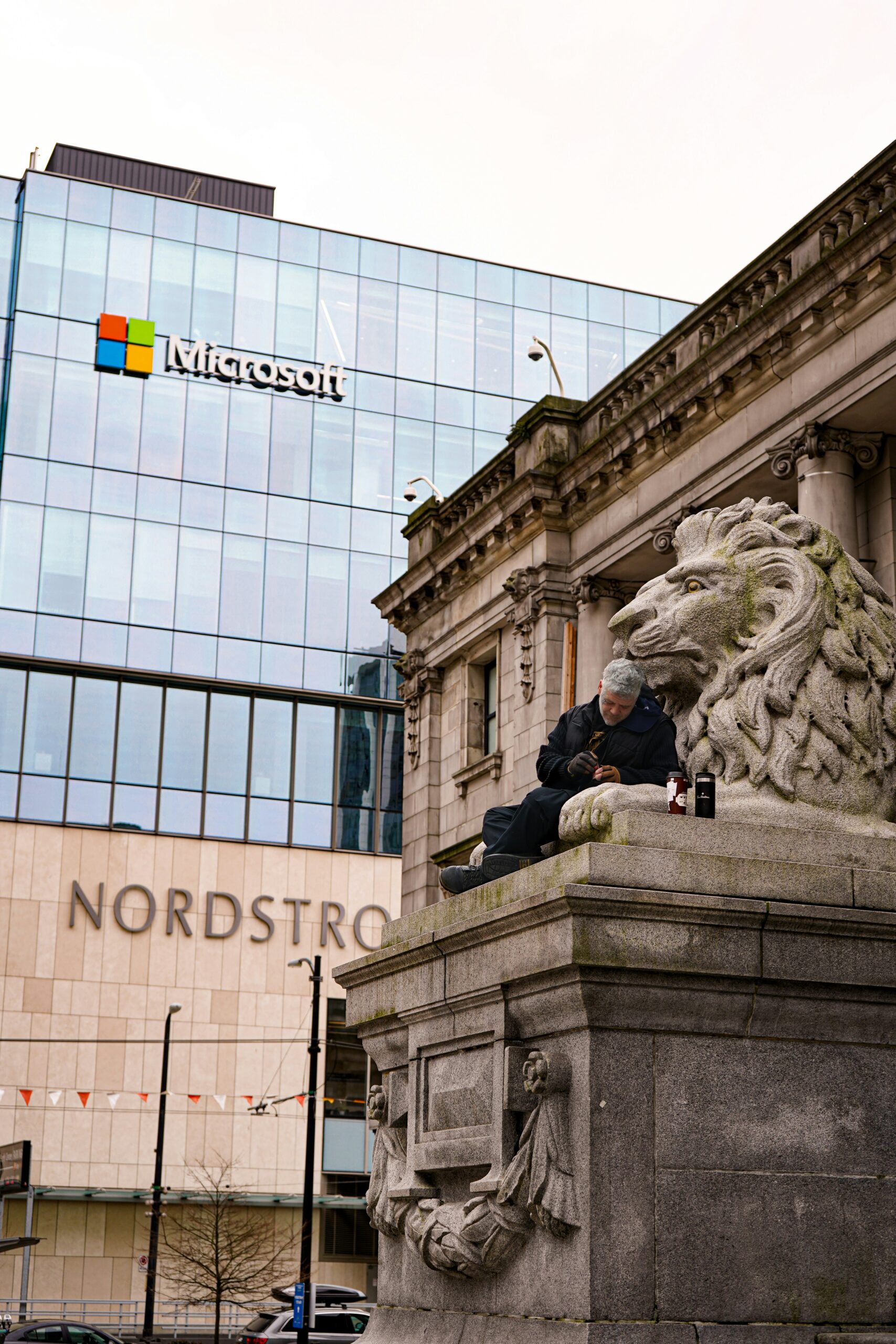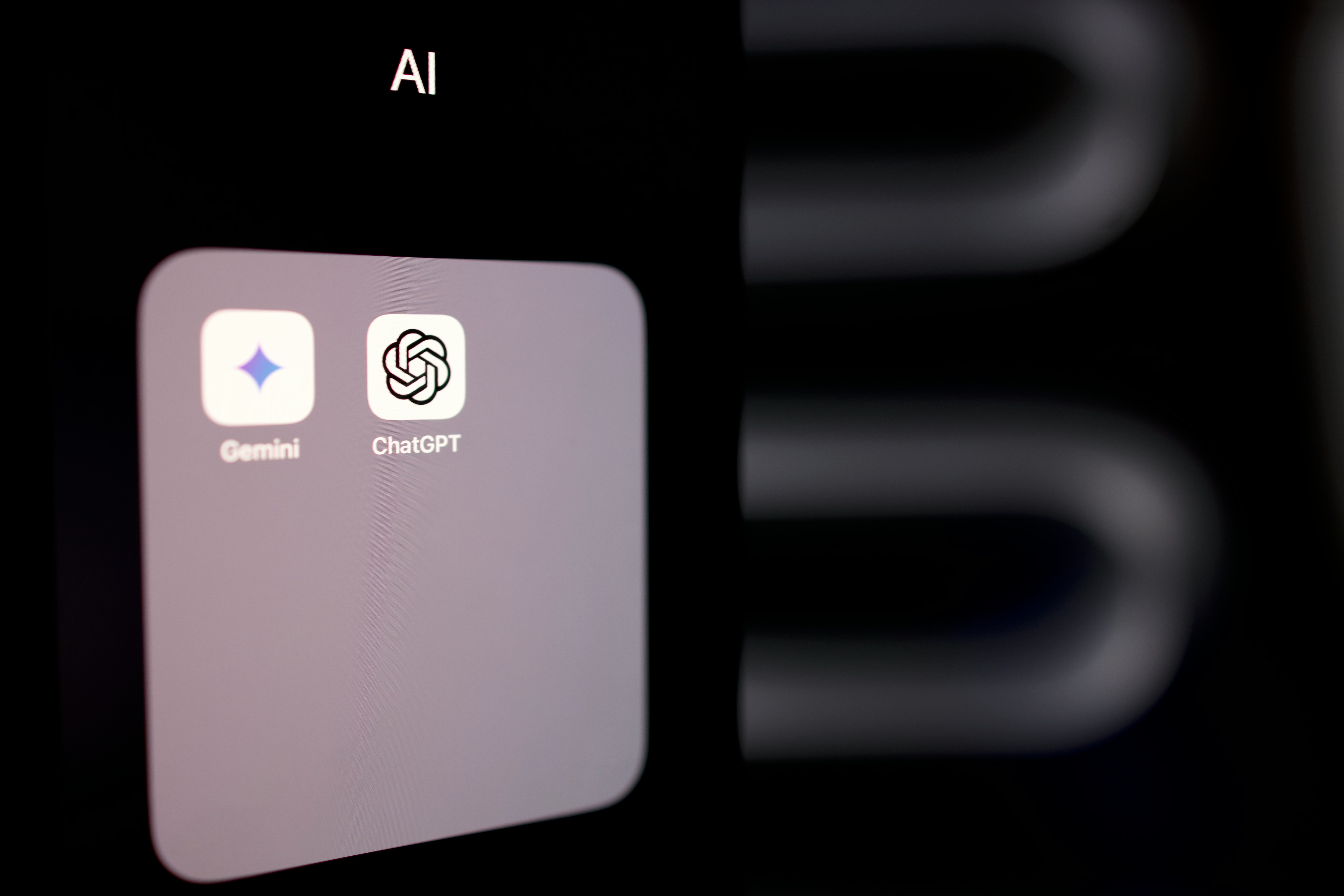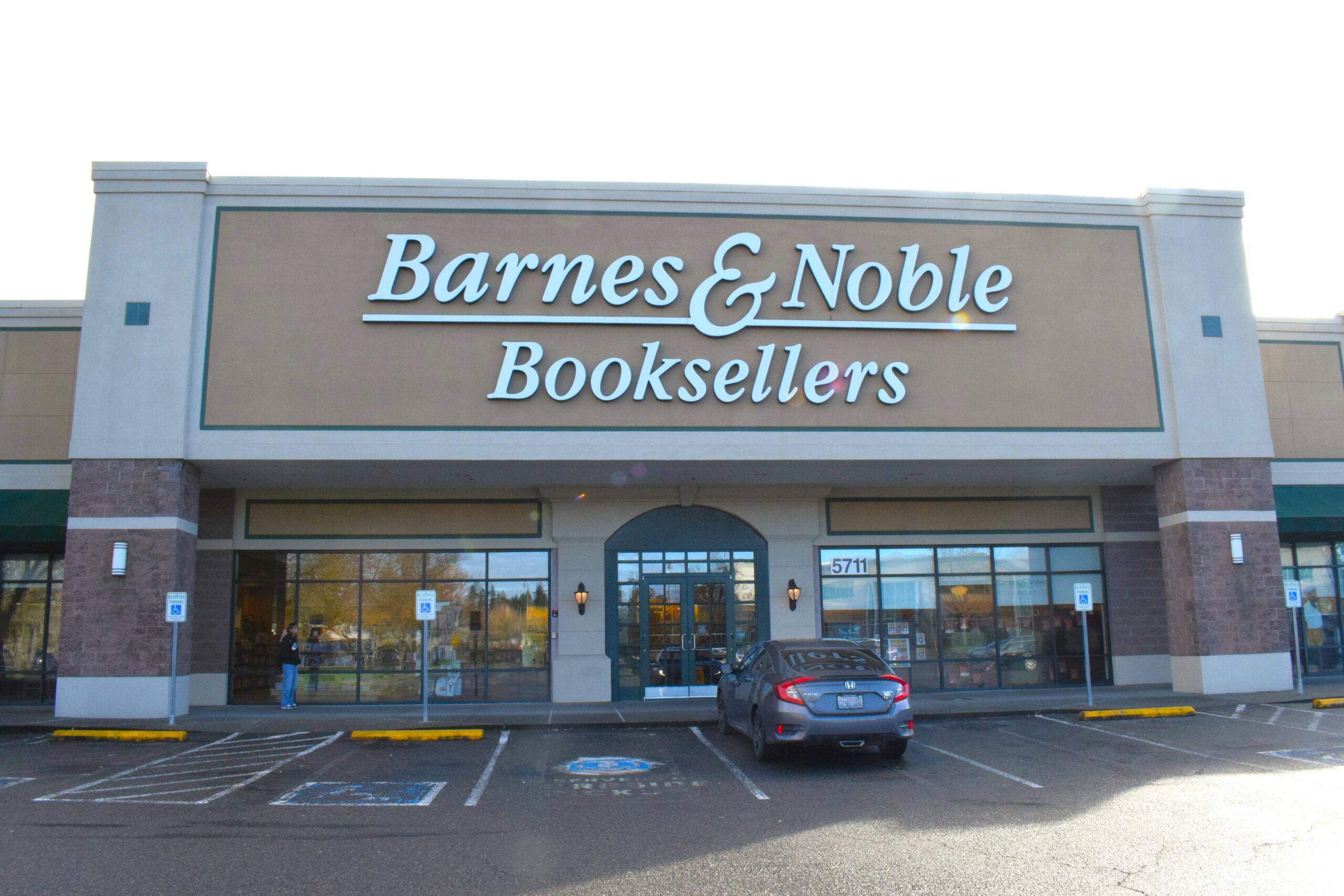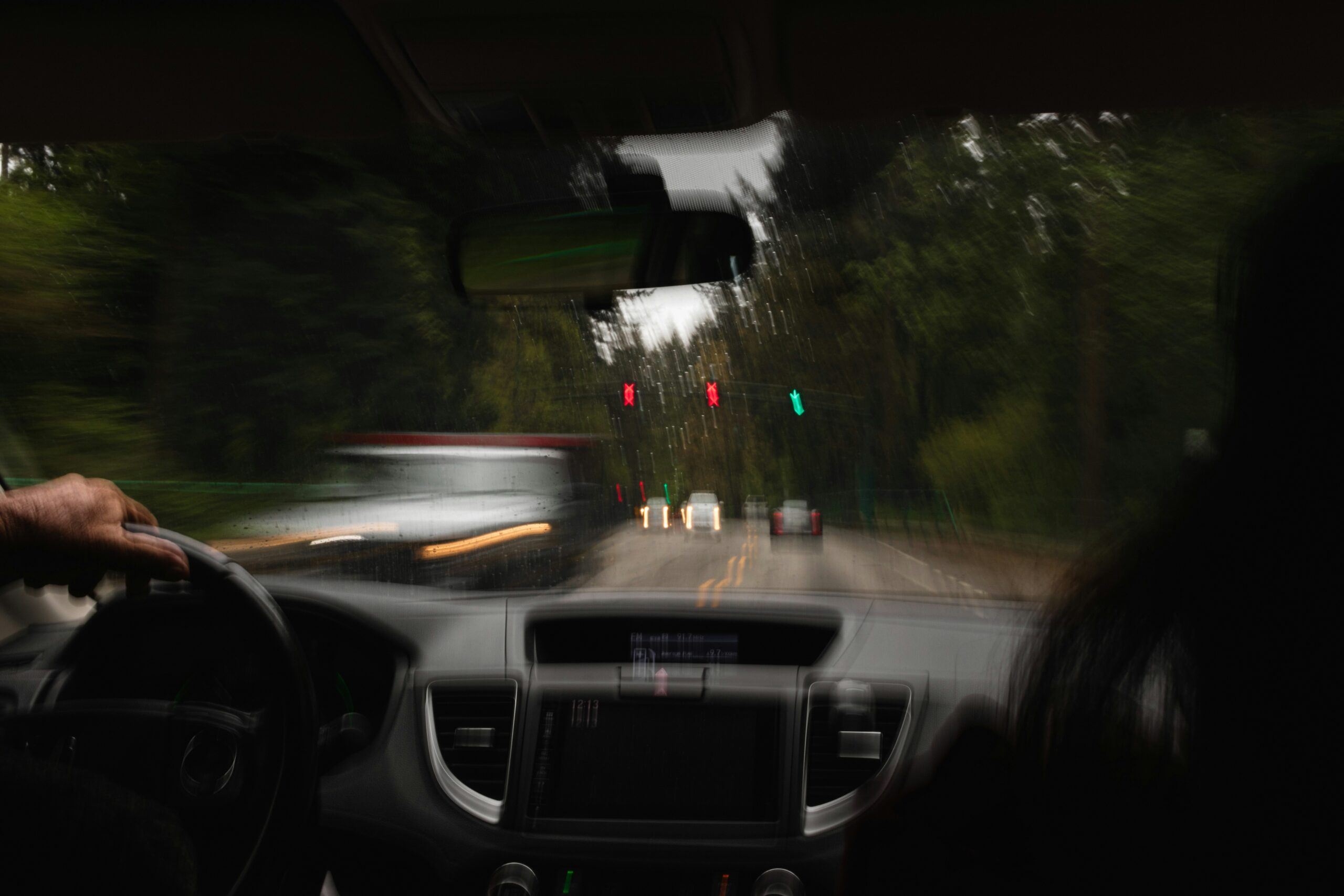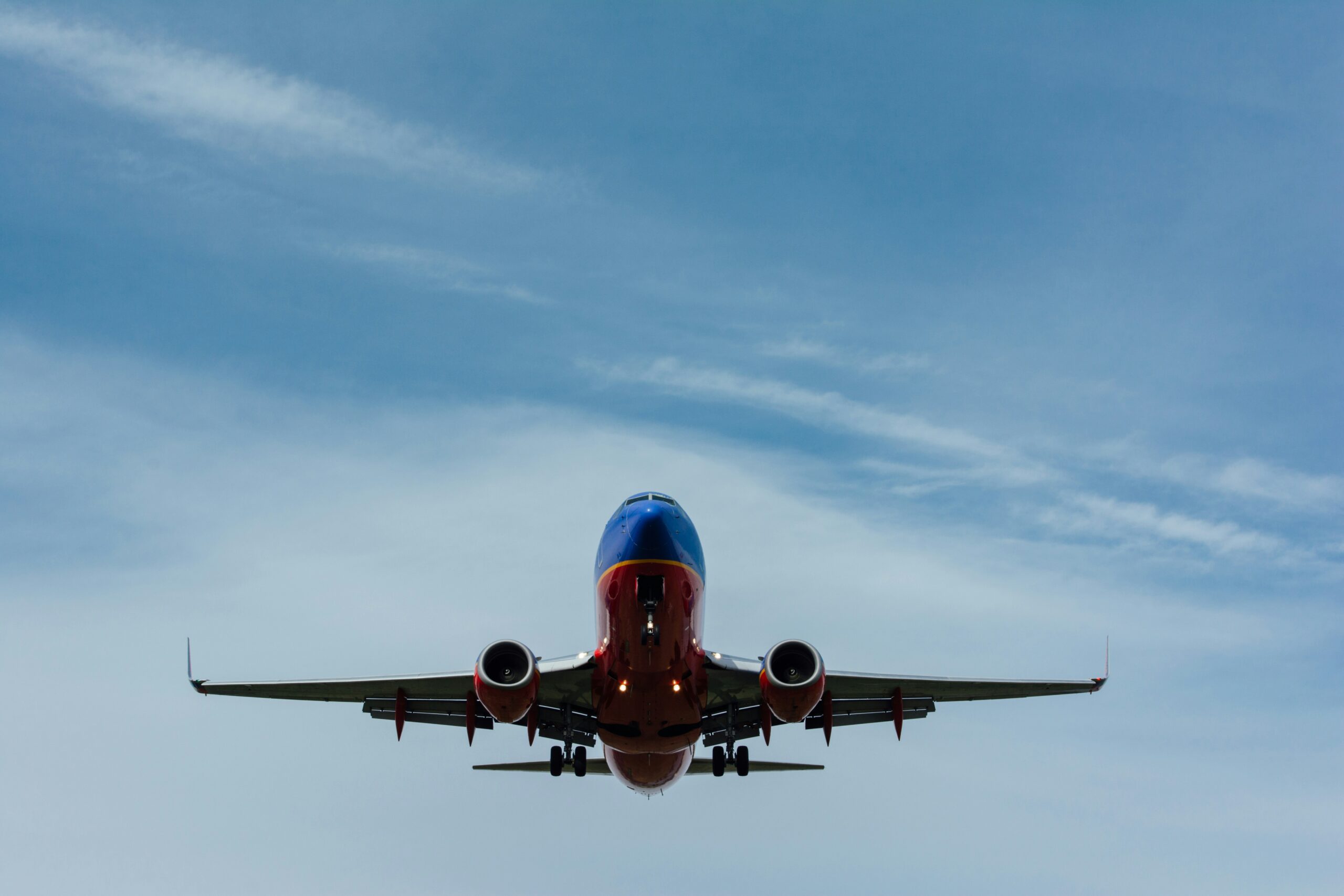Image credit: Unsplash
Starbucks is in shambles. Brian Niccol is the man the company has brought on board to help the high-end coffeehouse chain bounce back from declining sales. He’s the marketing wizard who turned around struggling companies like Taco Bell and Chipotle. He stepped into his new role as the company’s new chairman and chief executive on August 13th.
Niccol has a challenge on his hands. Starbucks was a forward-thinking company giving coffee lovers an Italian cafe experience. Patrons dined in, enjoyed the vibe, and sipped on high-priced Frappuccinos. But things have changed.
Today, the stores have customers scoffing at the high prices. For example, one of the most expensive items is an $8 medium Pumpkin Spice Latte sold at Manhattan Starbucks. Coffee lovers are jumping ship in favor of cheaper, great-tasting options from stores like Wawa. Meanwhile, other patrons seek an upscale experience at chains like Blue Bottle or indie cafes.
Additionally, overworked baristas need help filling orders. Starbucks’ original CEO, Howard Schultz, saw firsthand how chaotic the company had become when he showed up at a Chicago store. Commuters had placed their orders via cell phone. When they arrived, the drinks weren’t ready, and no one could tell which beverage belonged to whom. “Everyone shows up and all of a sudden we’ve got a mosh pit,” Schultz said. “That’s not Starbucks.”
Part of the problem is the menu has become bloated with too many options. The fact that patrons can customize their drinks any way they want has Baristas making 100,000 drink variations. Additionally, the menu offers 11 kinds of milk and creams on the US website. Customers can also choose from iced, blended, foam, shakes, and flavored drinks.
“Niccol needs to figure out who Starbucks’ core customers are, and what they like to drink and then start trimming the excess,” said Phil Kafarakis, president and CEO of the International Foodservice Manufacturers Association trade group.
Baristas are also under pressure to prepare these drinks very fast. One of Starbucks’ rivals, Caribou Coffee, has 77% of its customers getting their orders in 5 minutes or less. The same study reported that Starbucks came in at 62%.
What adds to the overwhelm is that nearly 75% of Starbucks orders come from its mobile app, drive-thru windows, and delivery partners like DoorDash. Although Starbucks added new brewing machines and workstations to help Baristas fill orders faster, it hasn’t panned out well. According to Michelle Eisen, a barista and union organizer, “They’re adding channels but not adding the bodies they need to keep up with that.”
This is where Niccol’s expertise could reverse Starbucks’ downward spiral. At Chipotle, he streamlined stores to shorten wait times. He also lured customers back with limited-time menu items. In 2018, the chain had well-publicized food poisoning outbreaks. Five years later, Niccol nearly doubled Chipotle’s sales.
However, Starbucks isn’t Chipotle. The coffee chain is larger, with 38,038 stores worldwide. On the international front, there are ongoing boycotts in the Middle East and low-cost competition in China. Nevertheless, Starbucks has a lot of confidence in Niccol’s abilities. “We look forward to the fresh ideas that Brian will bring to our business,” the company said.
Starbucks has a contract with Niccol worth roughly $100 million. The California resident also has access to the corporate jet, which will fly him to and from the company’s Seattle headquarters.
This significant move prompted Chris Kayes, a professor of management at The George Washington University, to refer to Niccol as a “celebrity CEO.” From Kaye’s perspective, “He’s the Ryan Reynolds of CEOs. They’re paying a lot upfront but expecting a return at the box office.”
To piggyback on Kaye’s analogy, it remains to be seen whether Niccol will deliver a box-office blockbuster or a box-office bomb.
